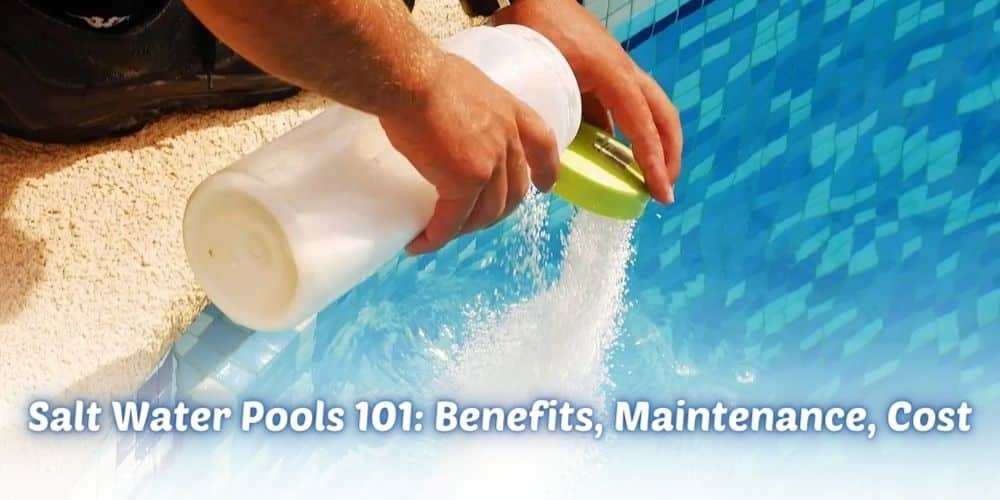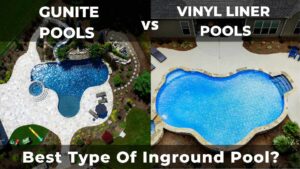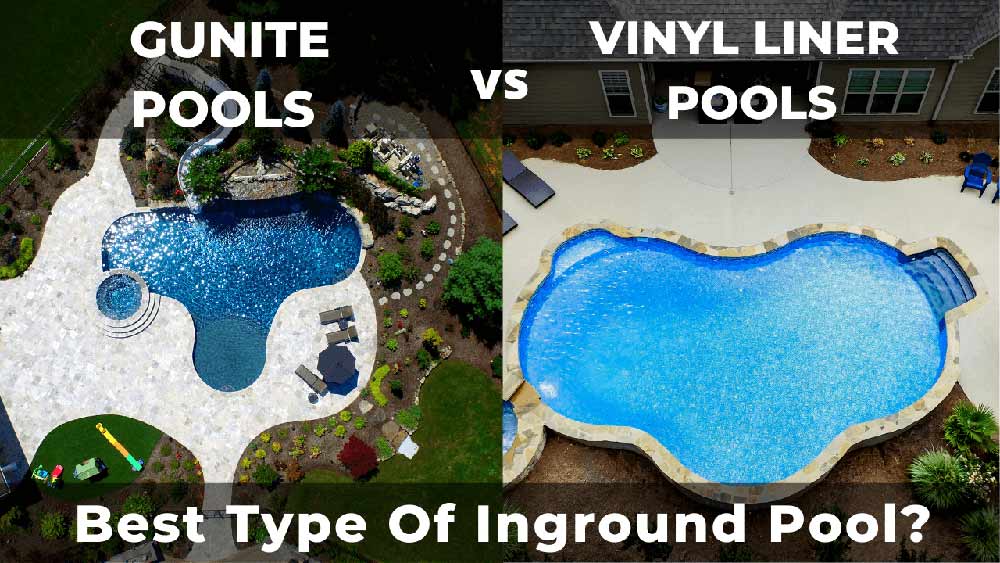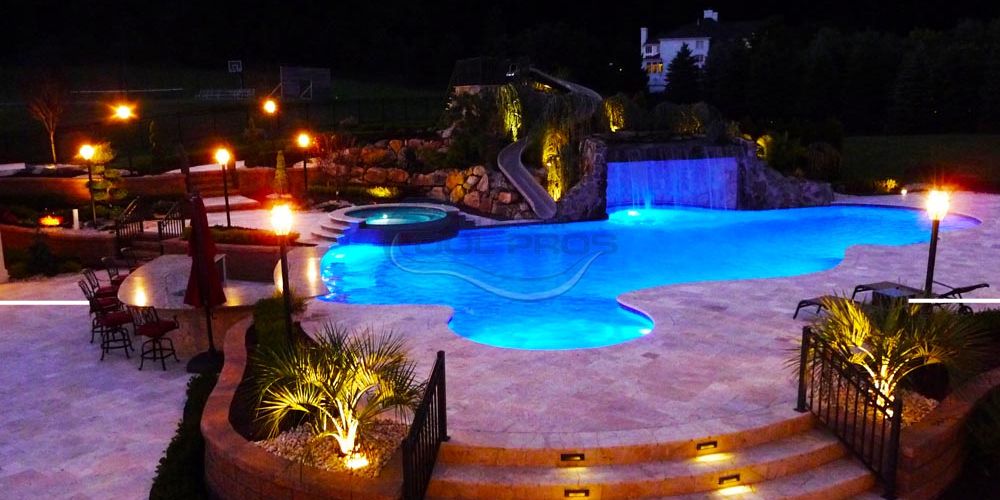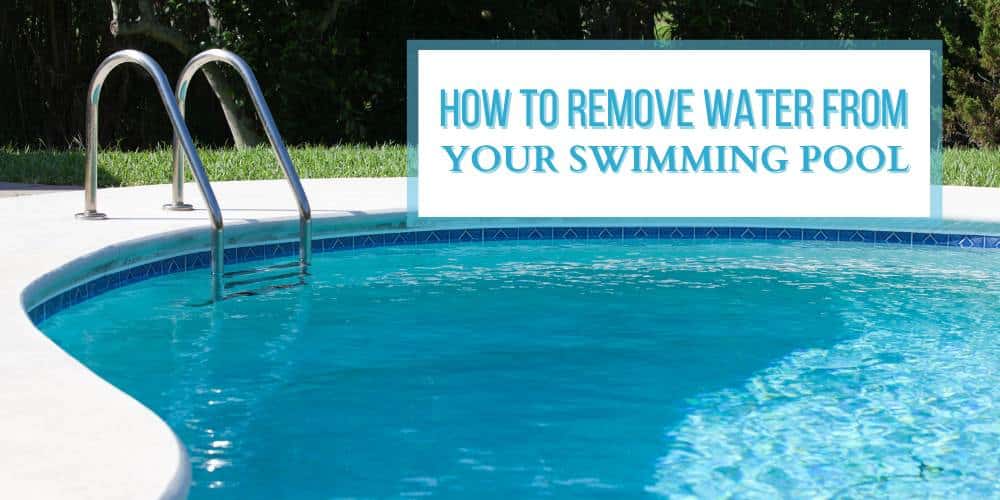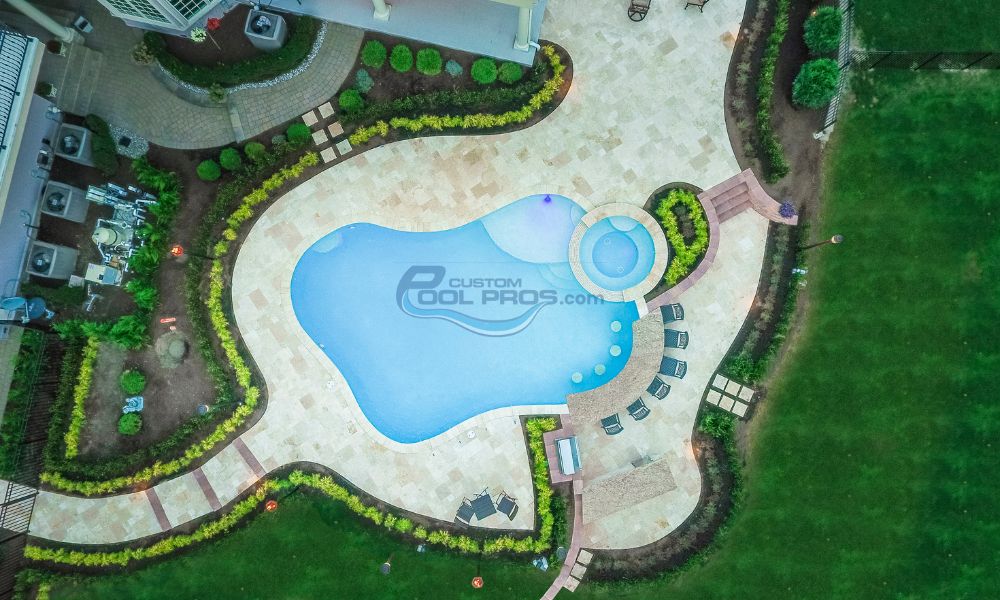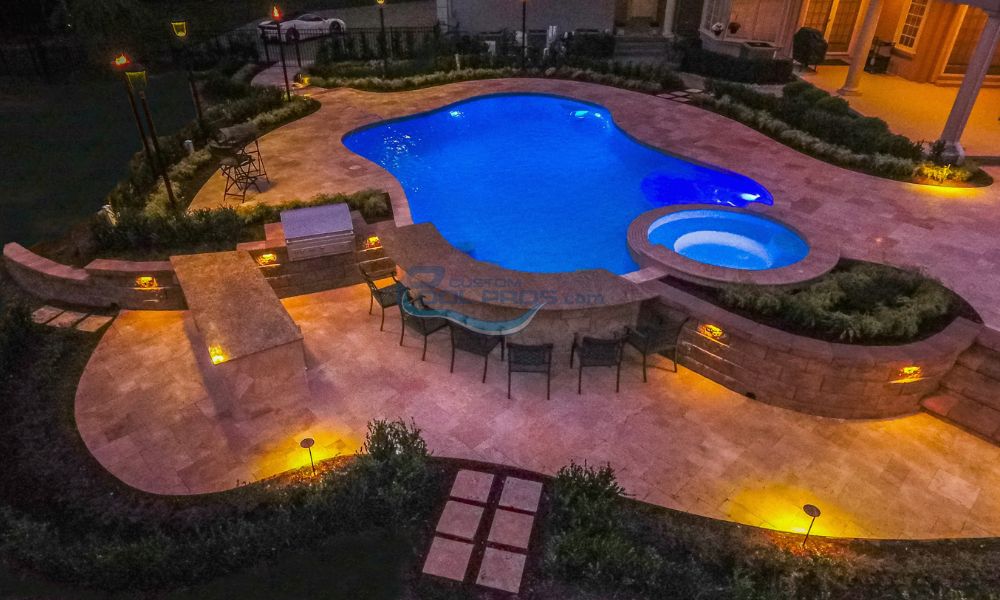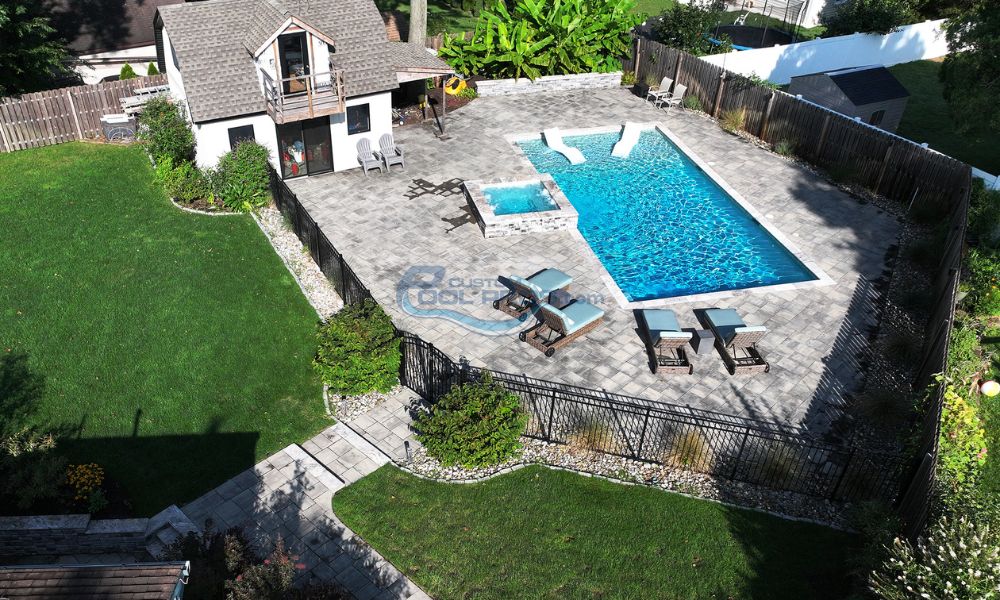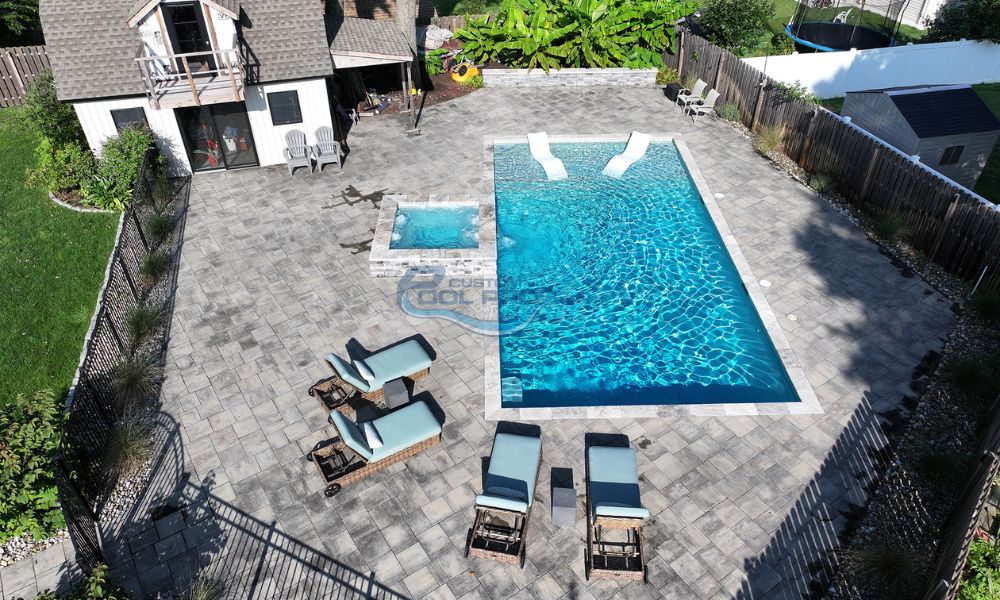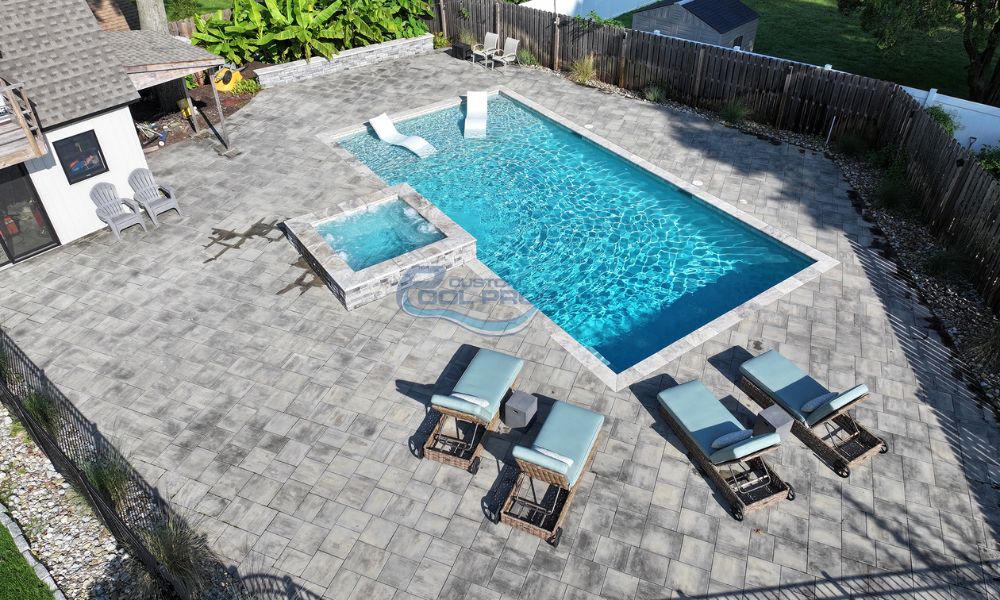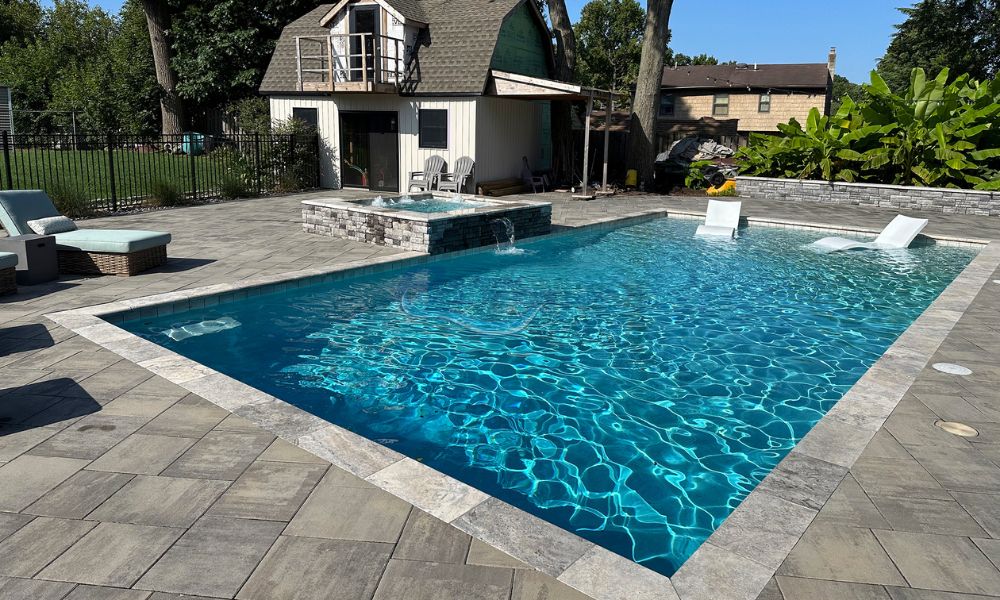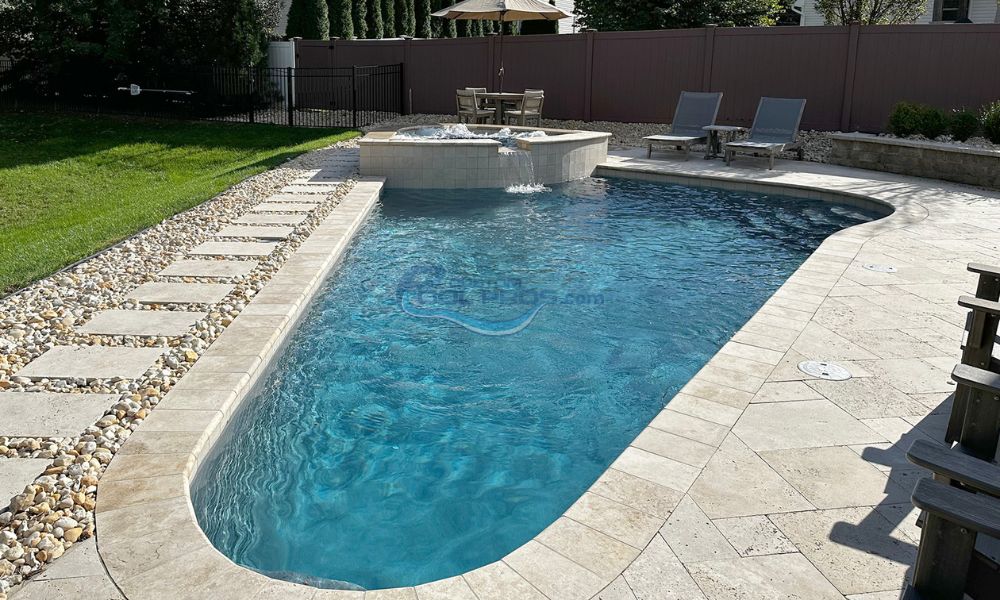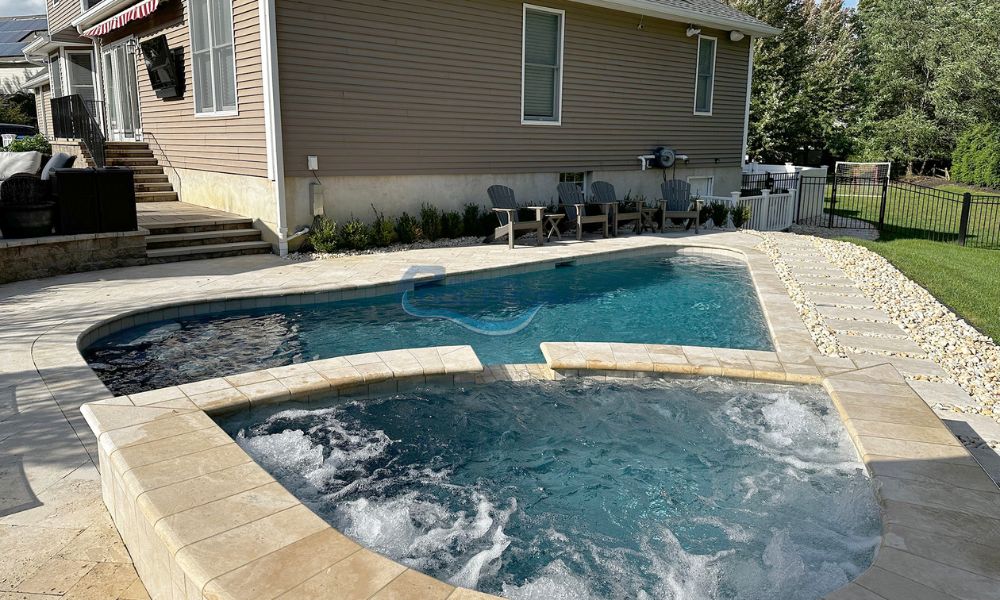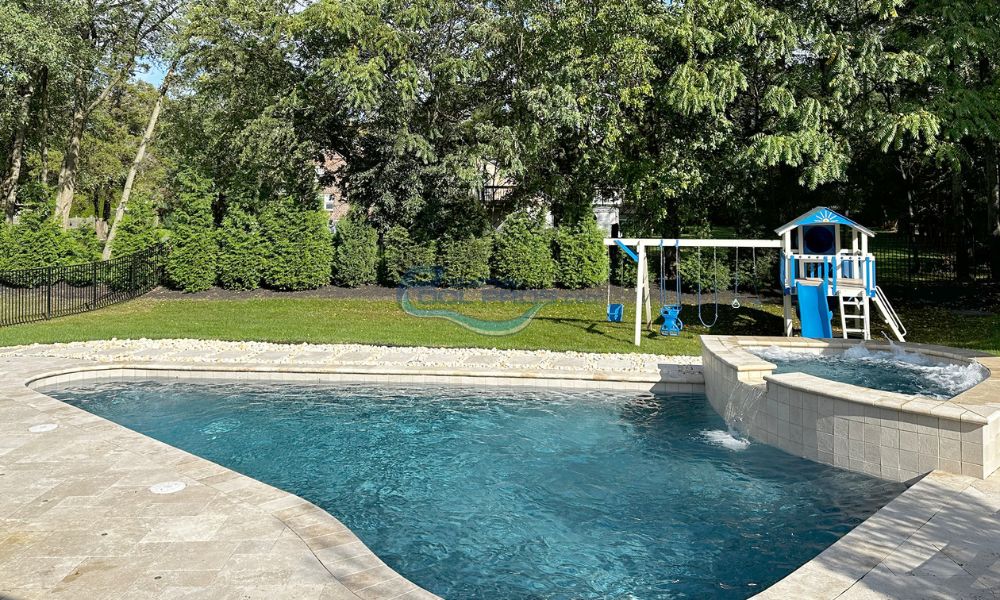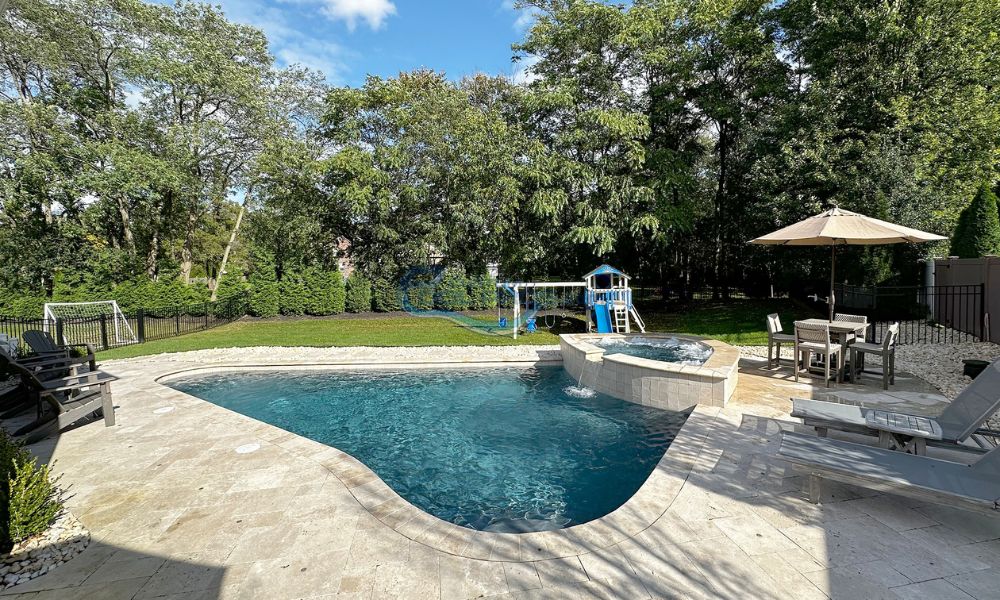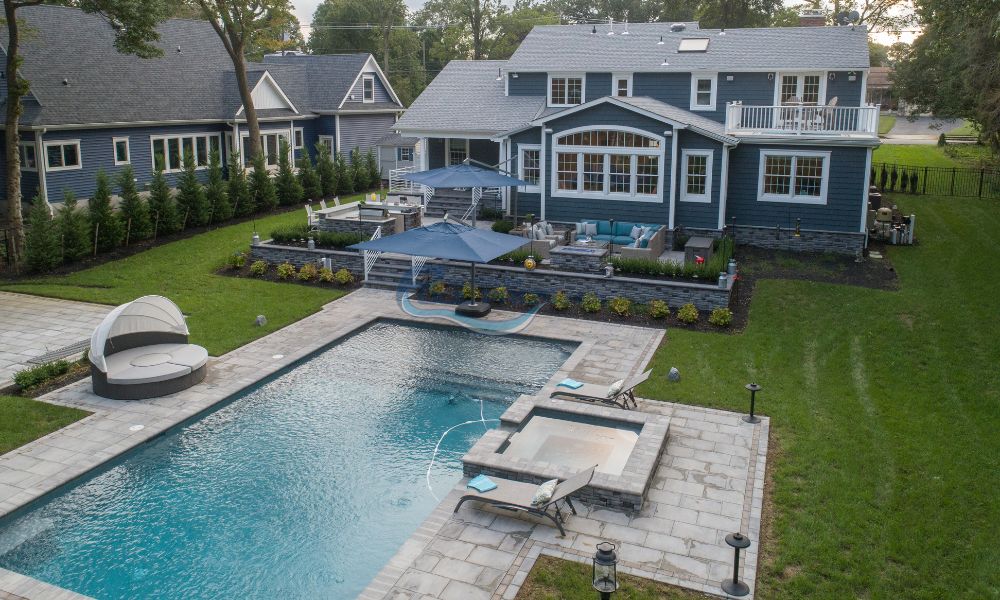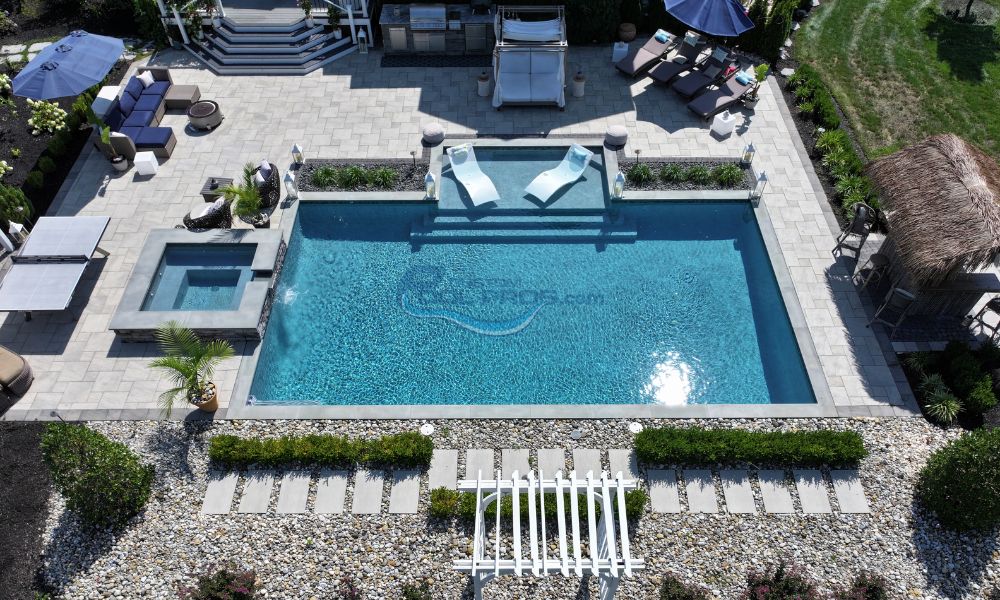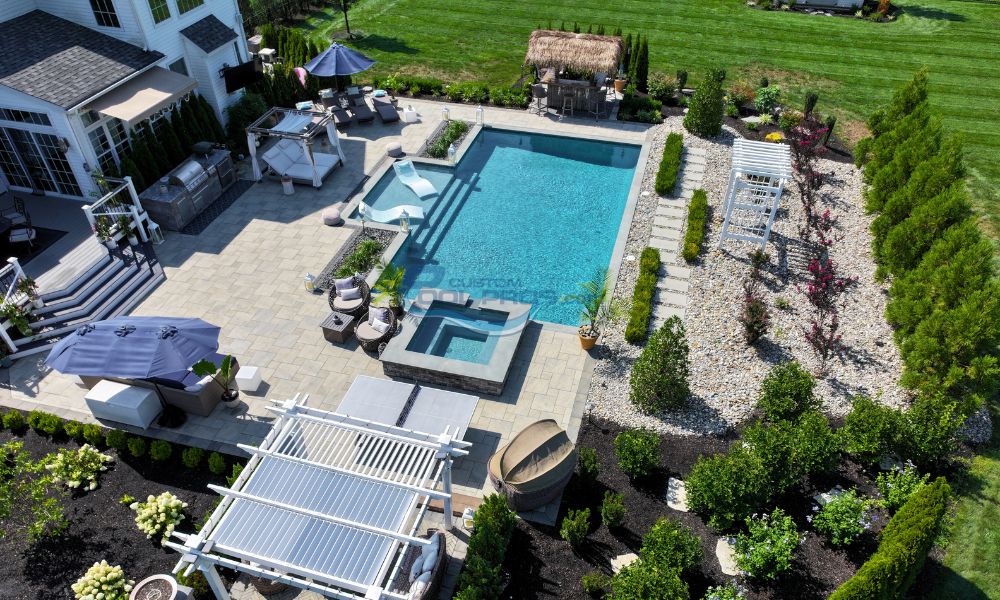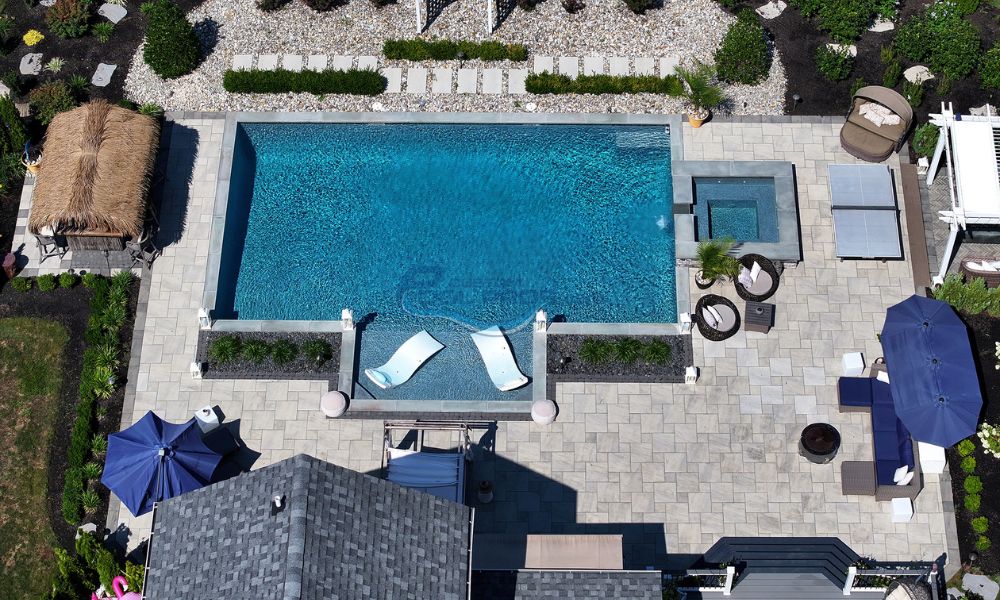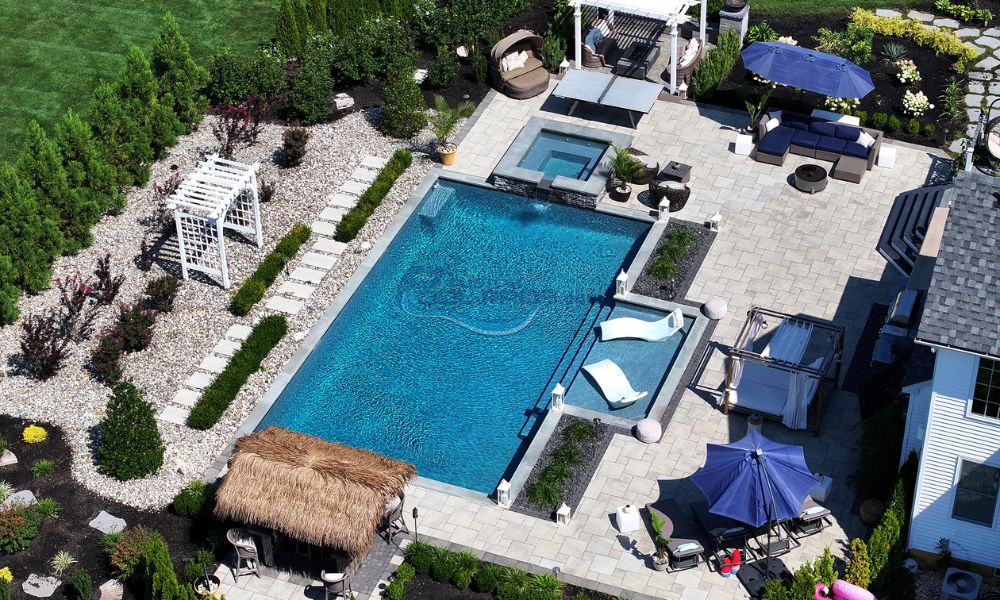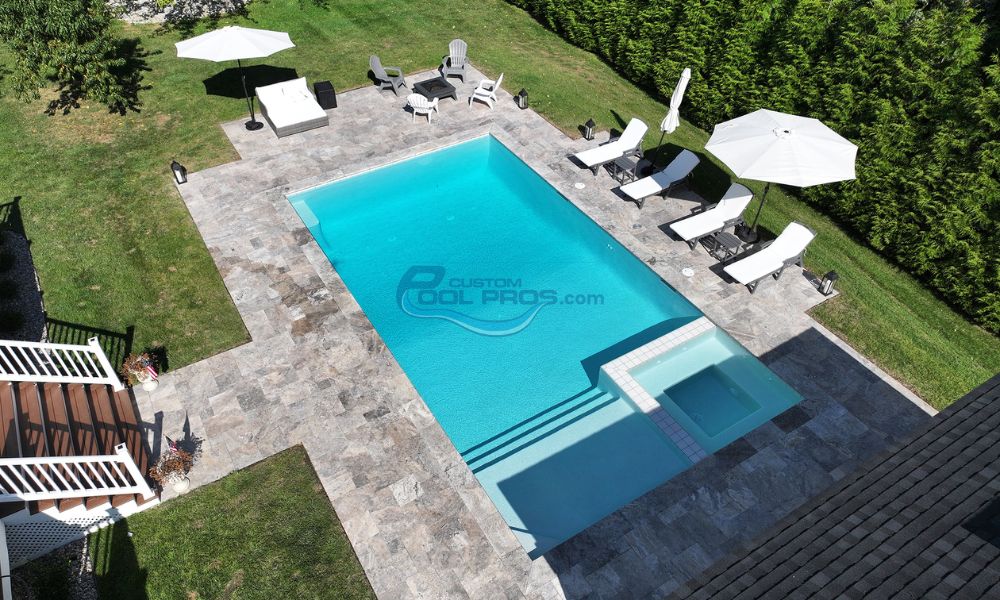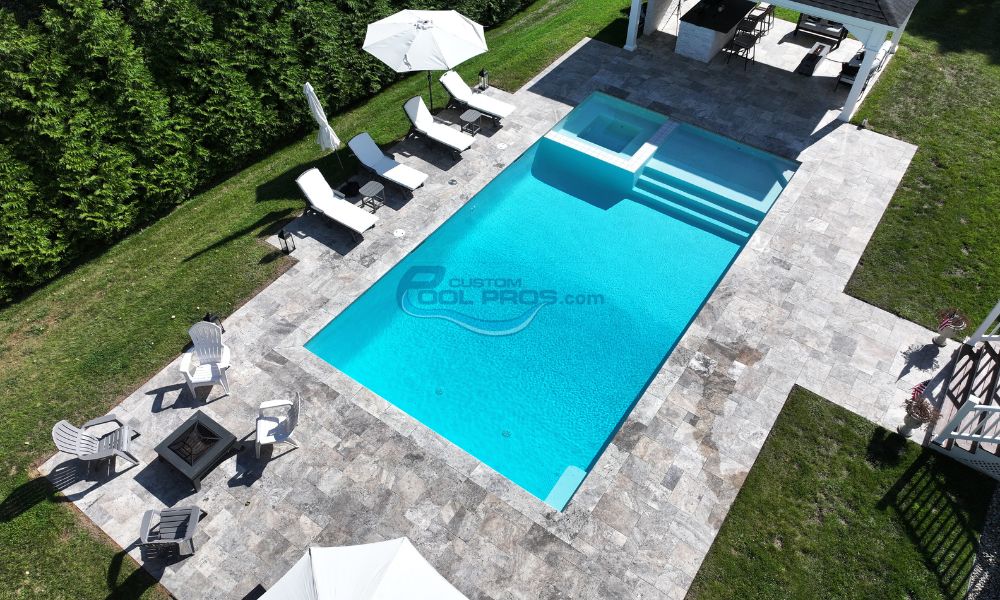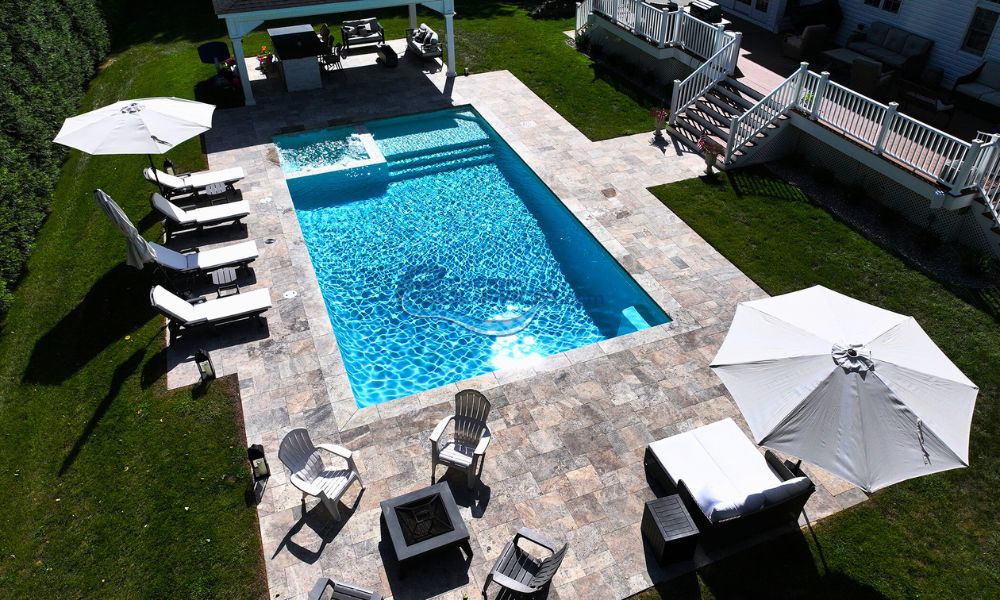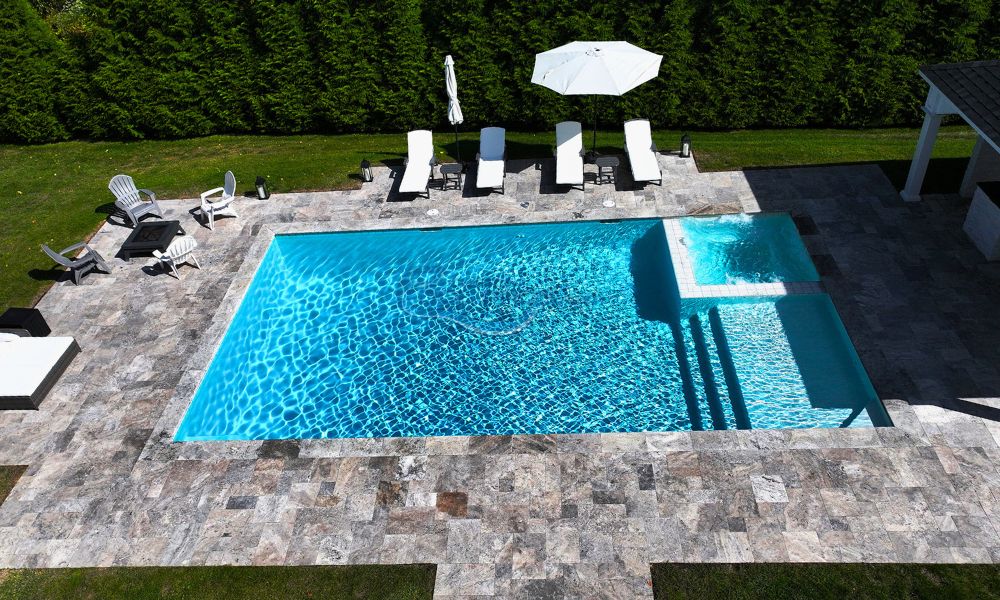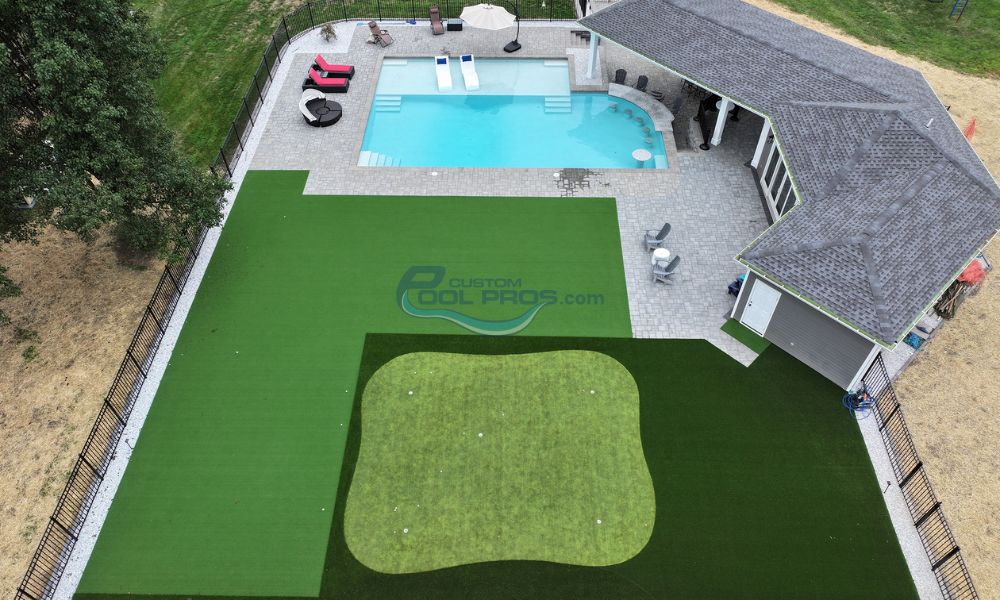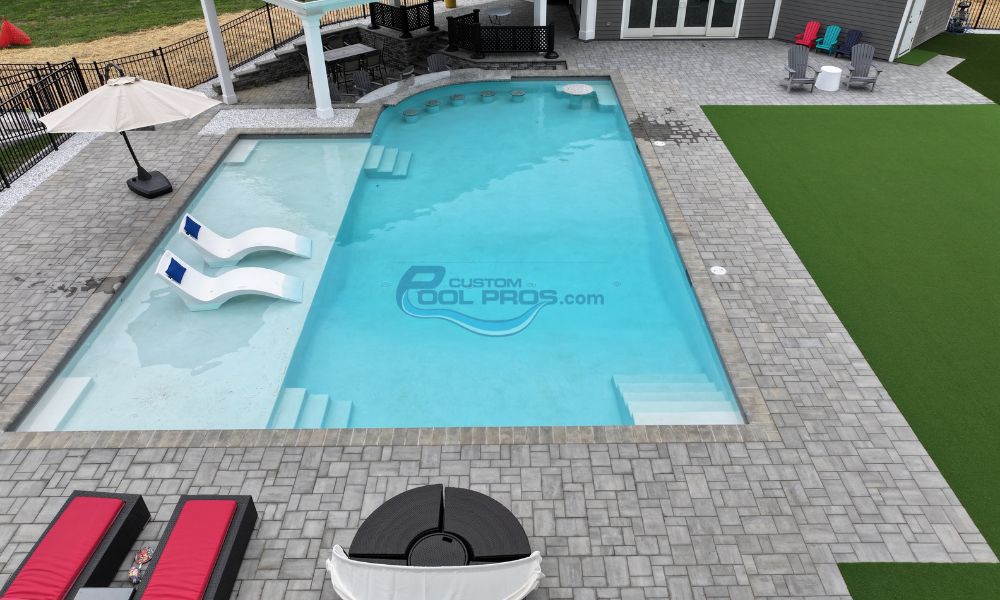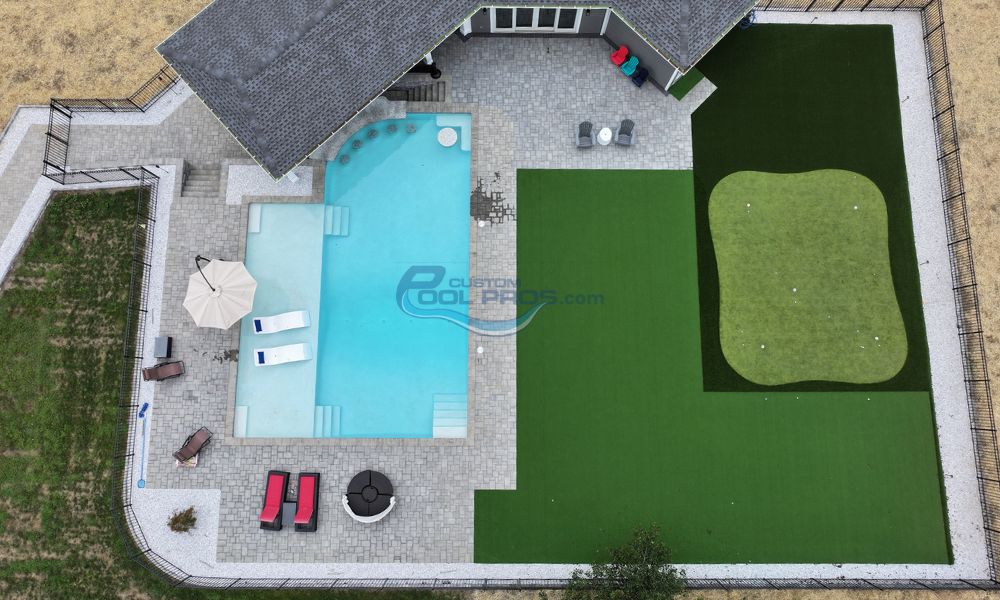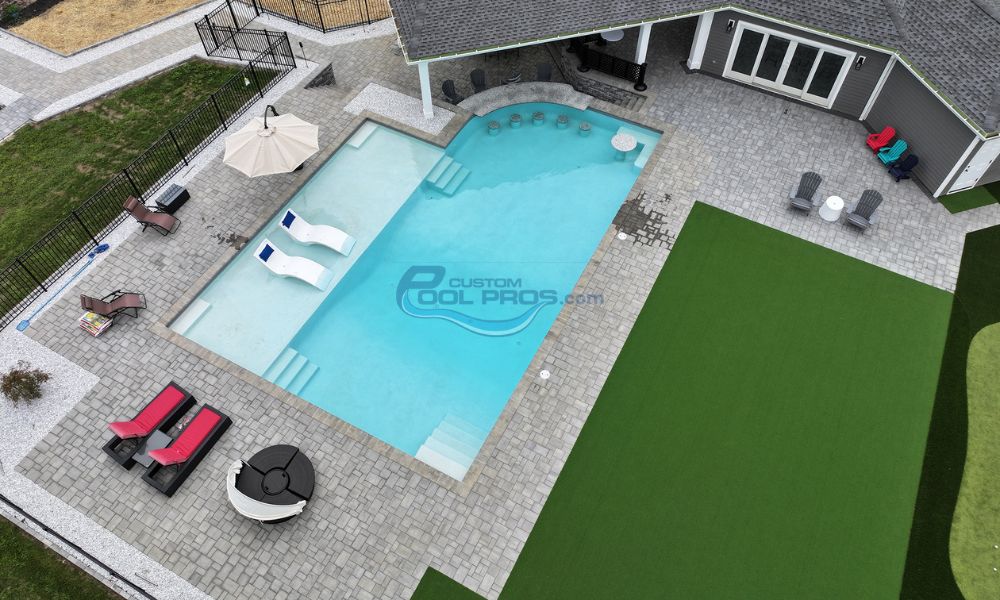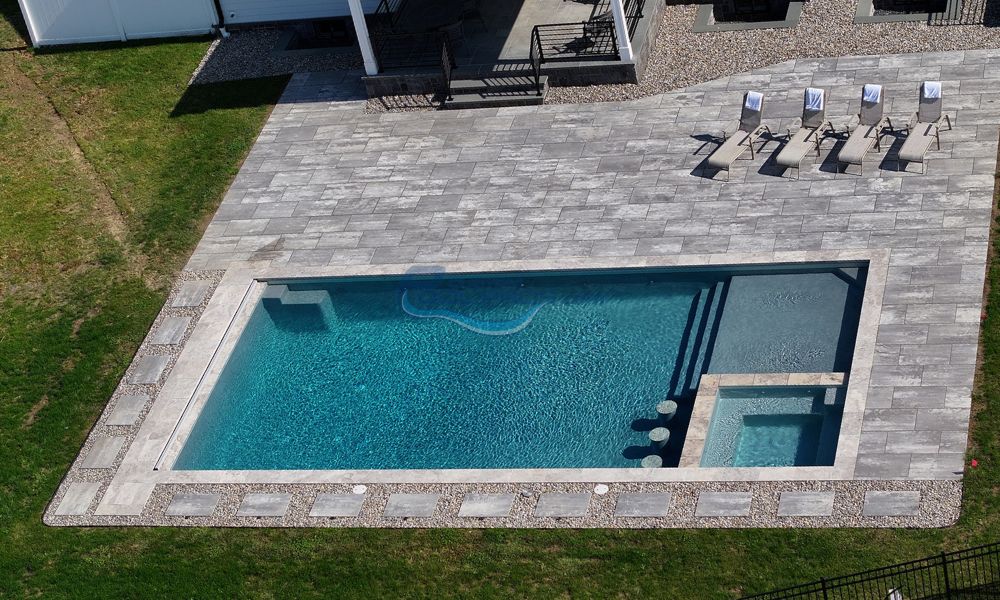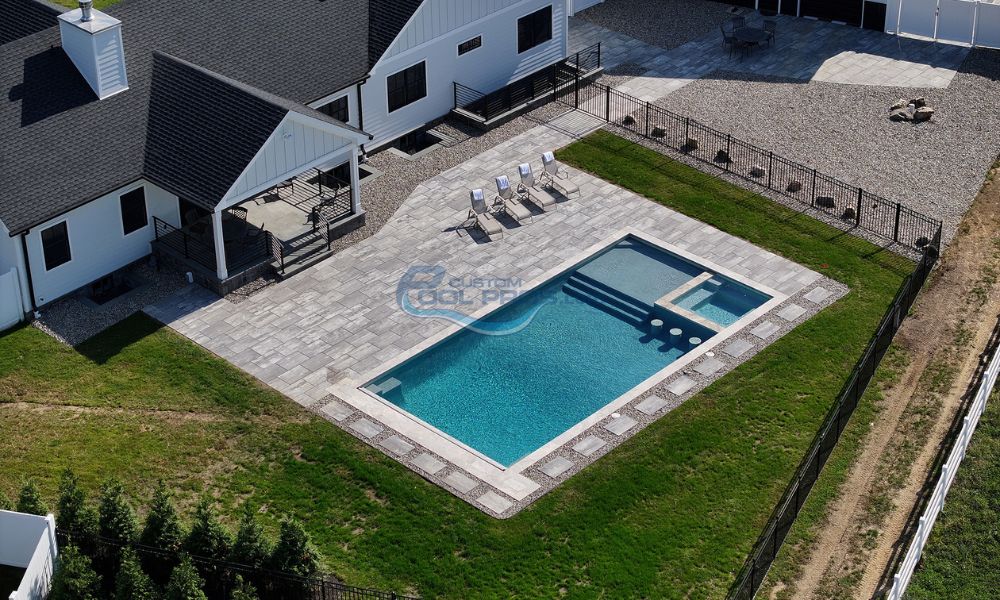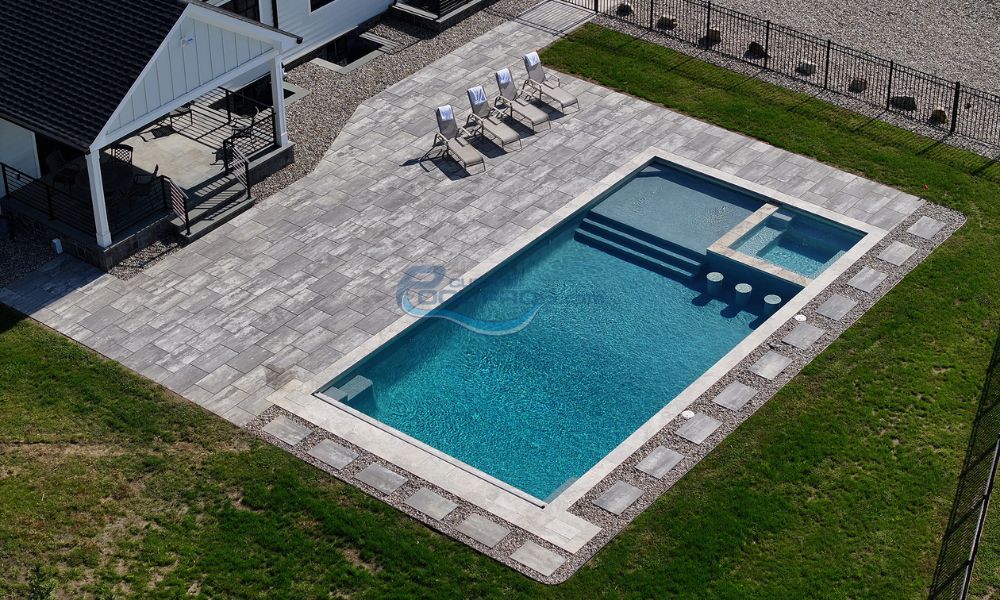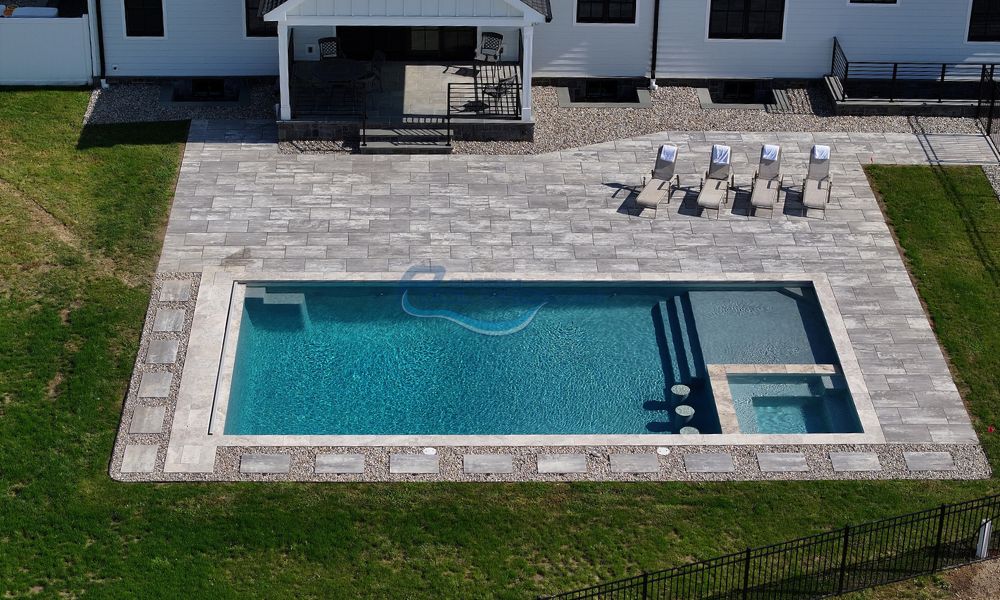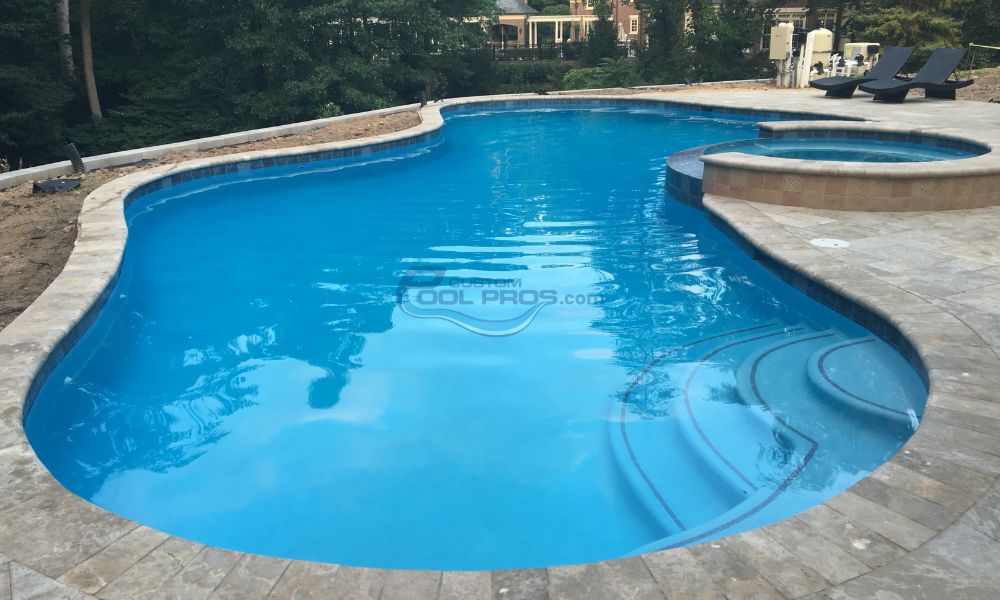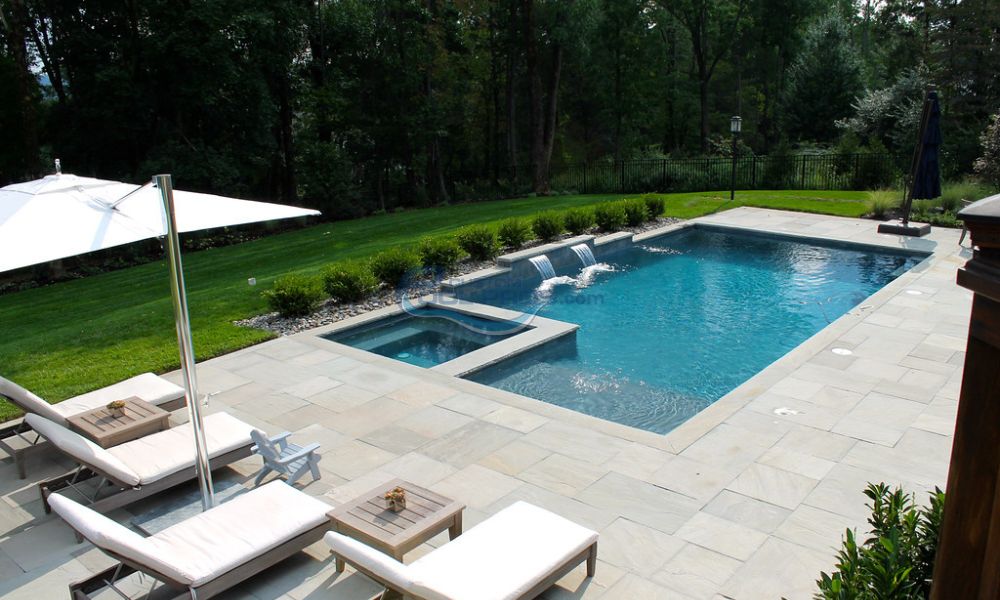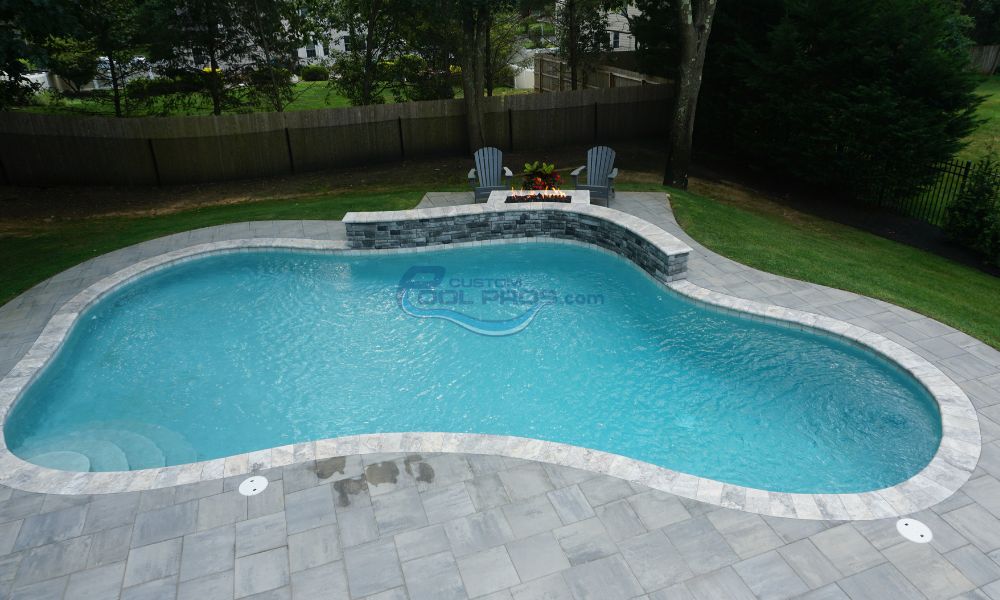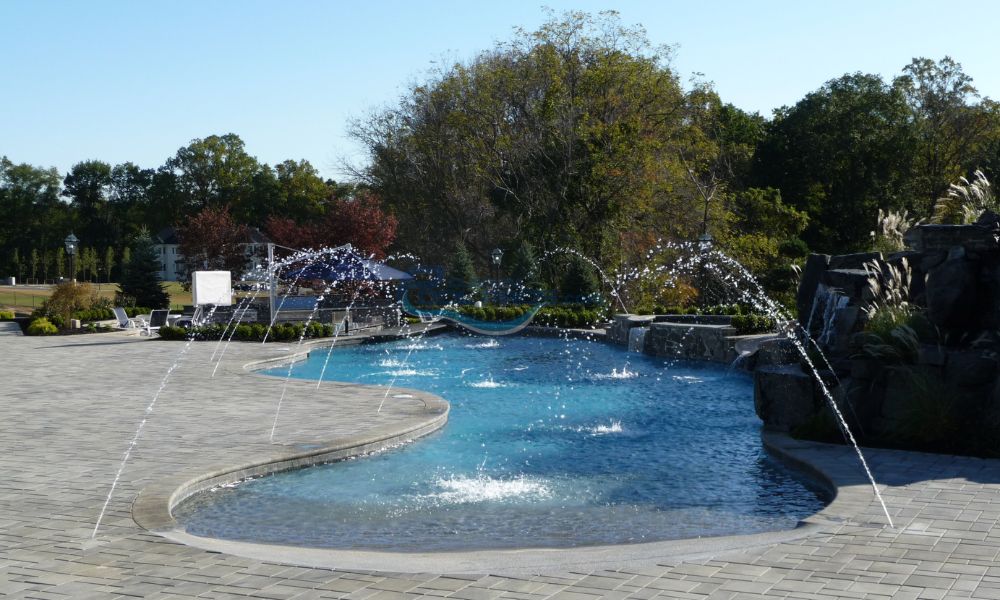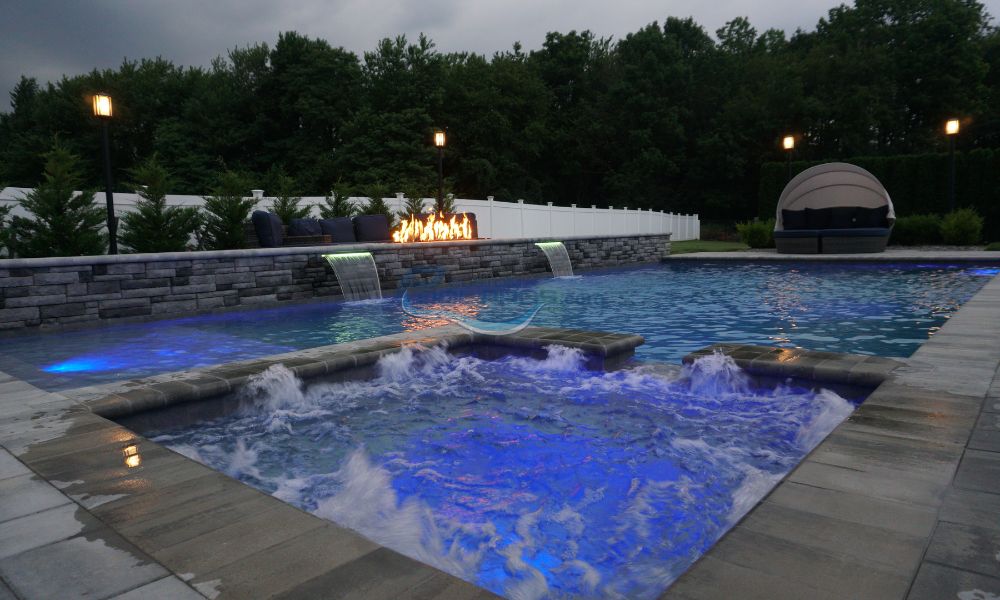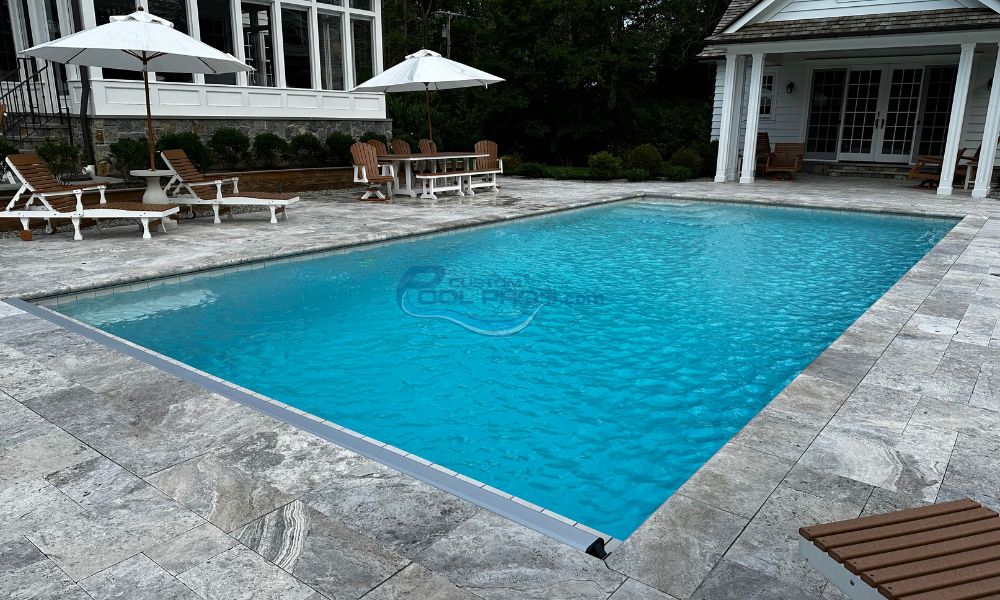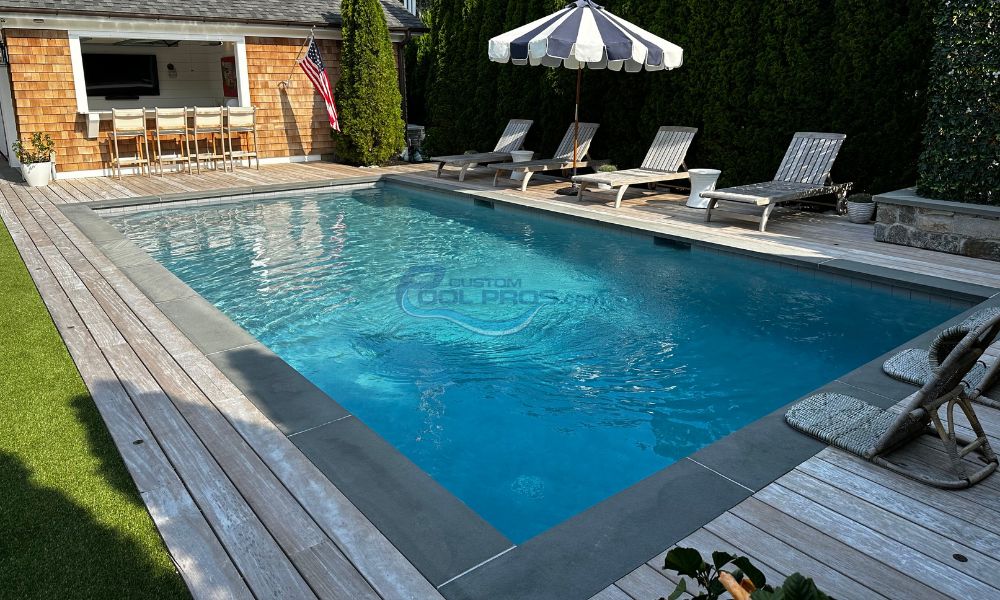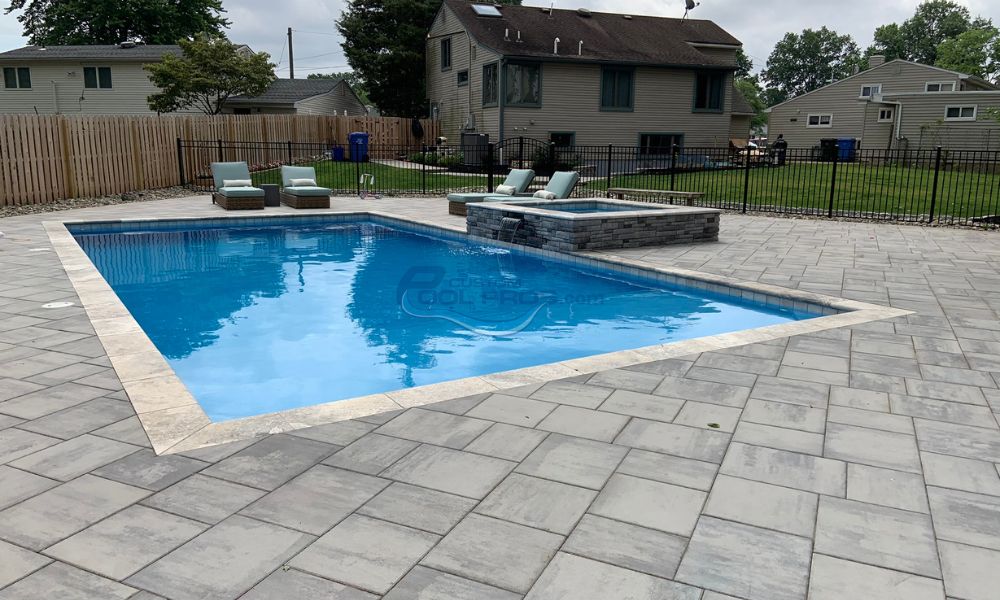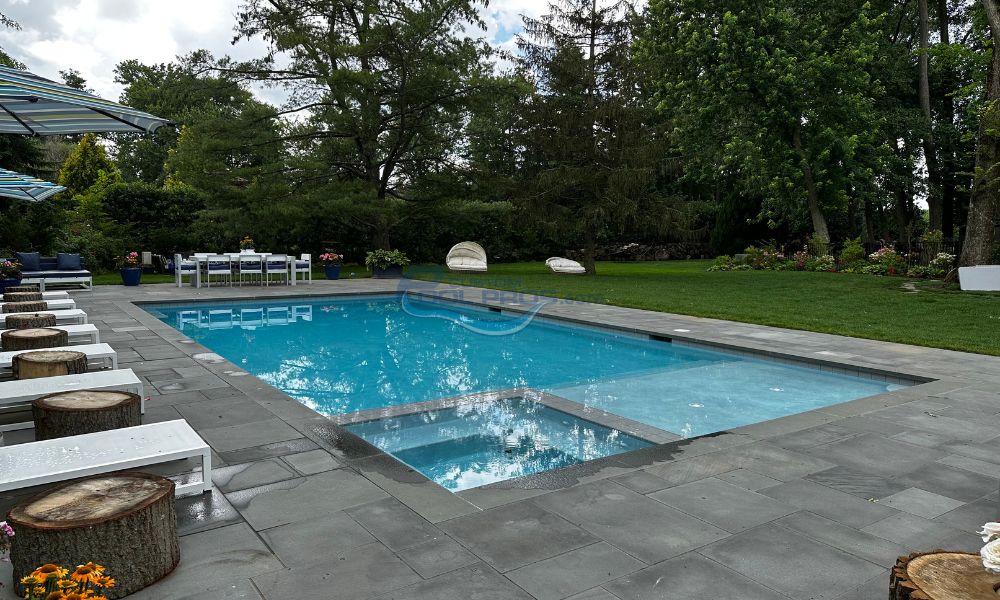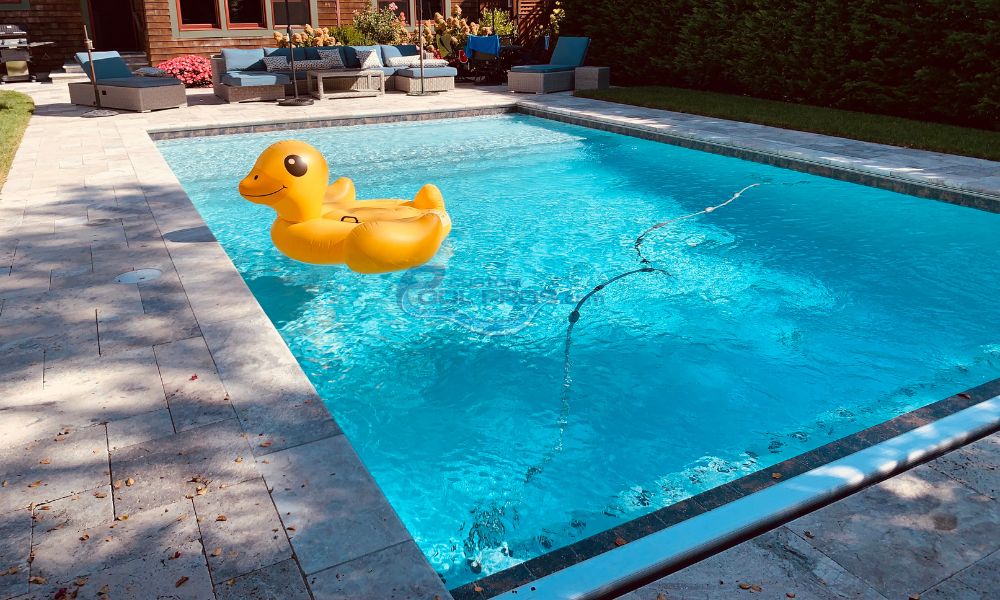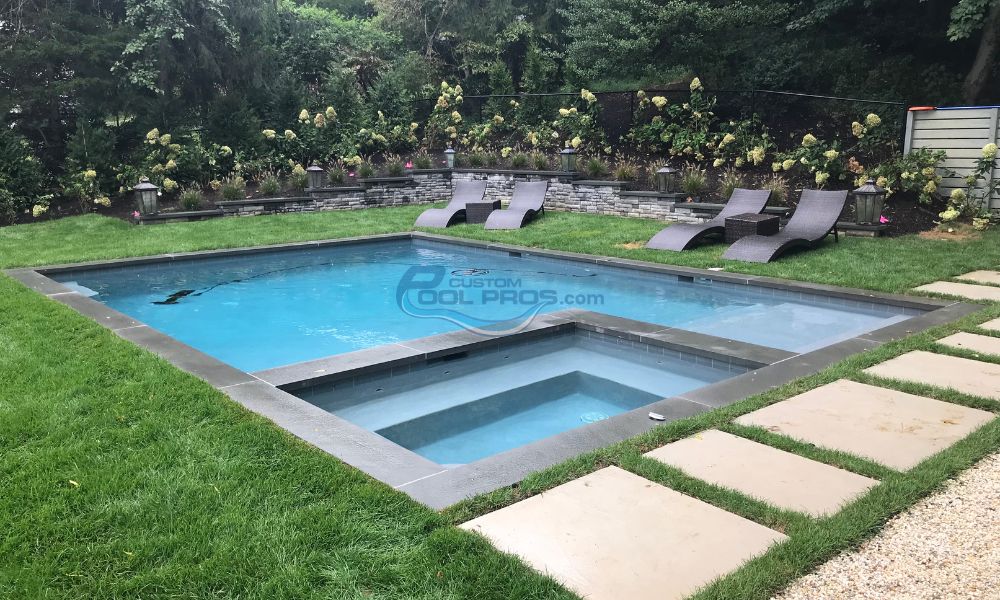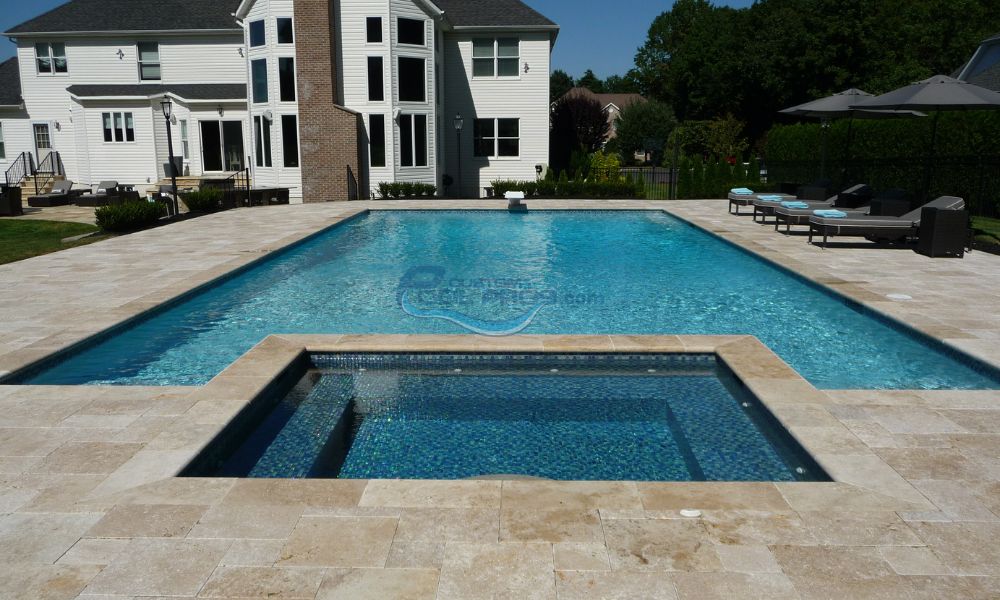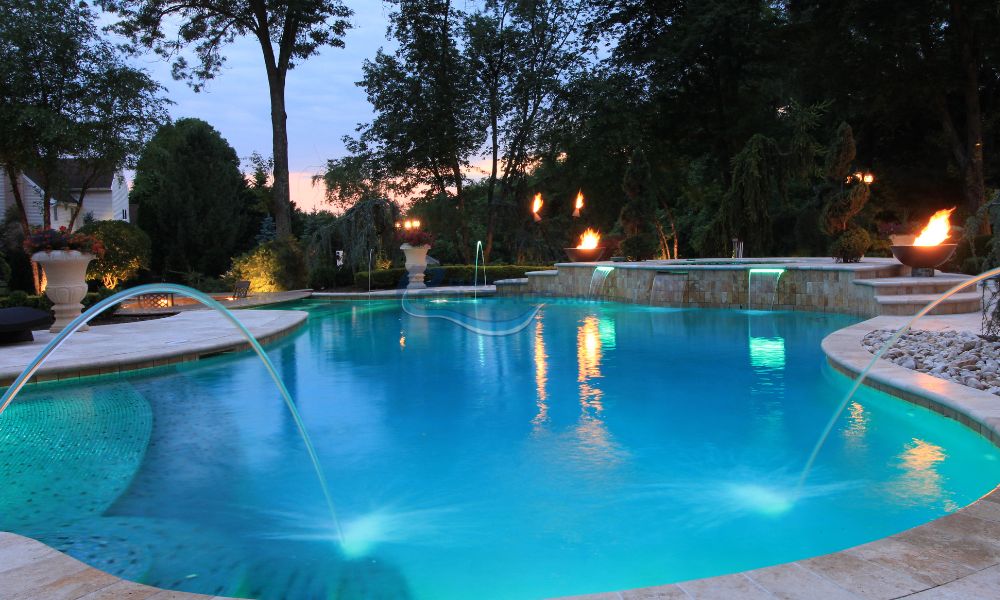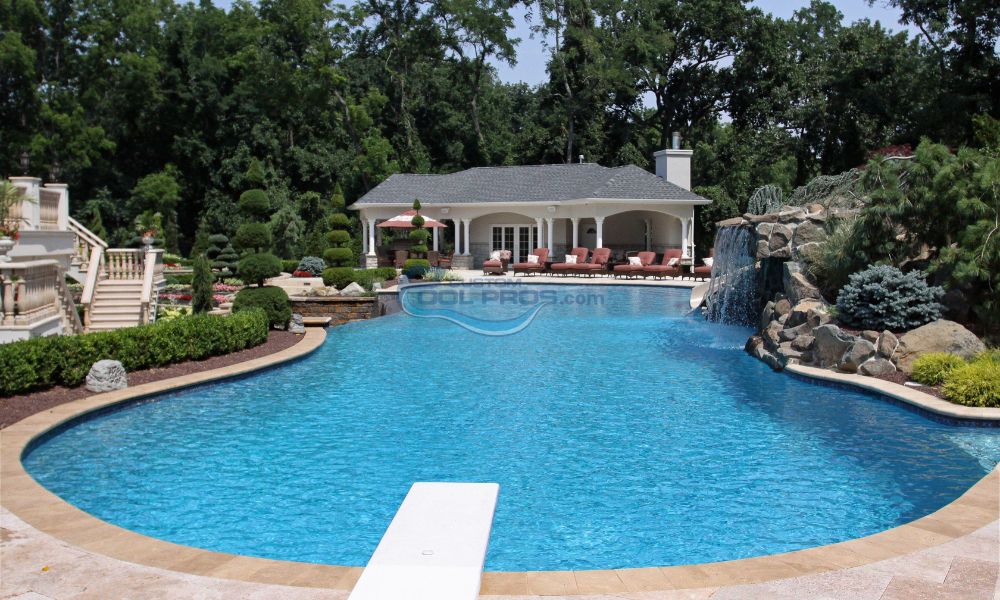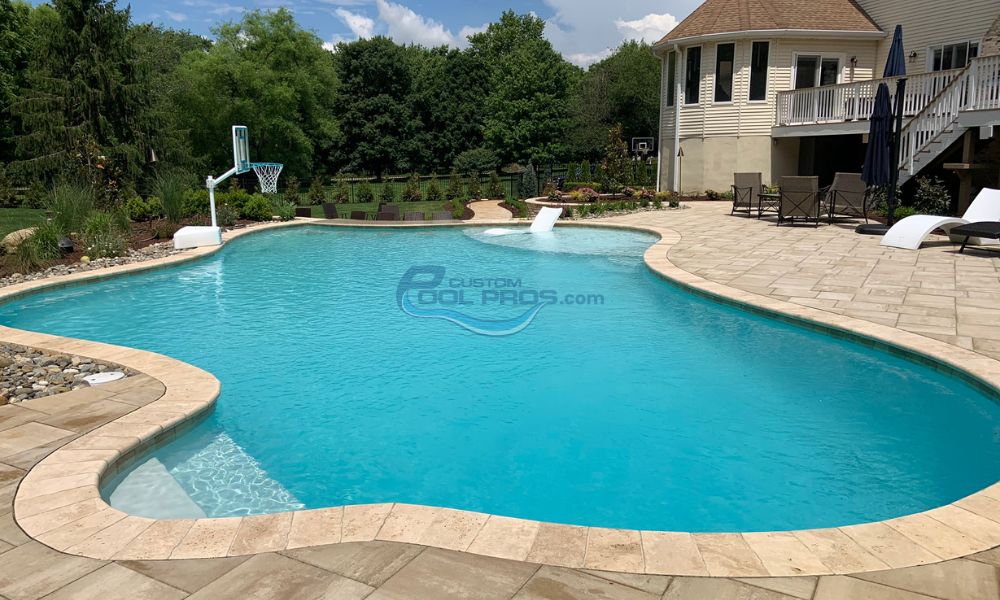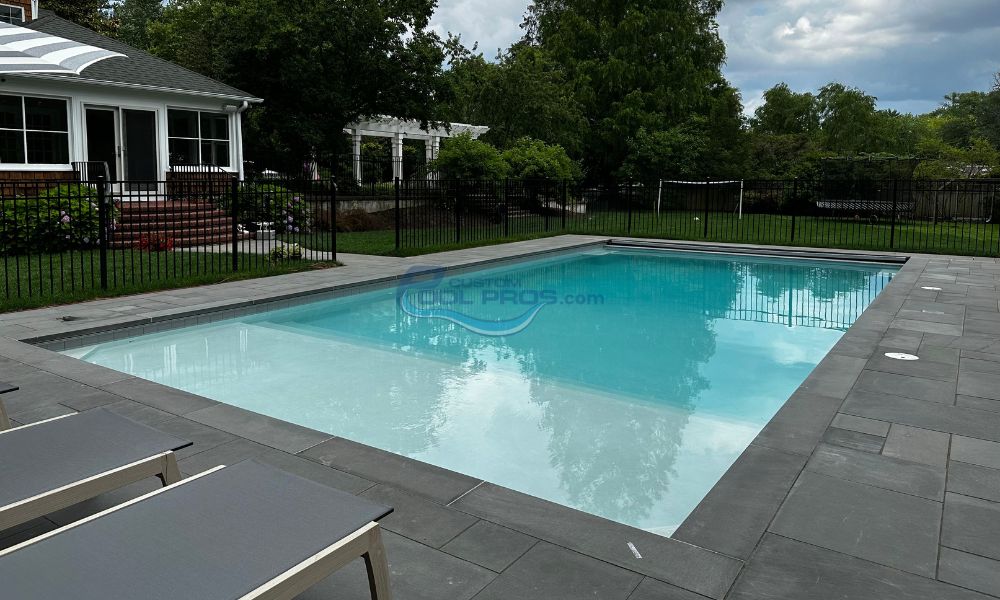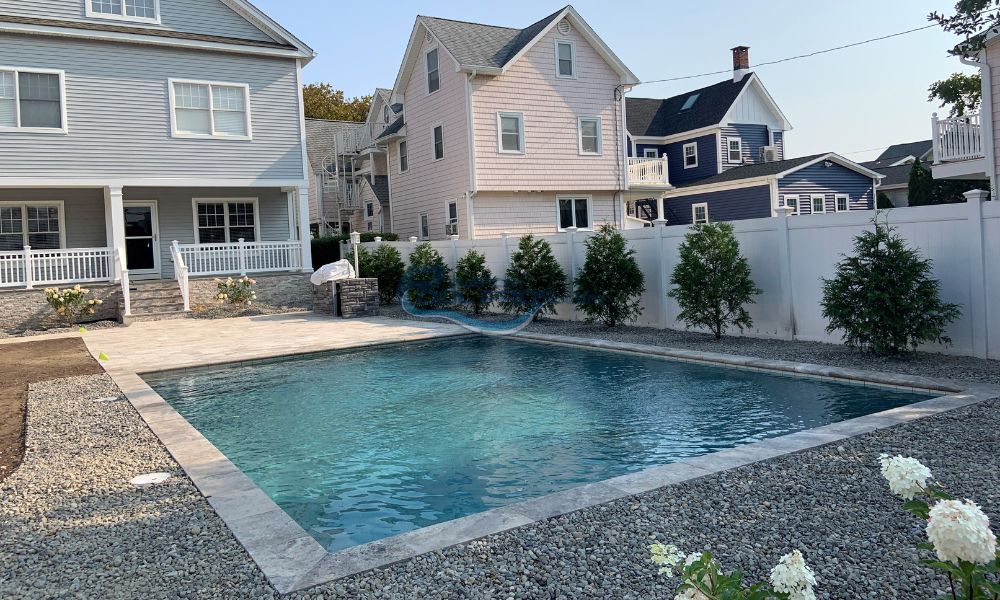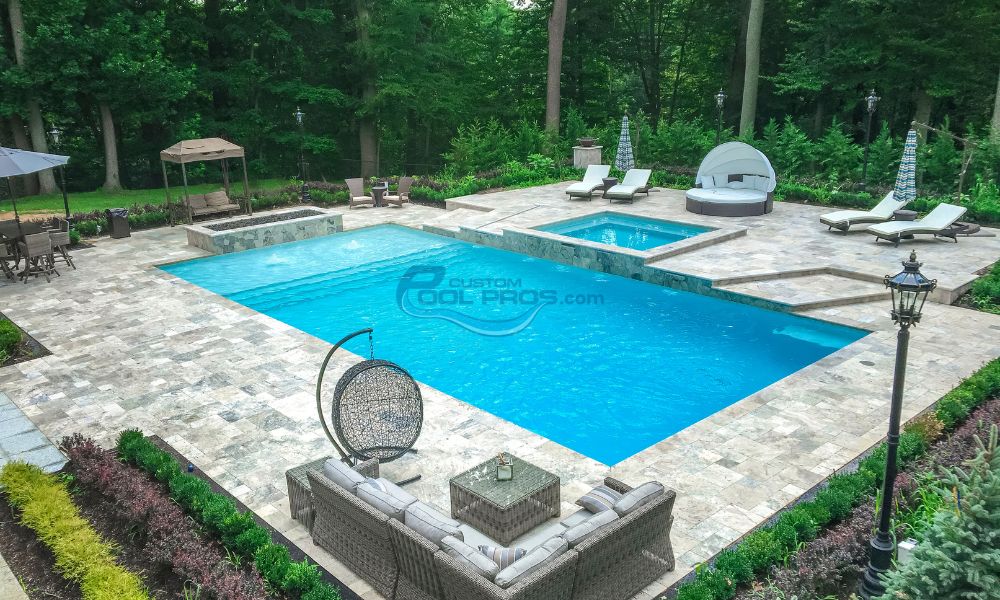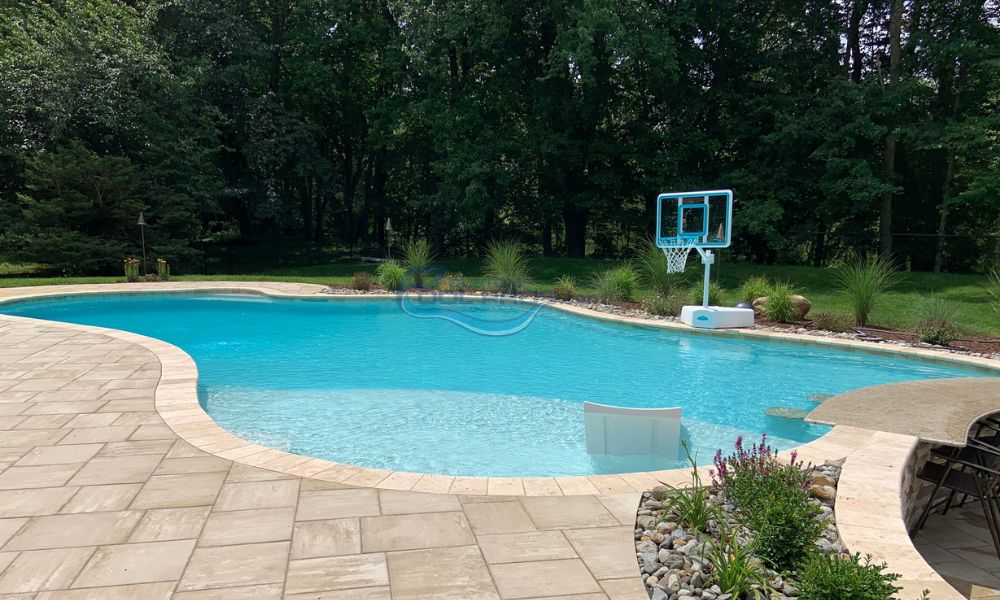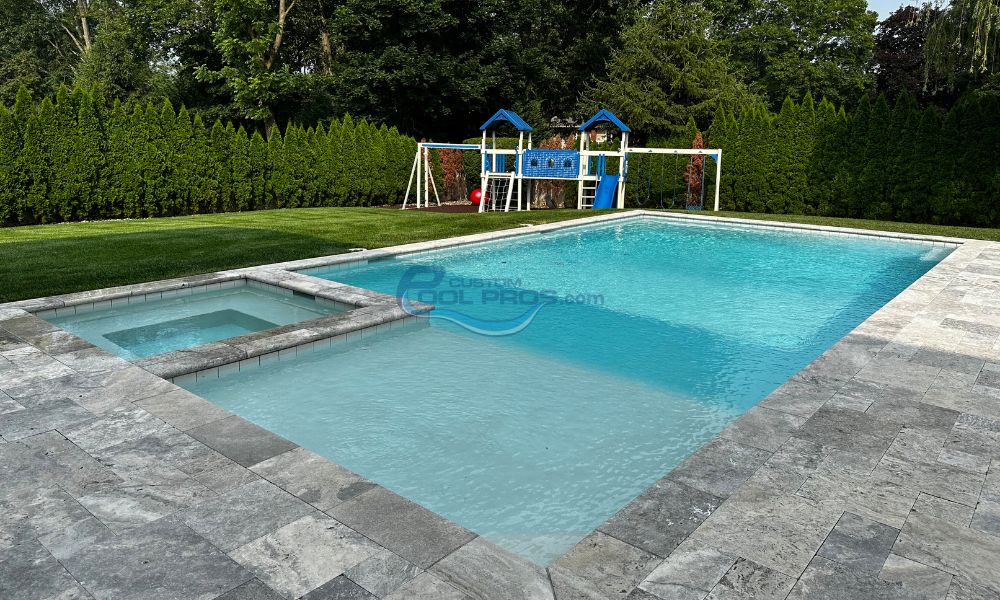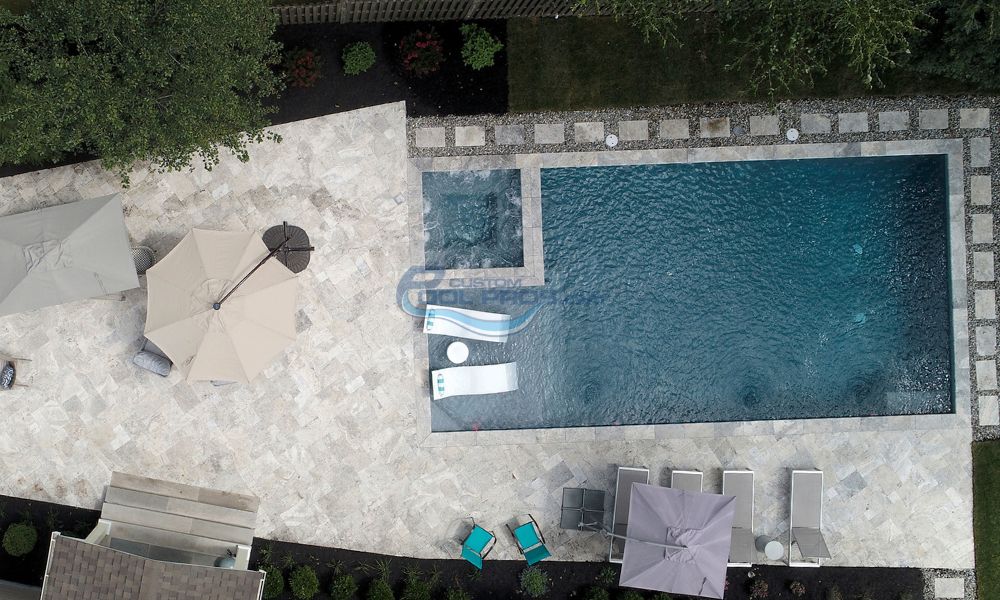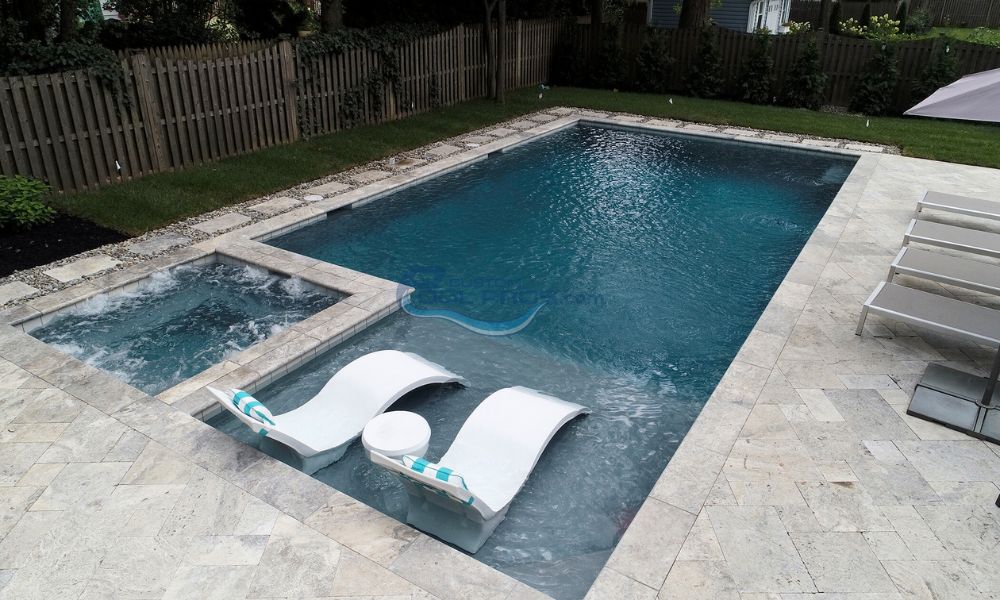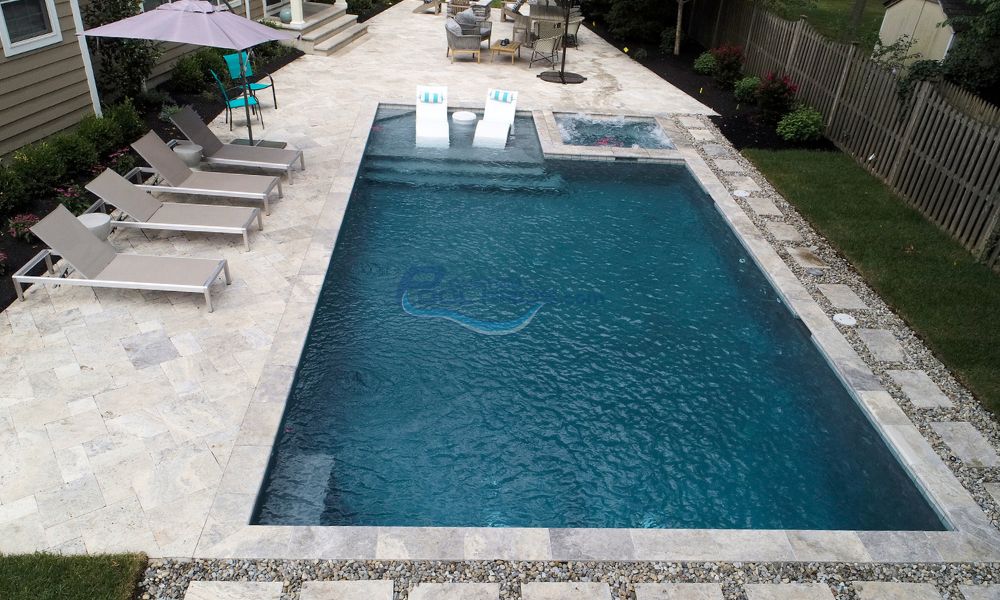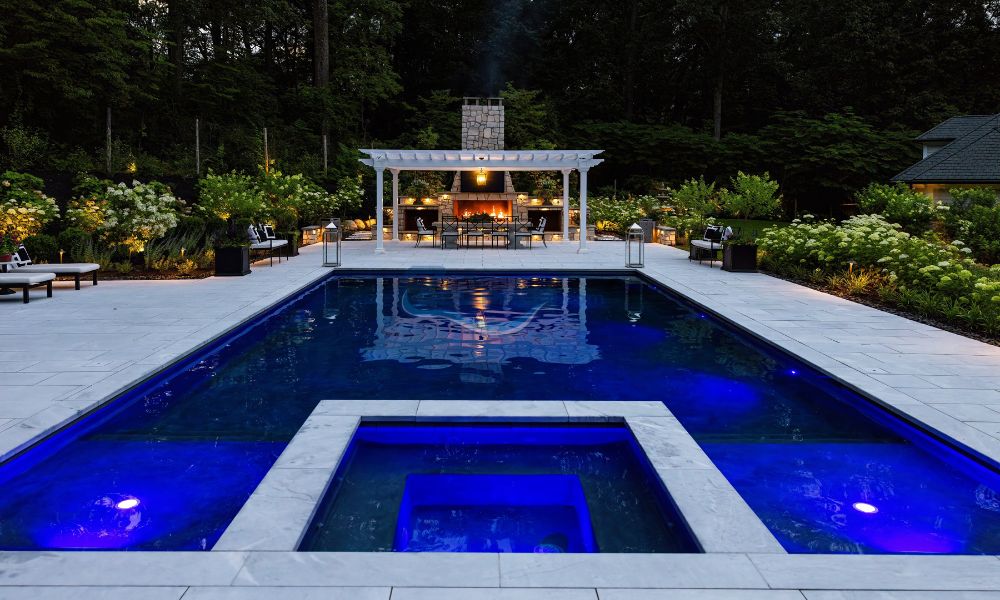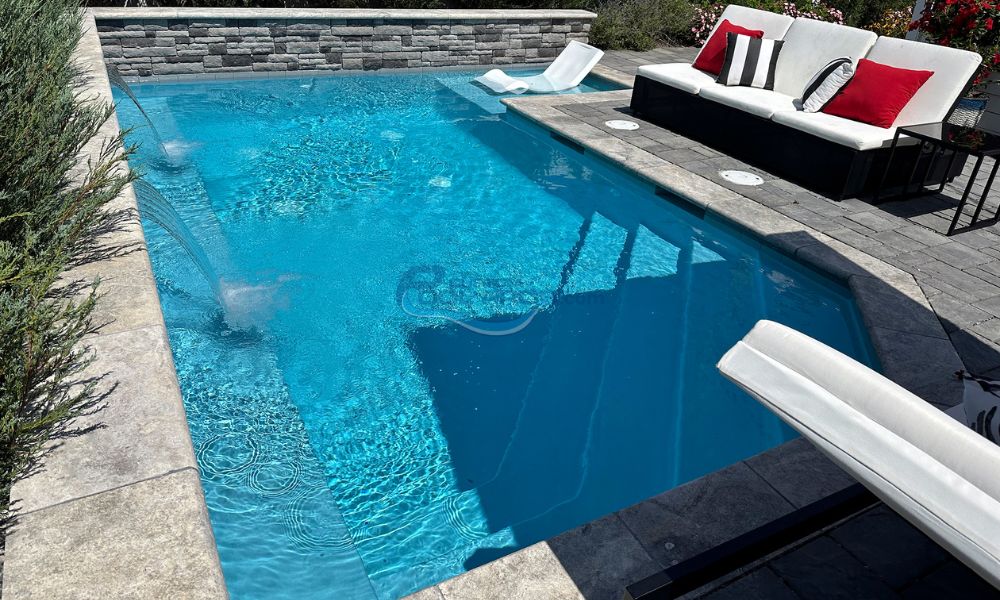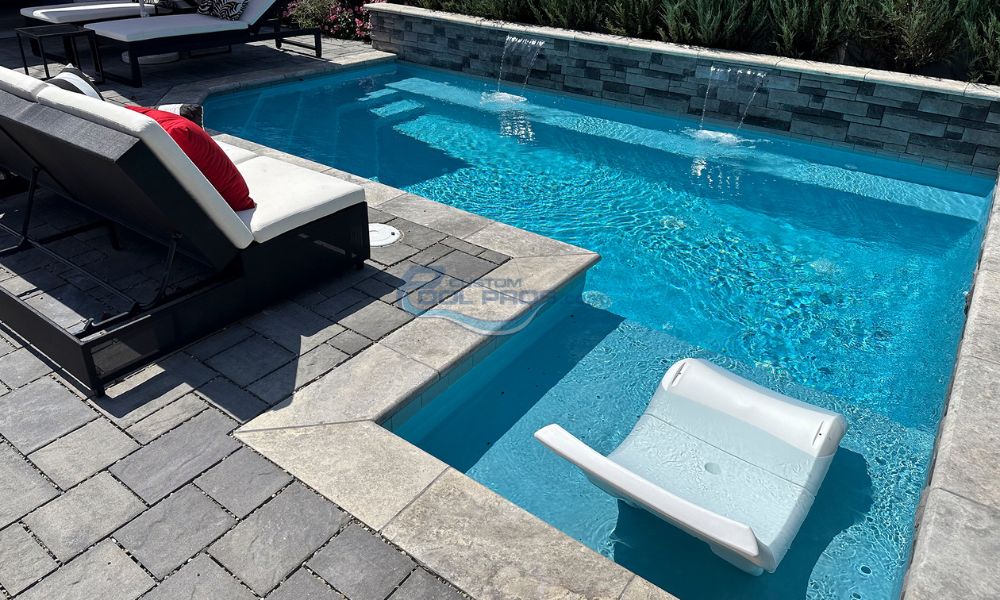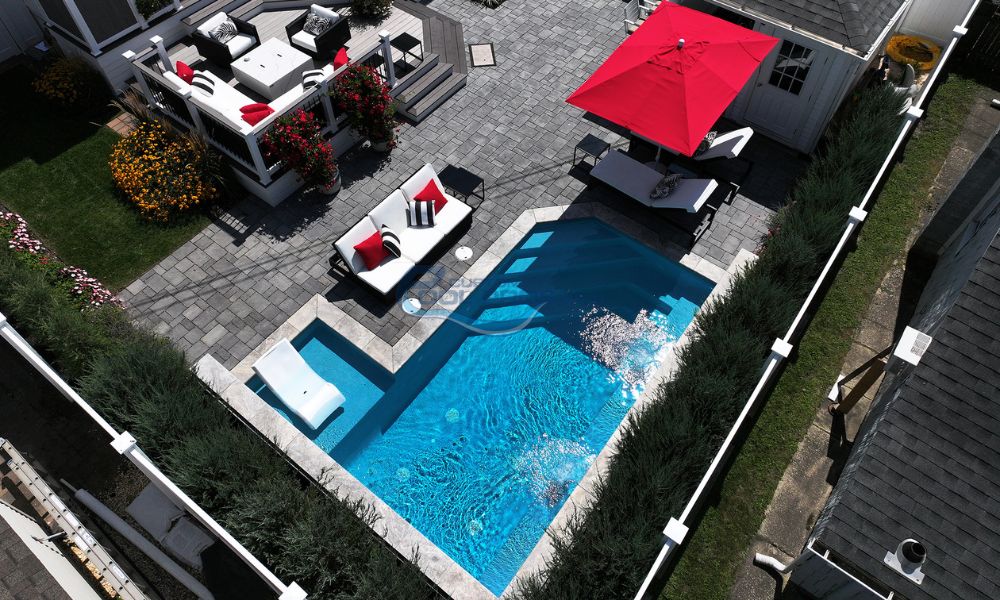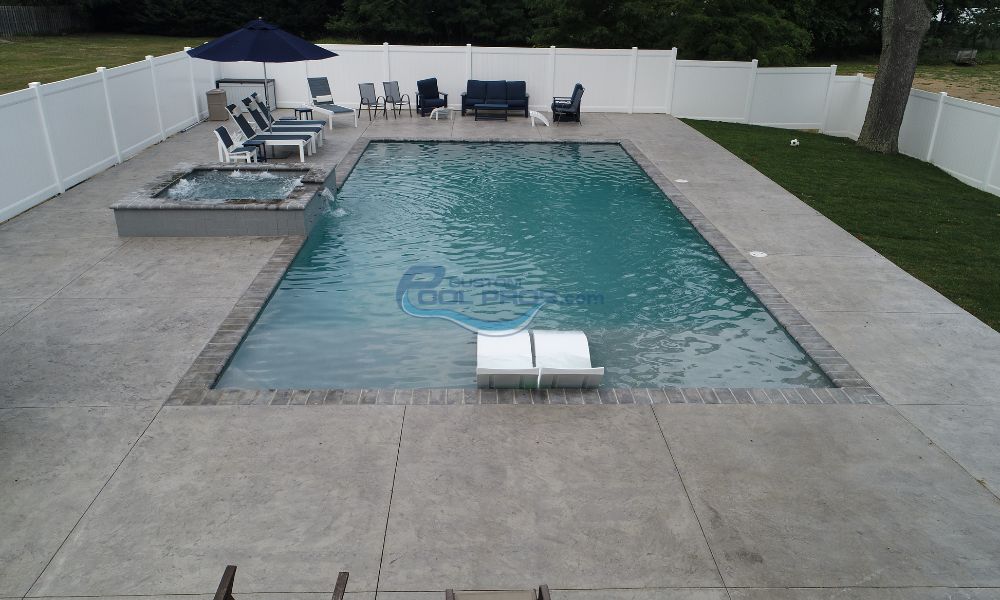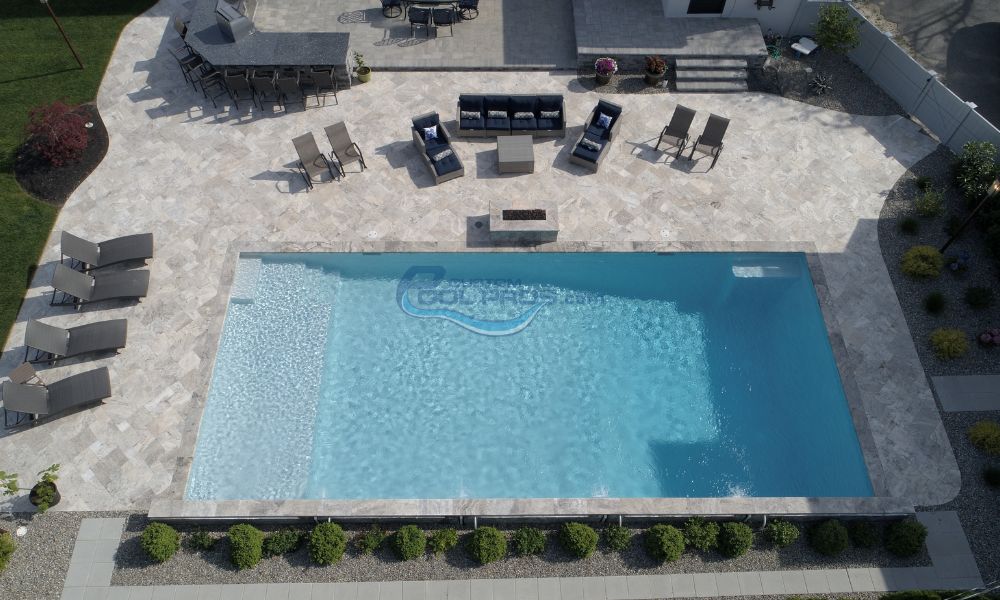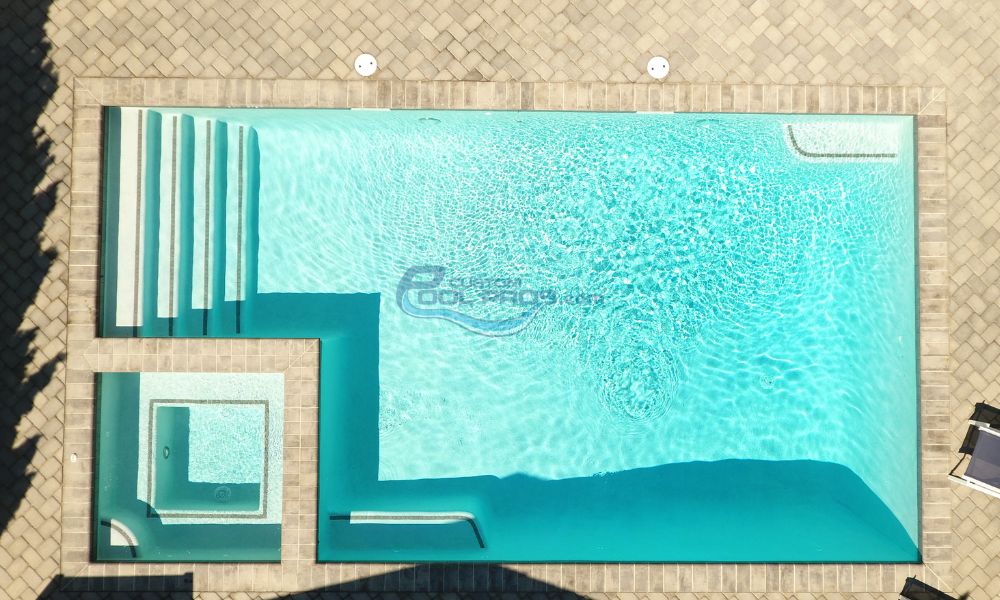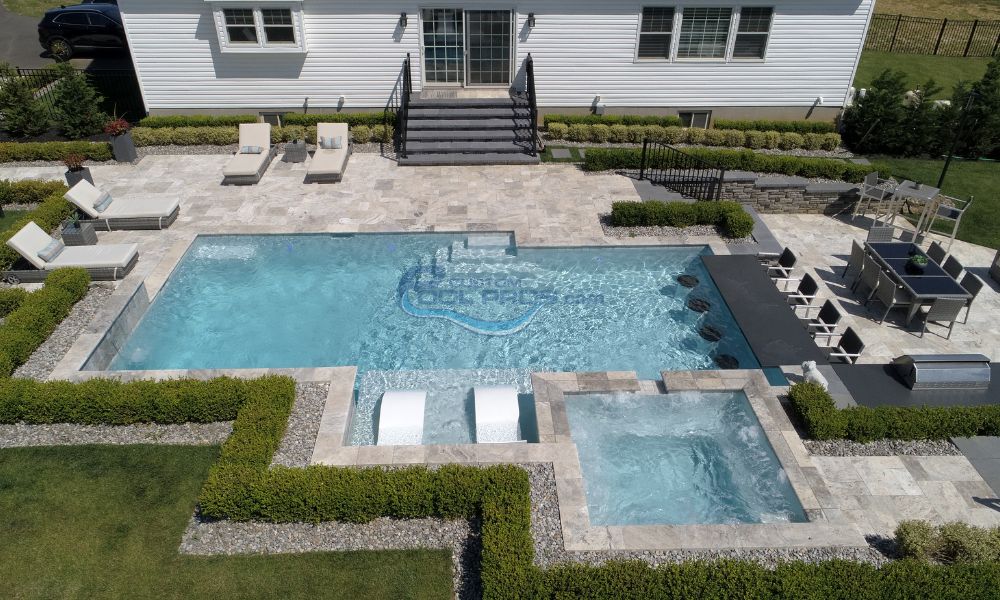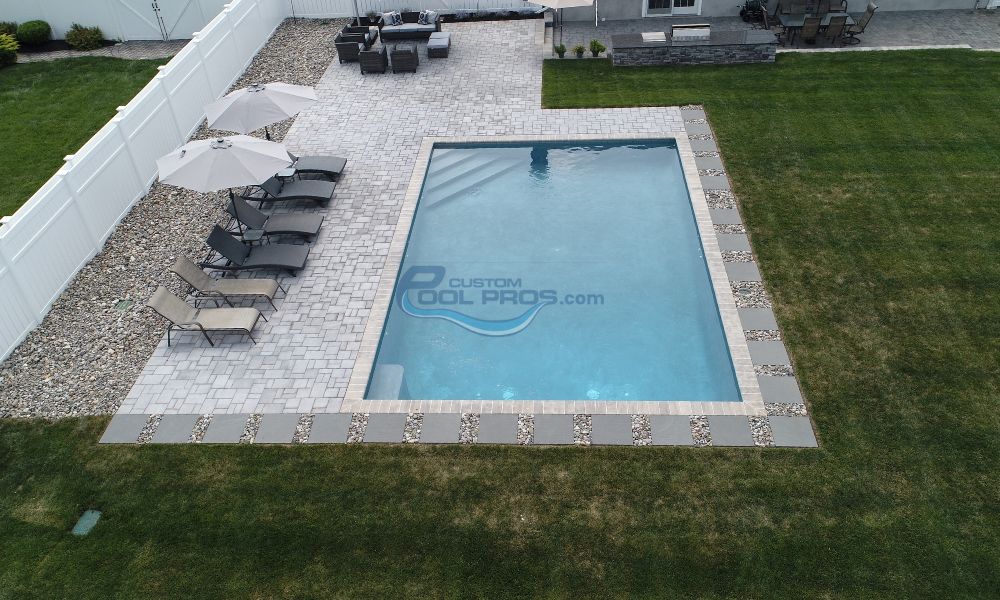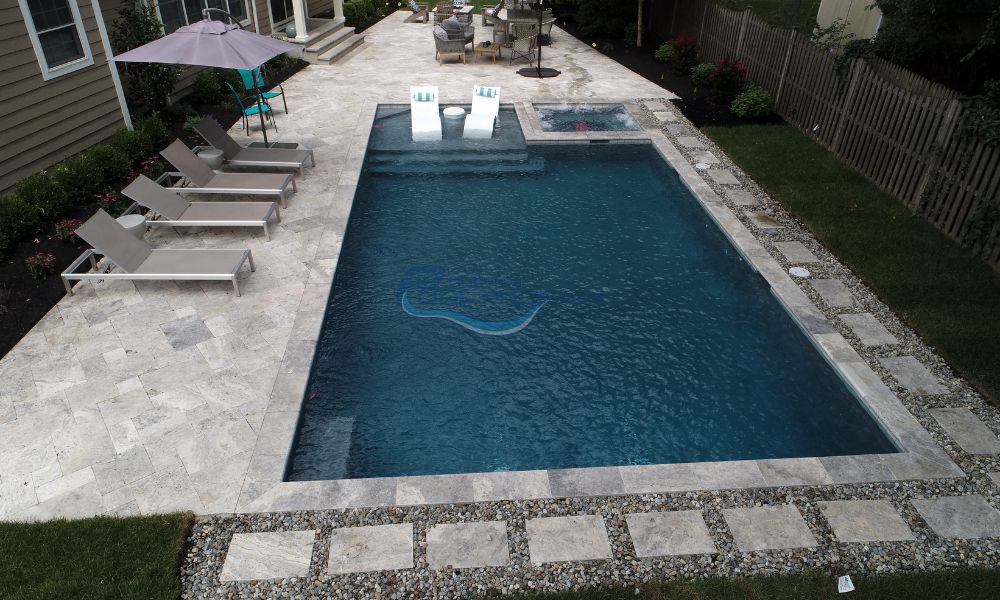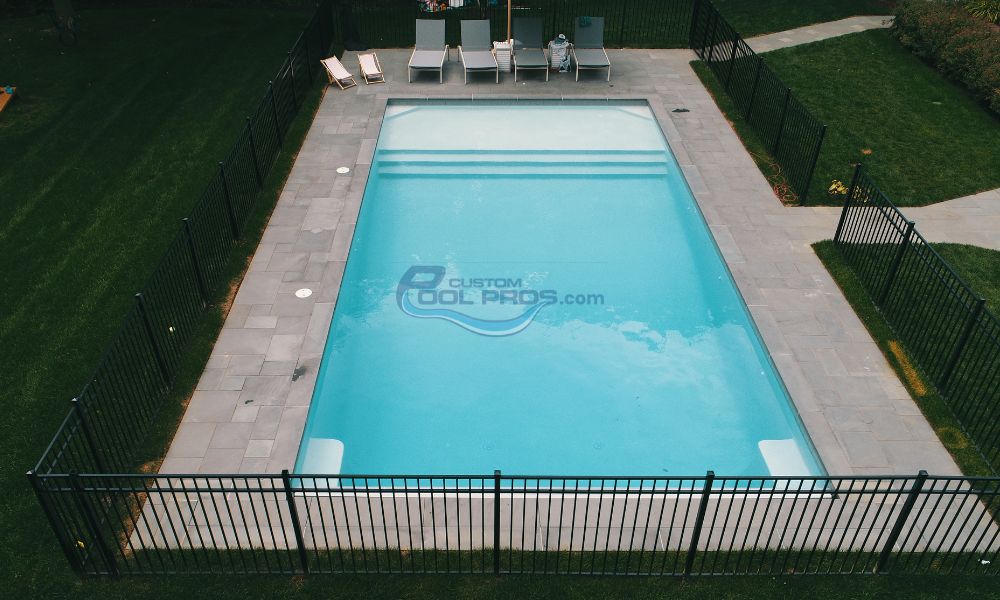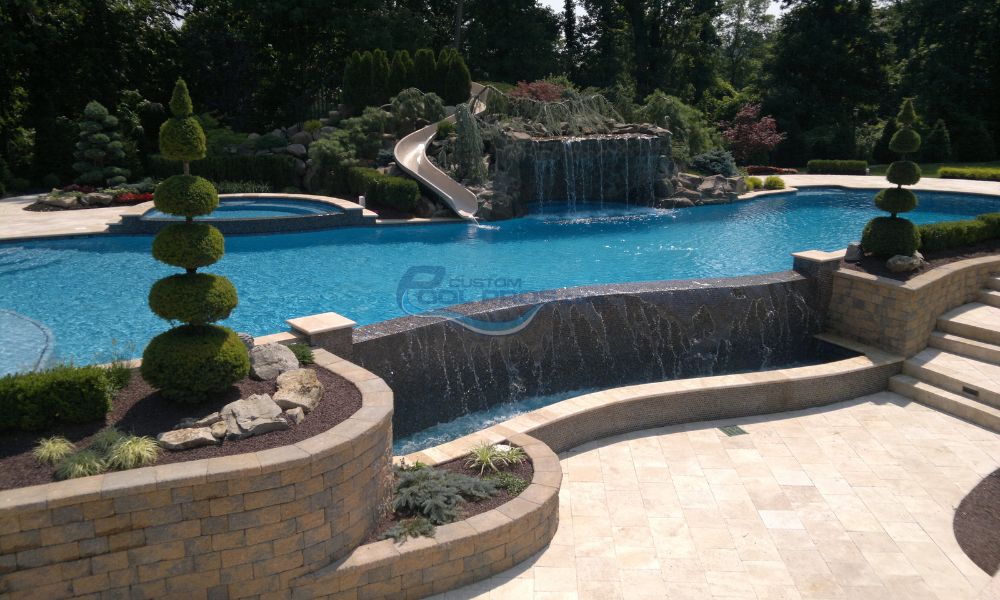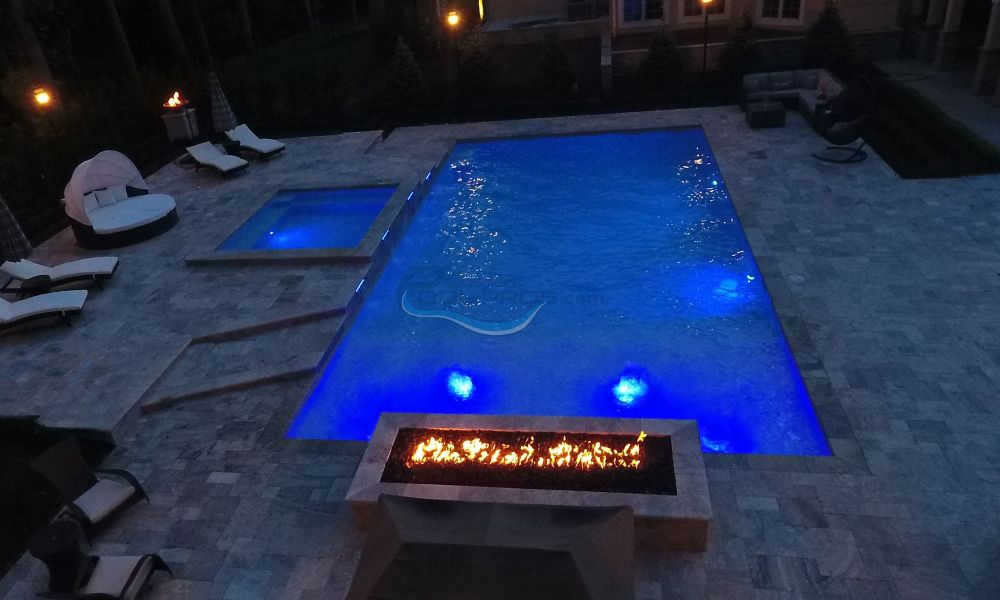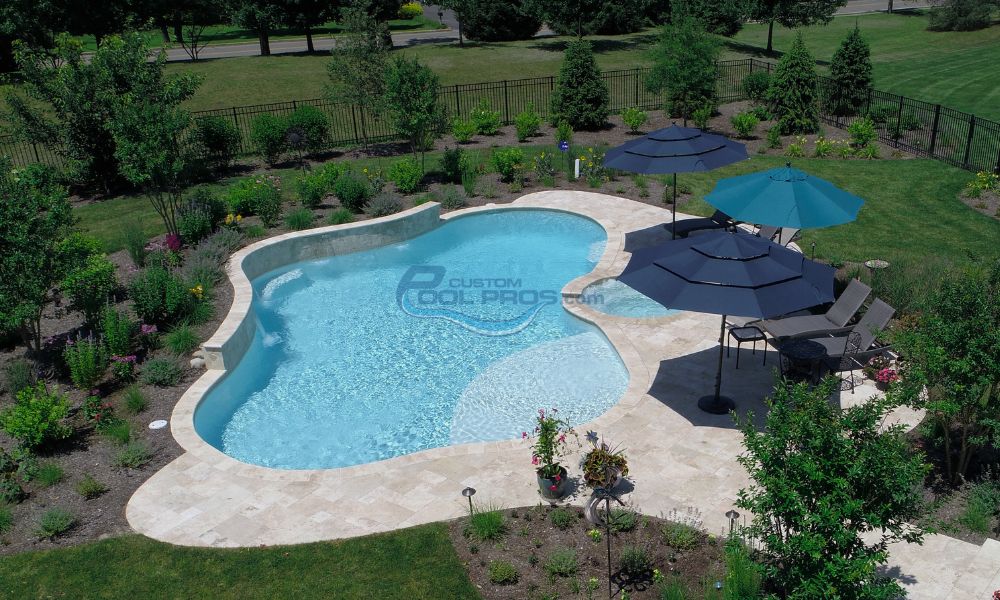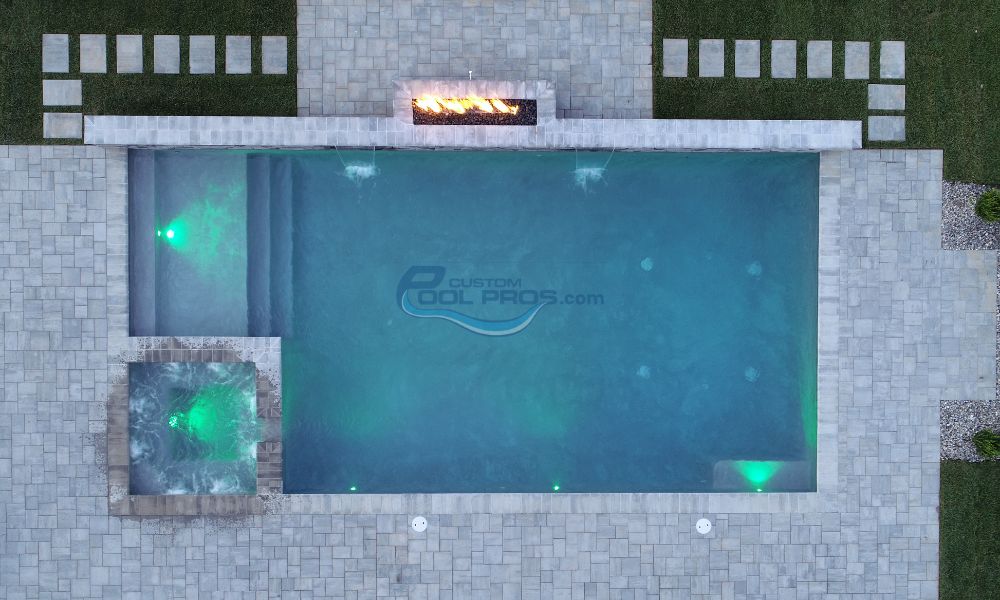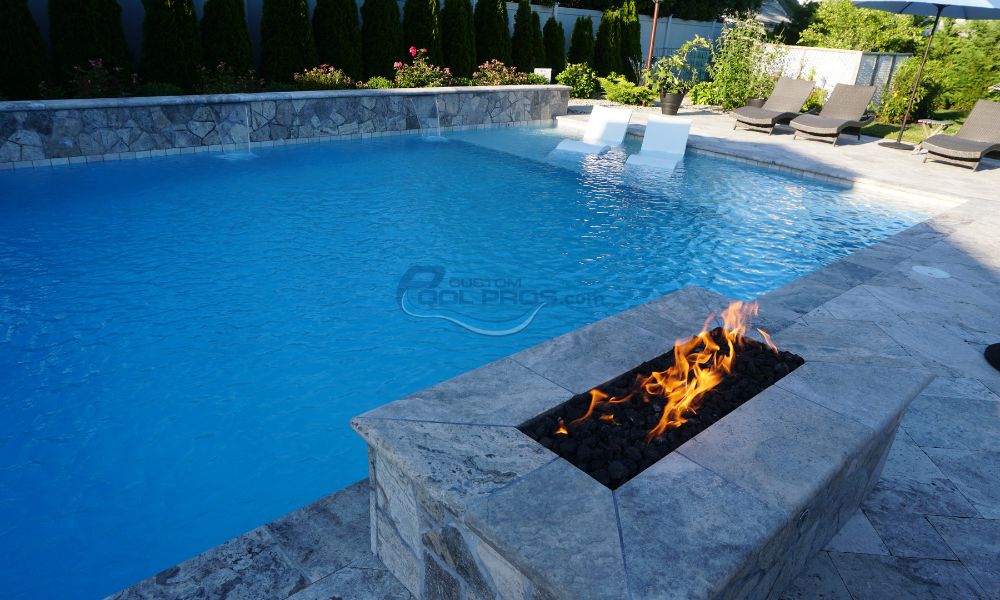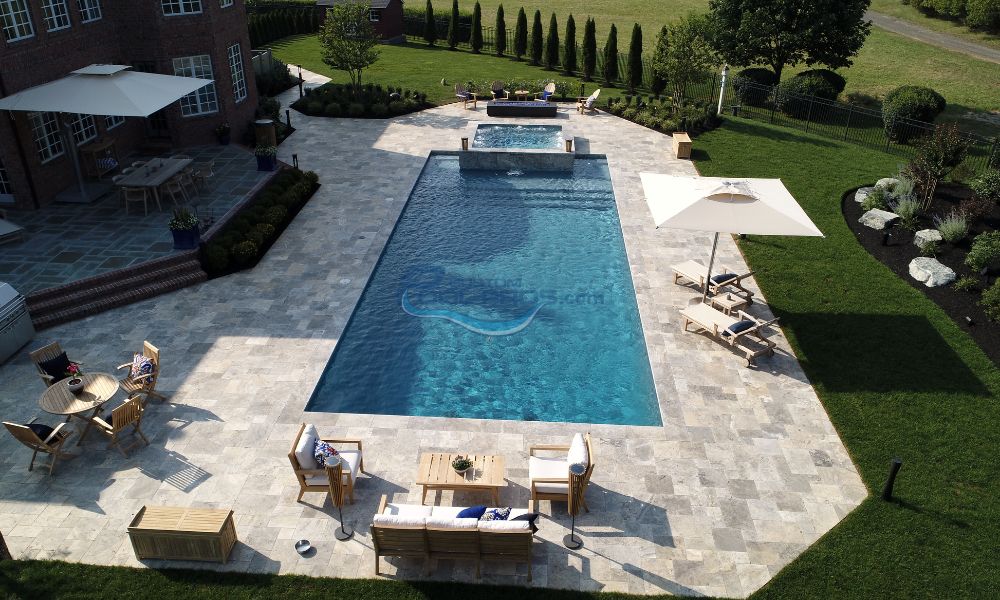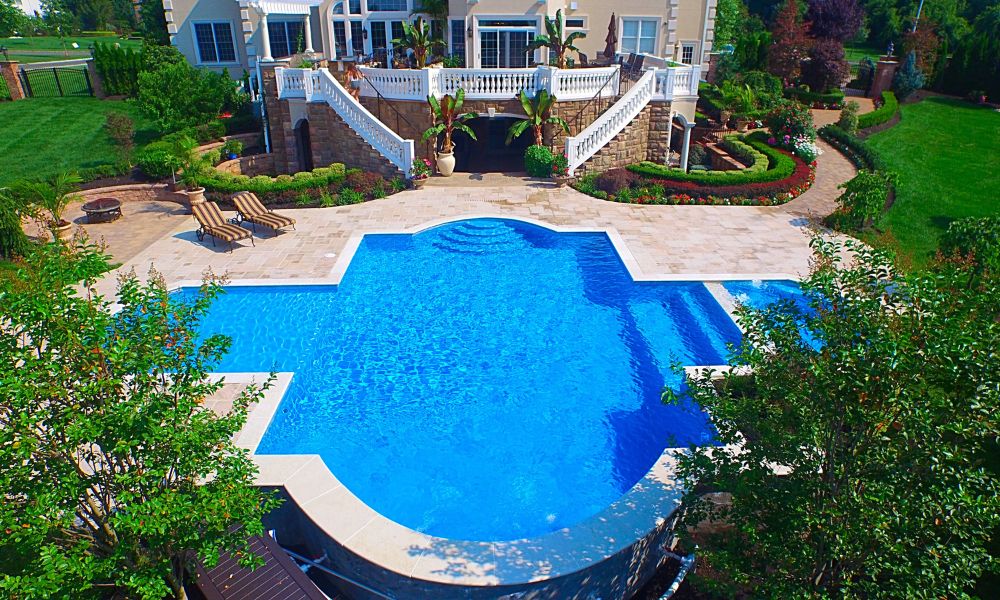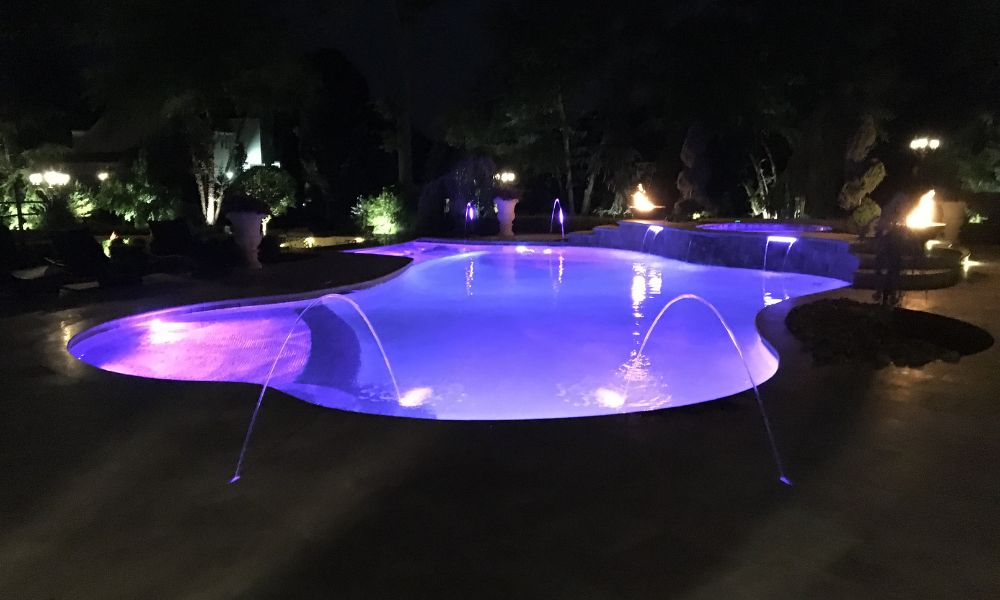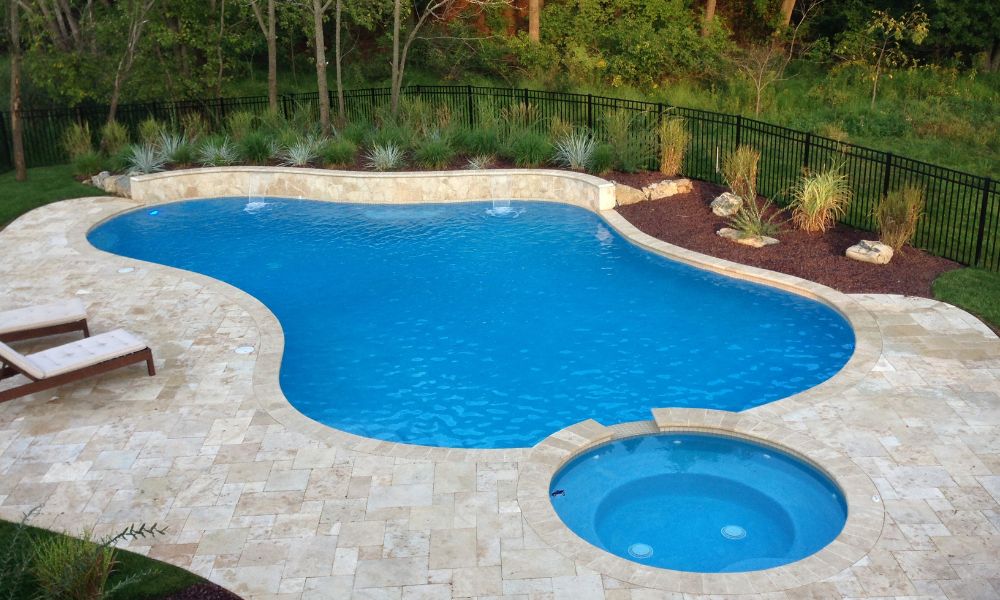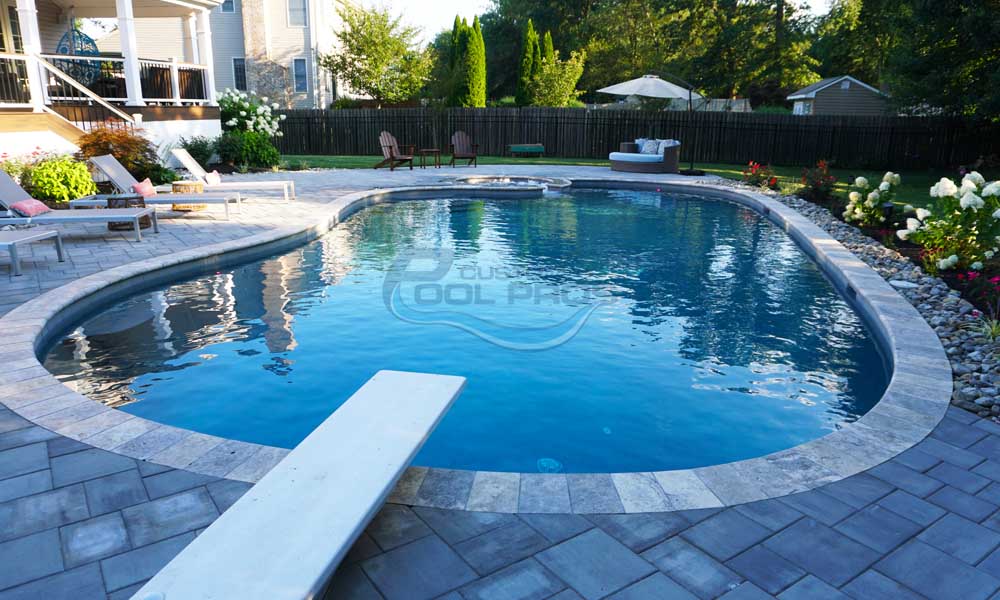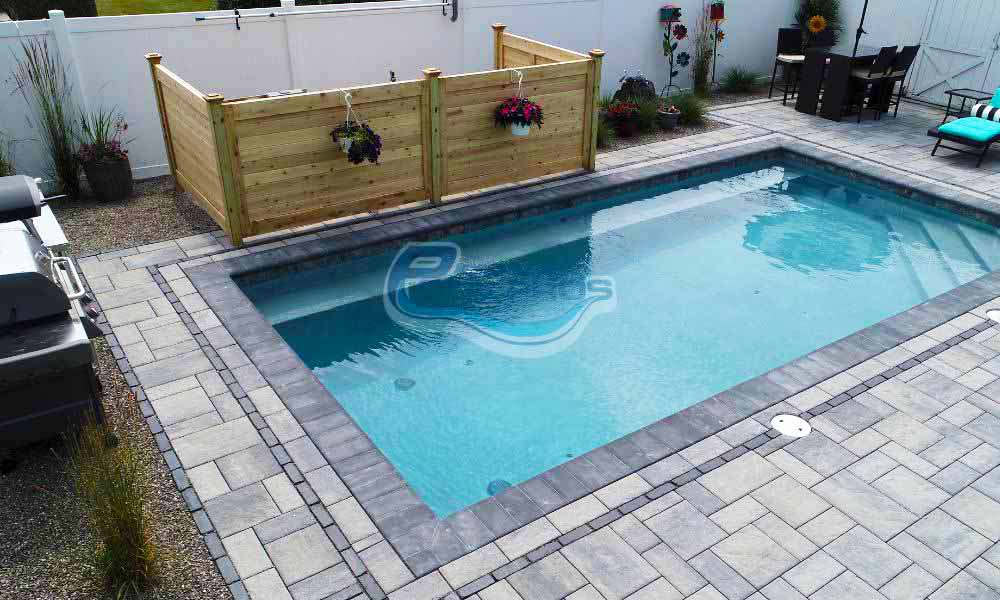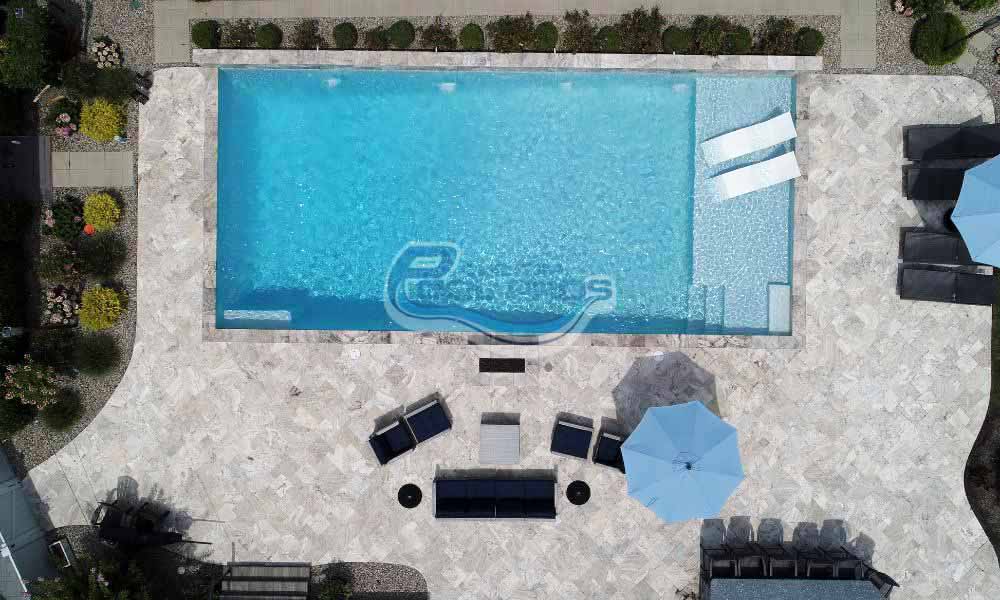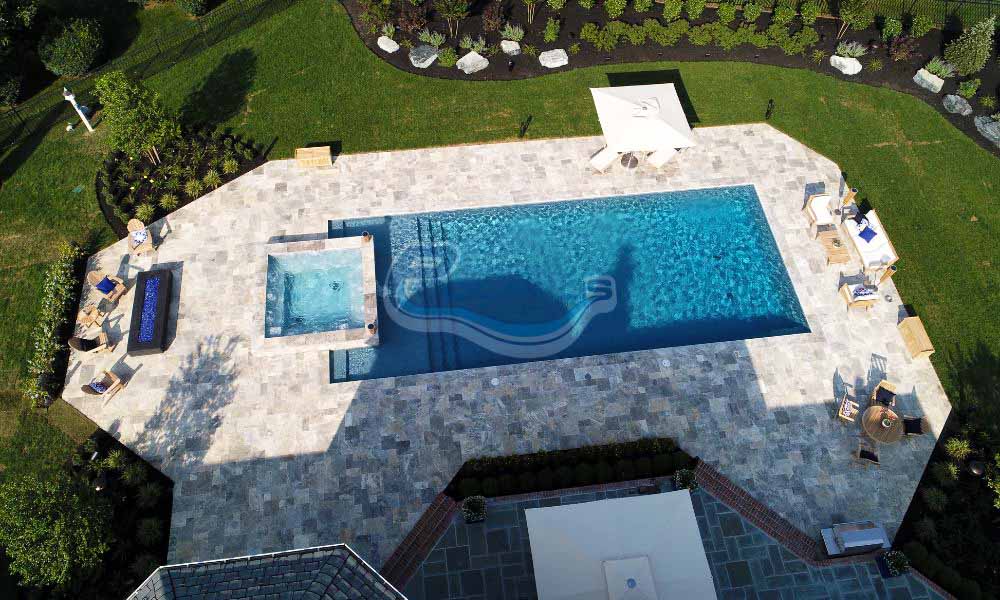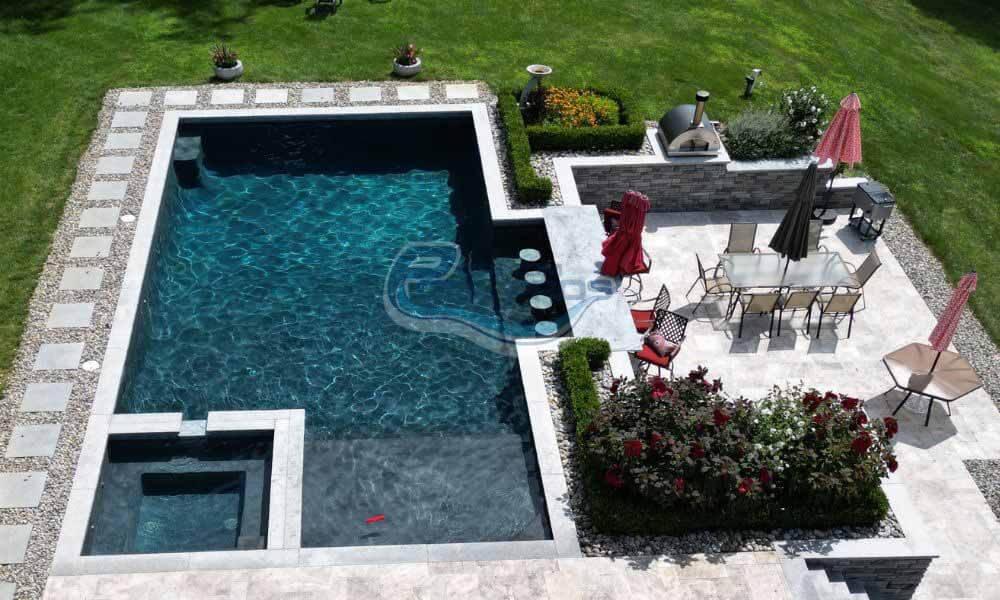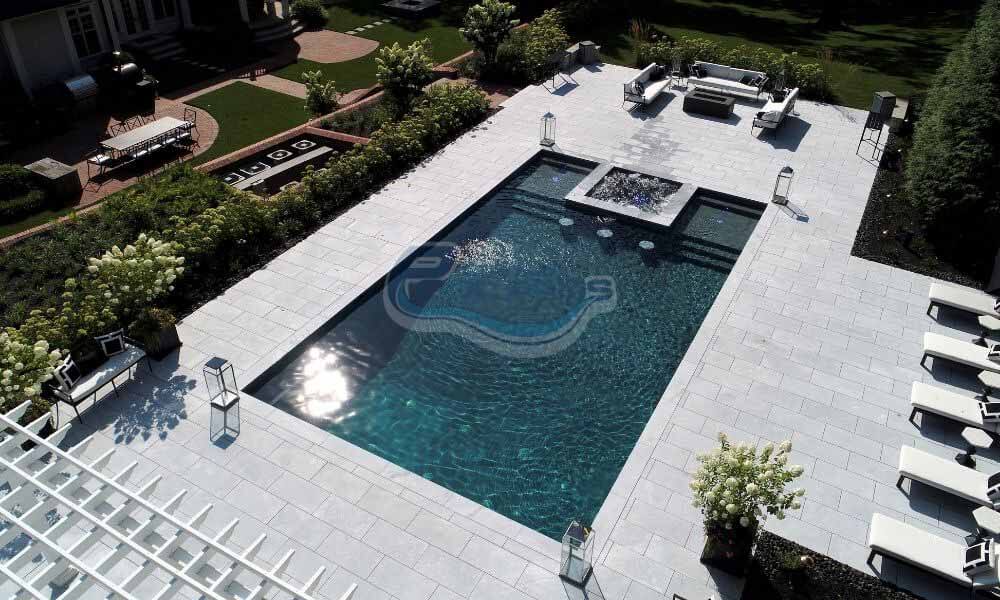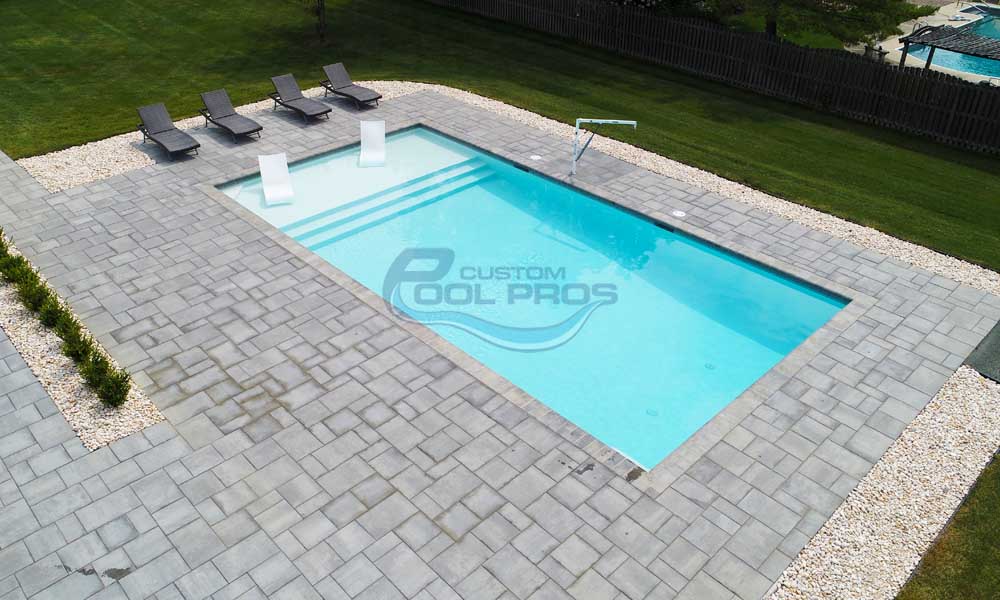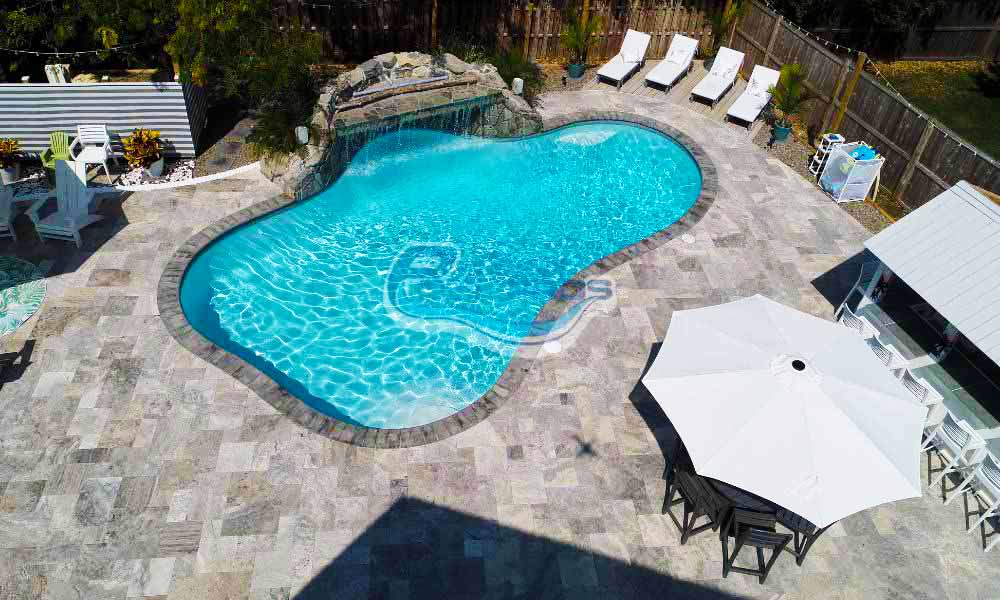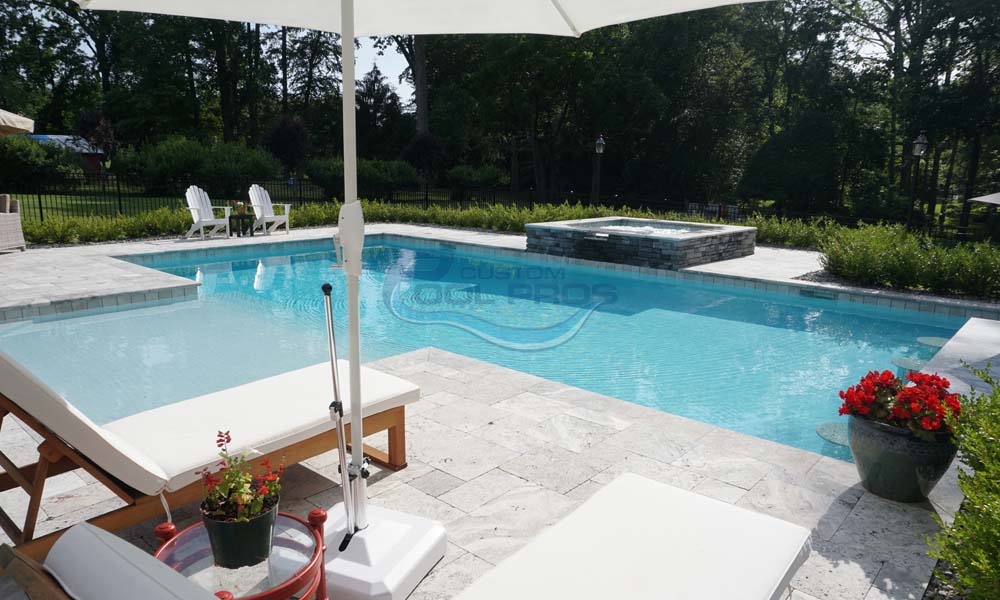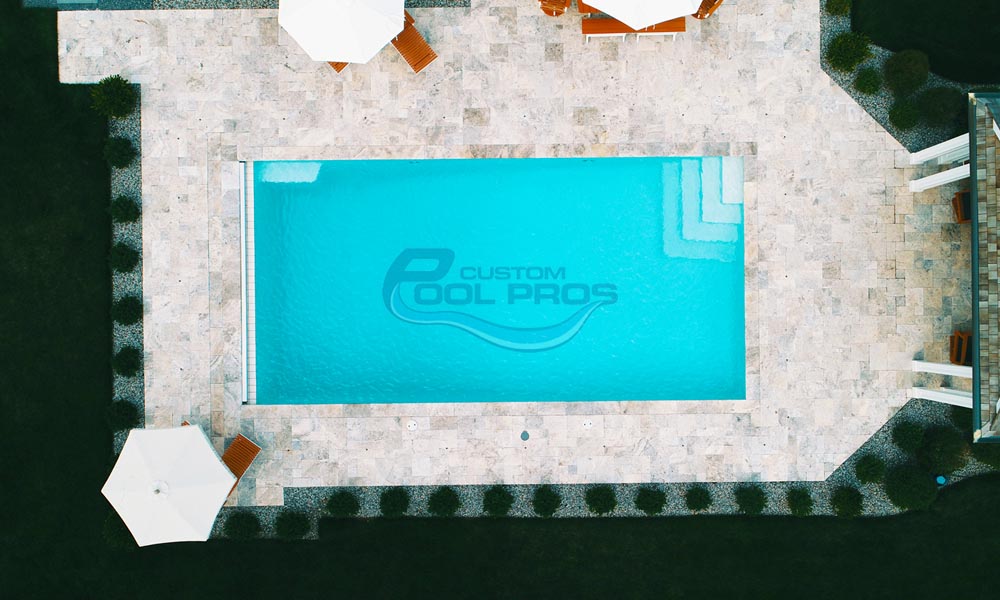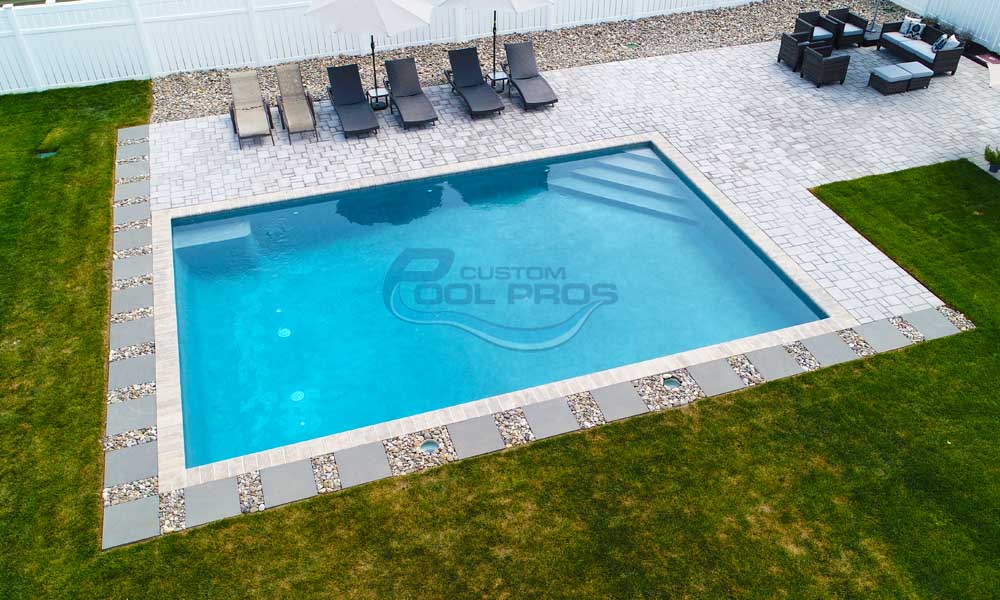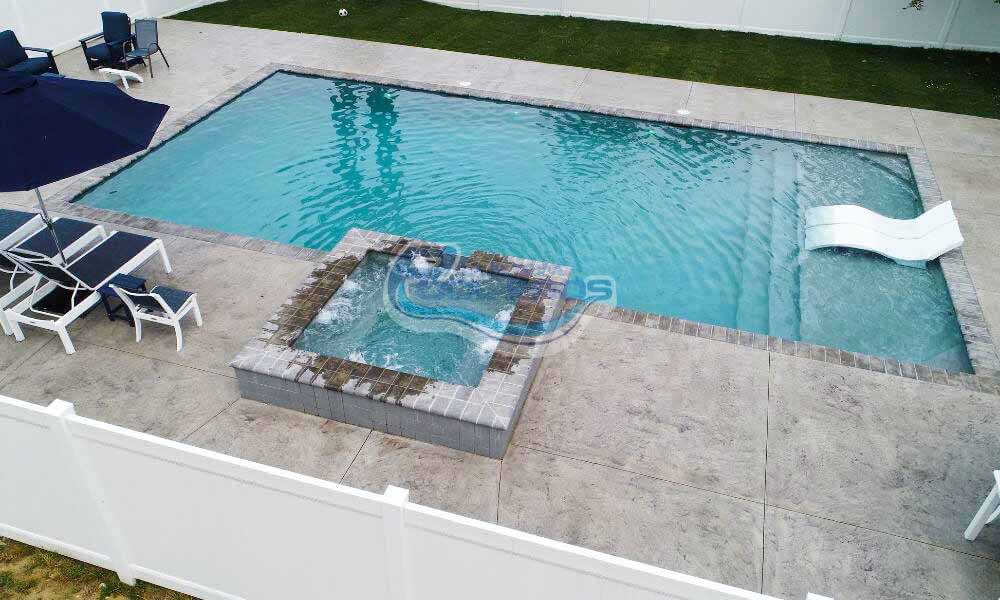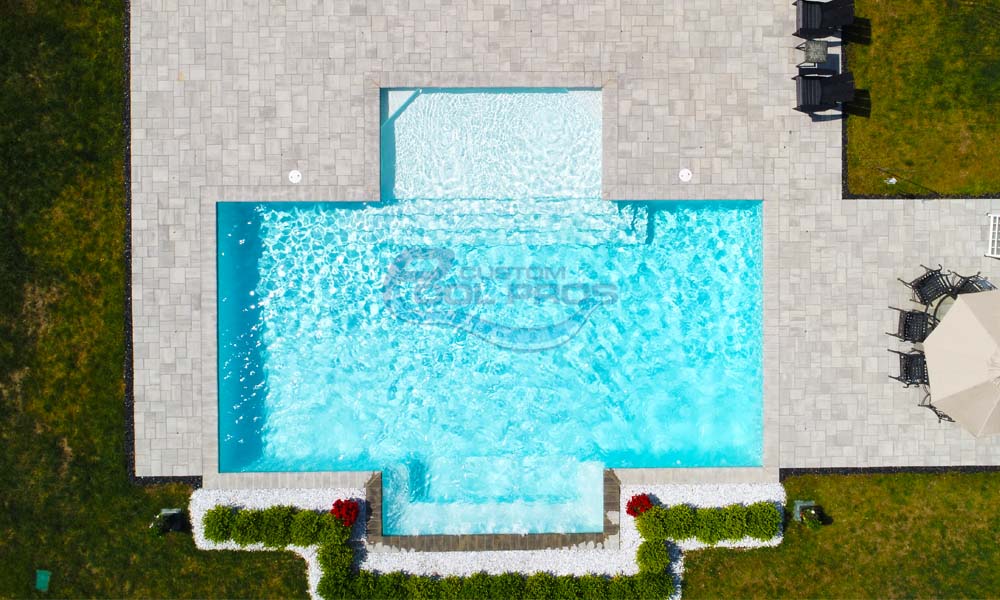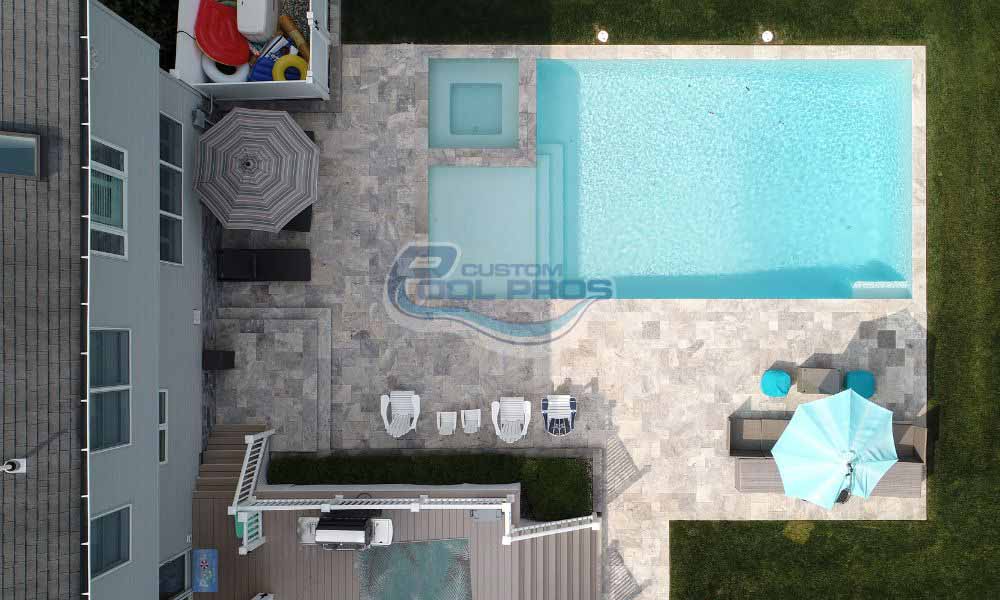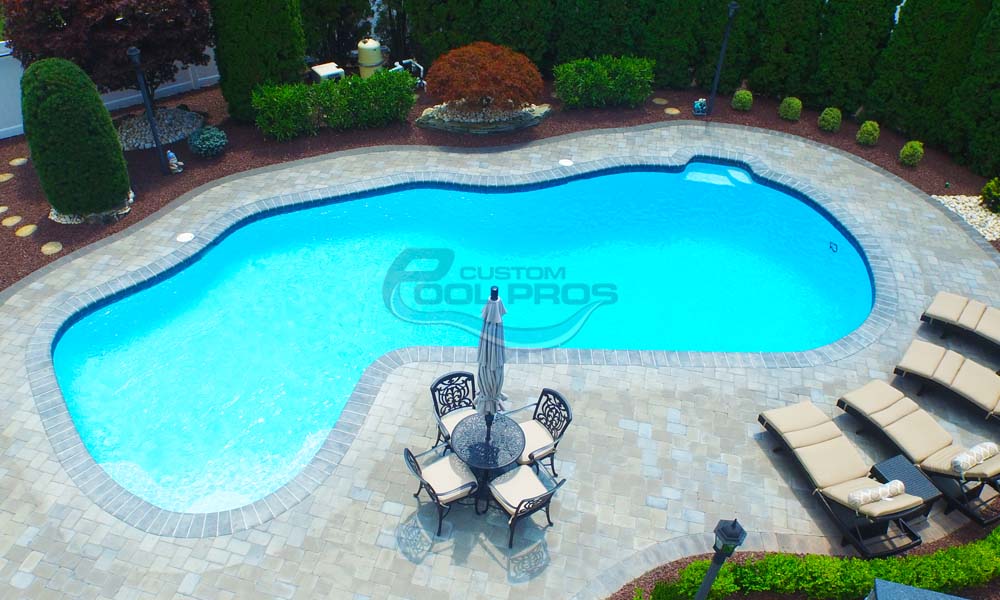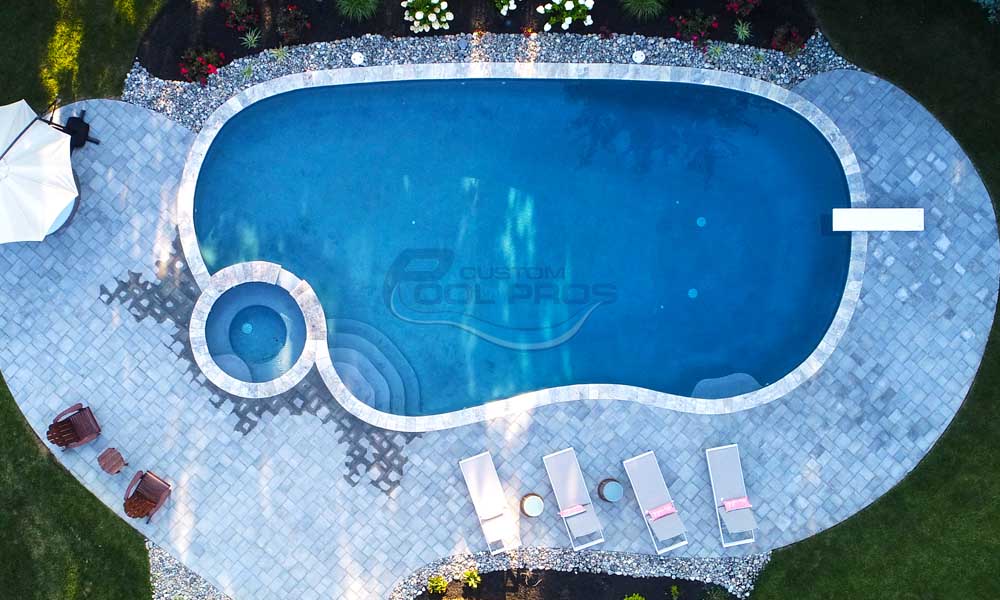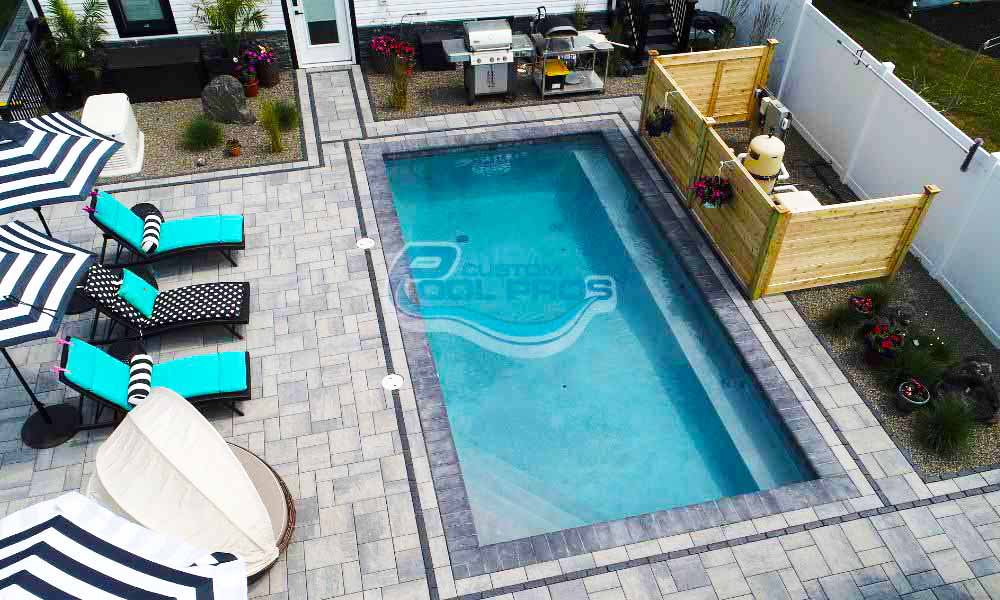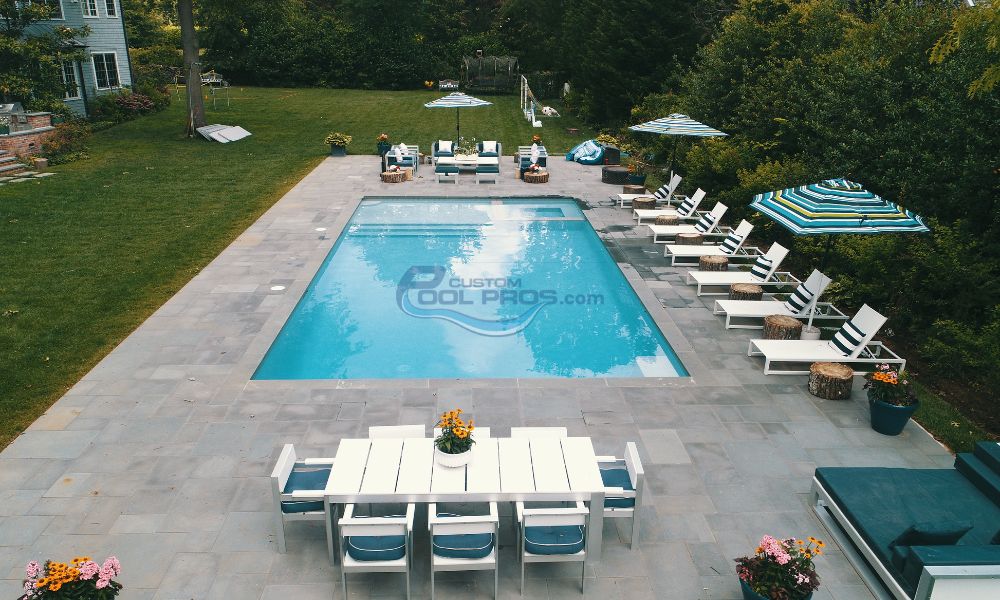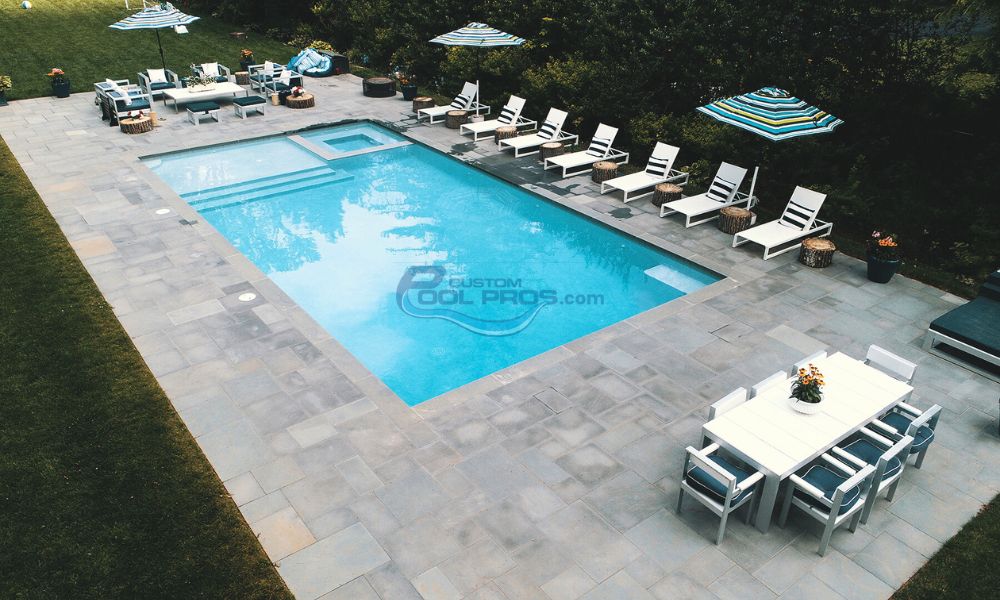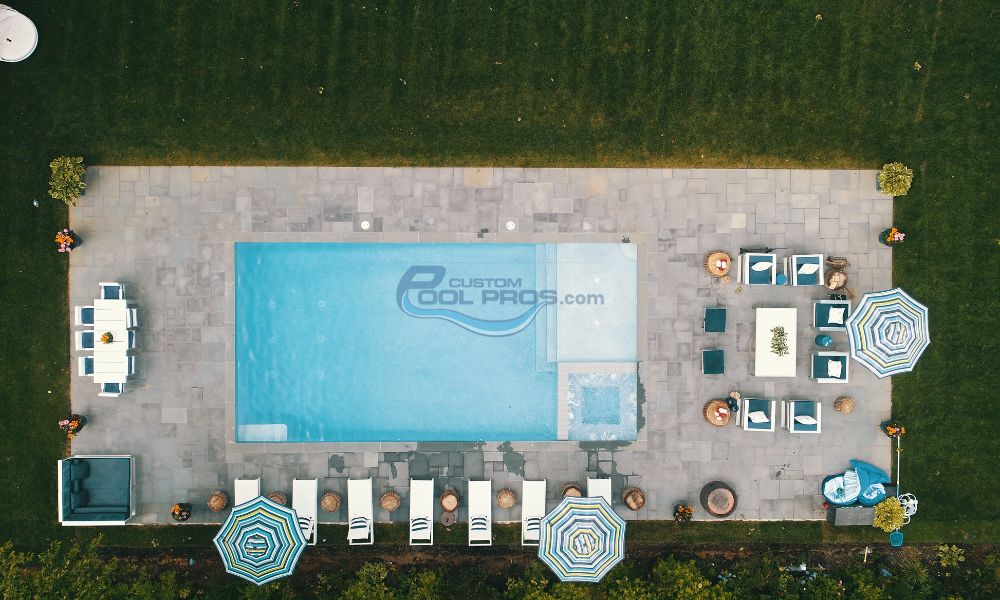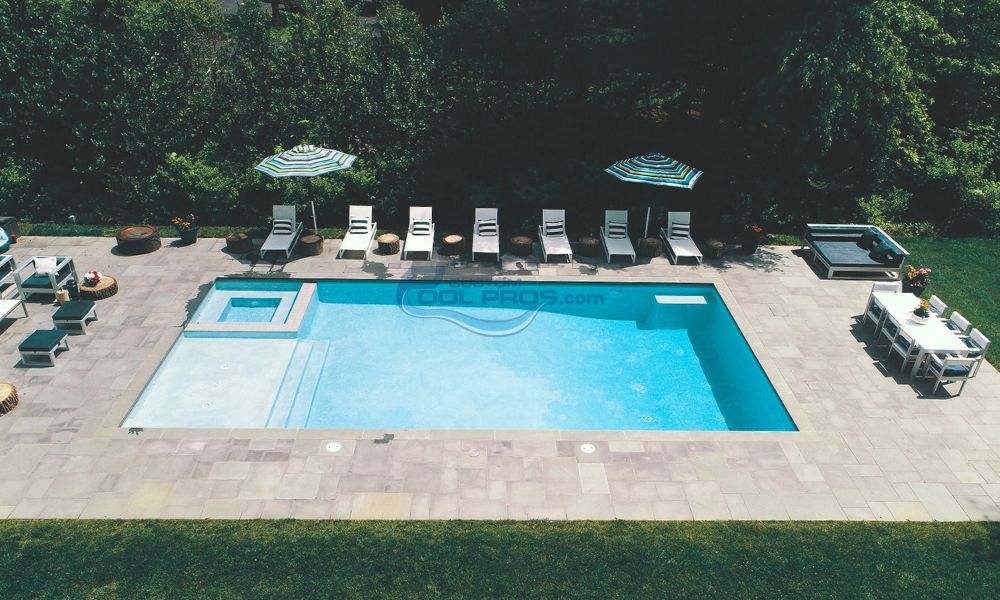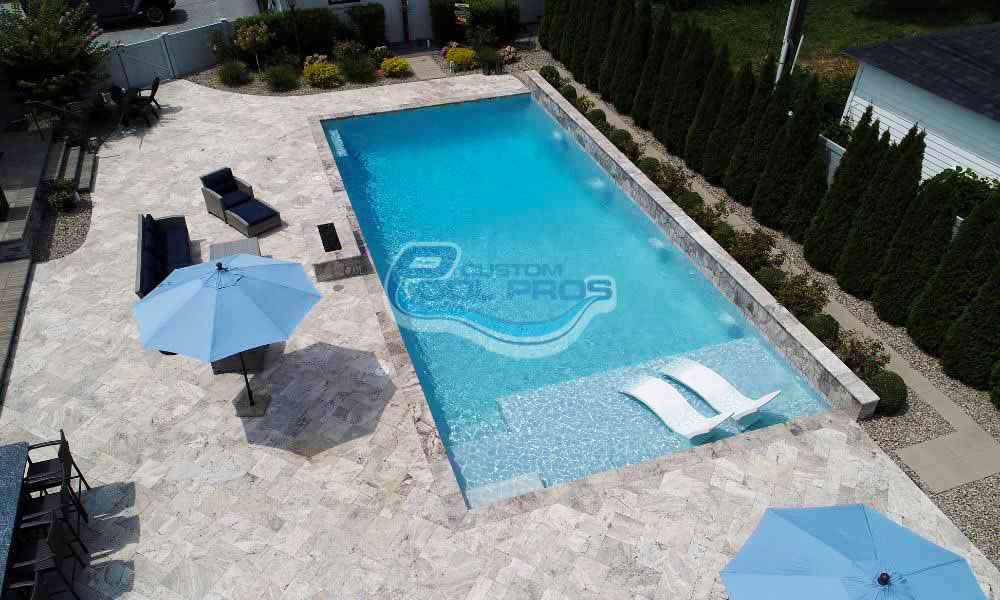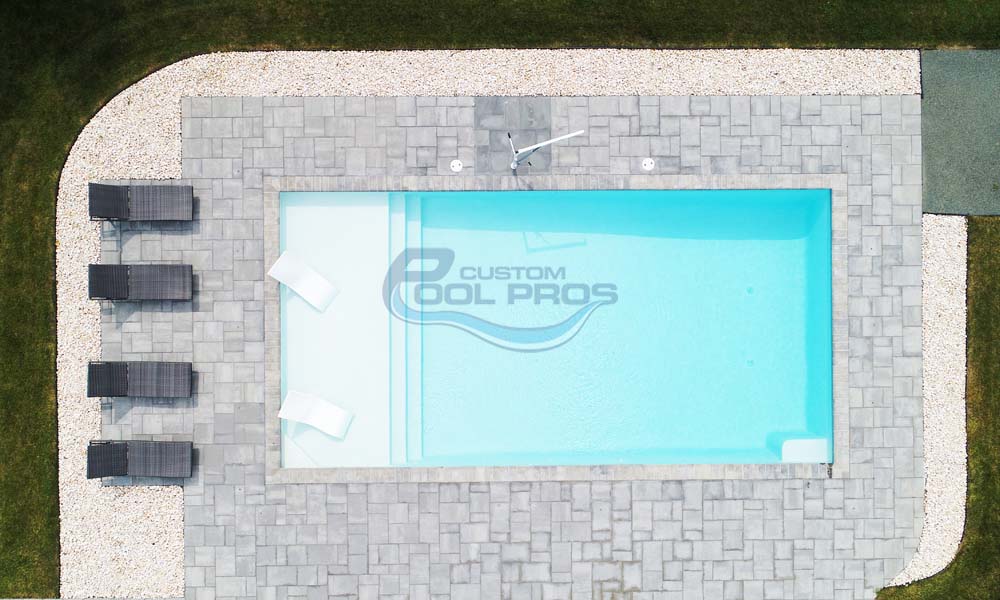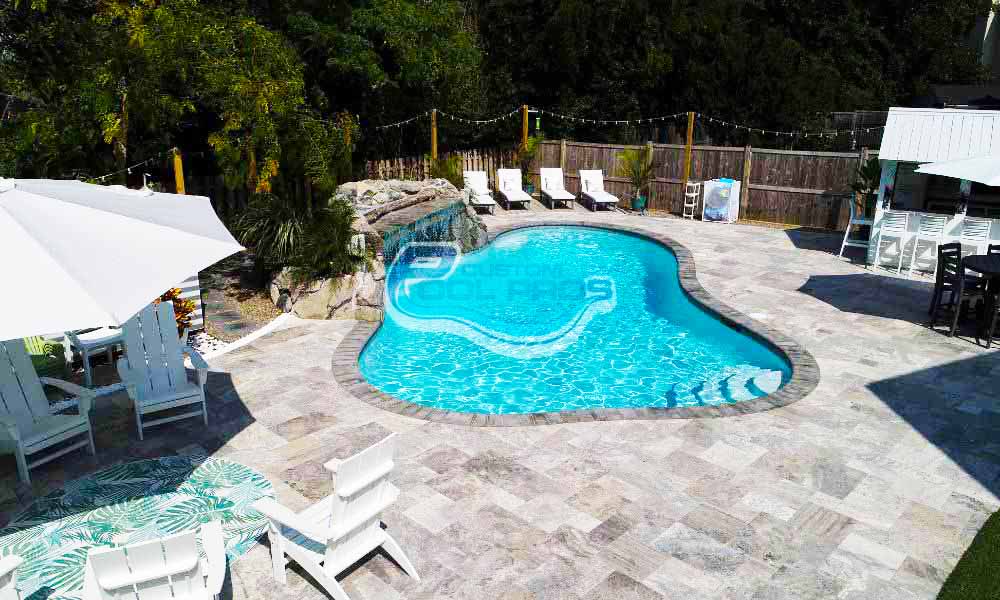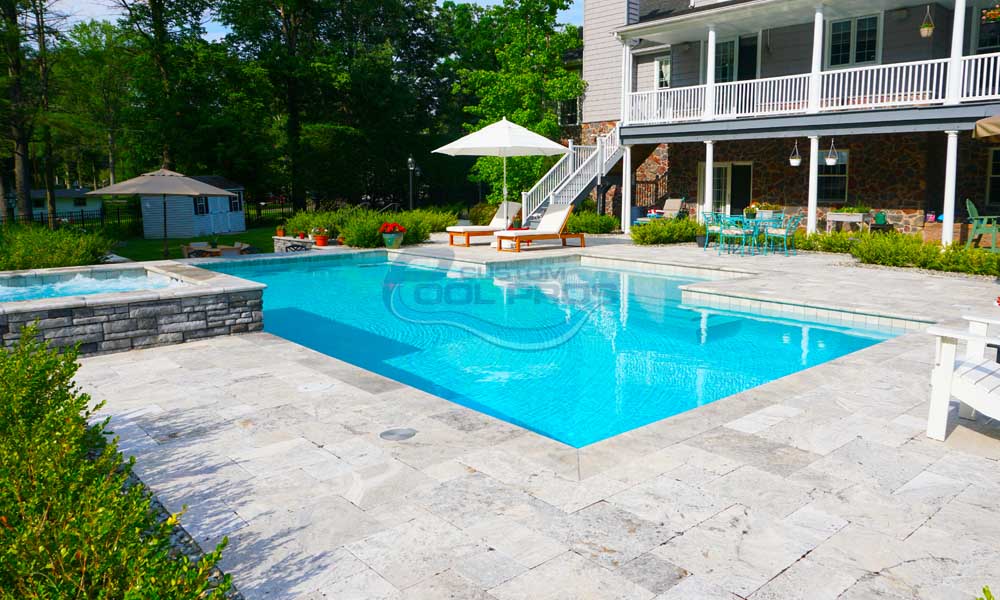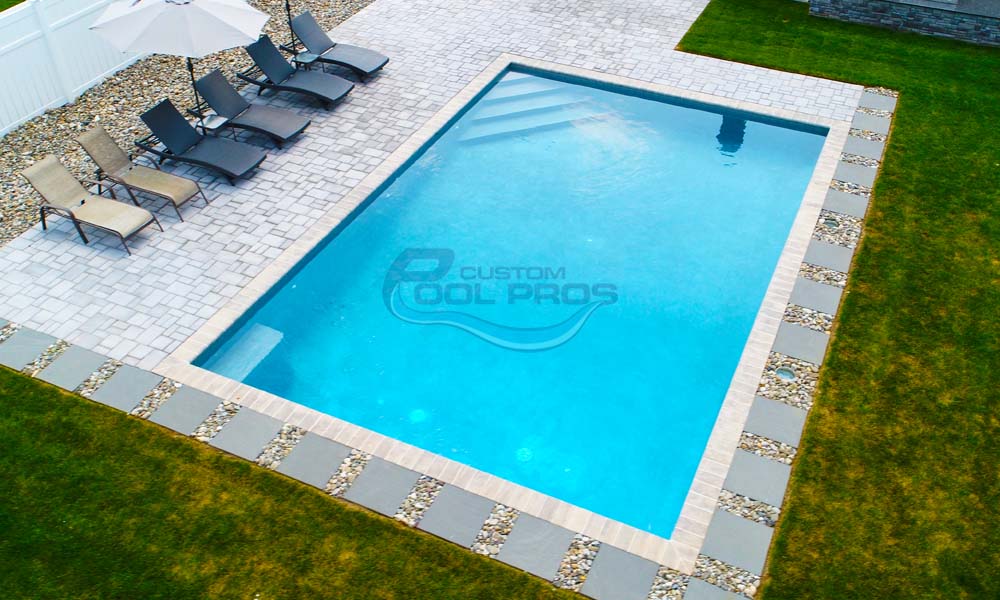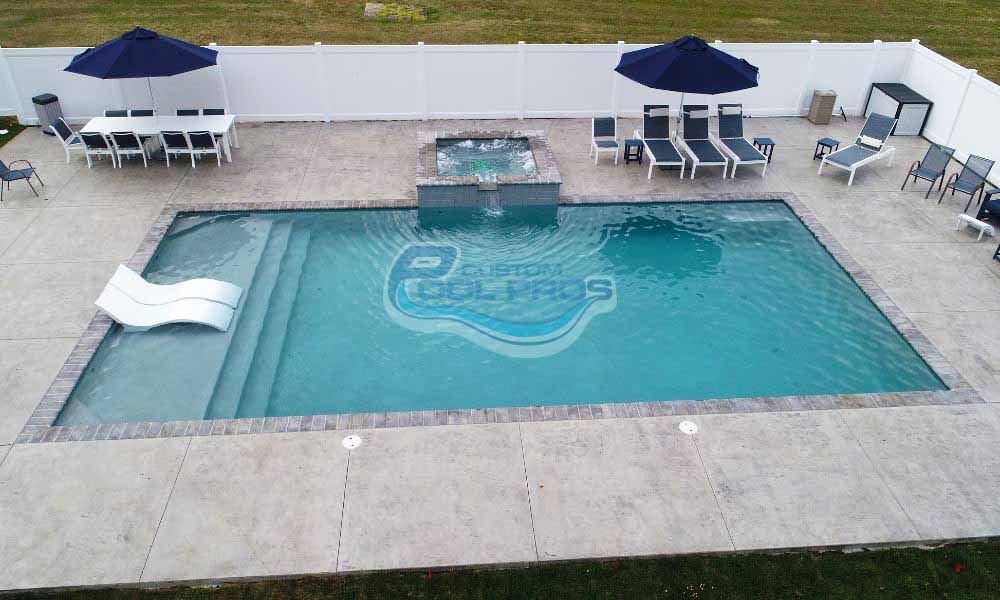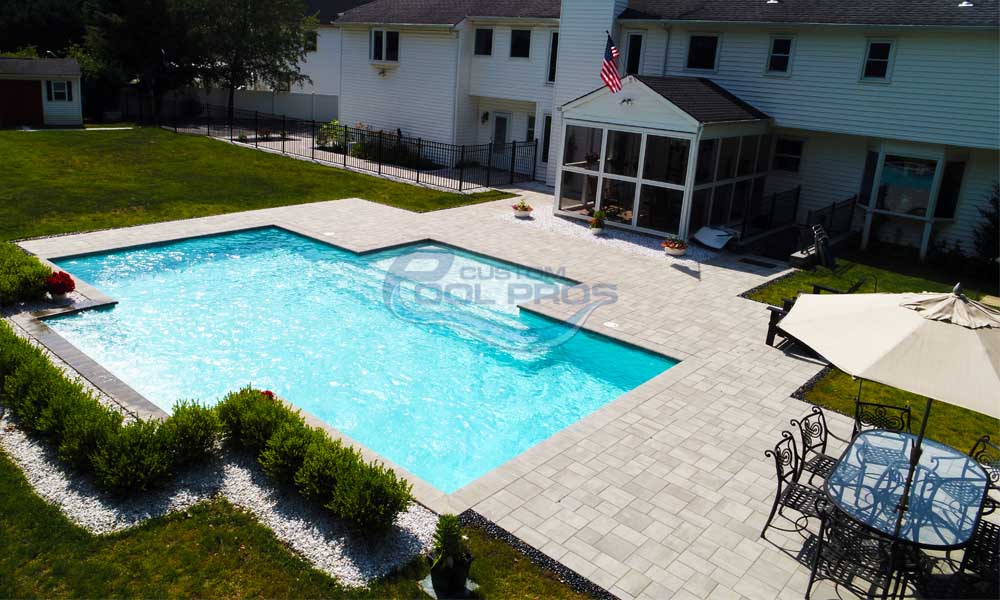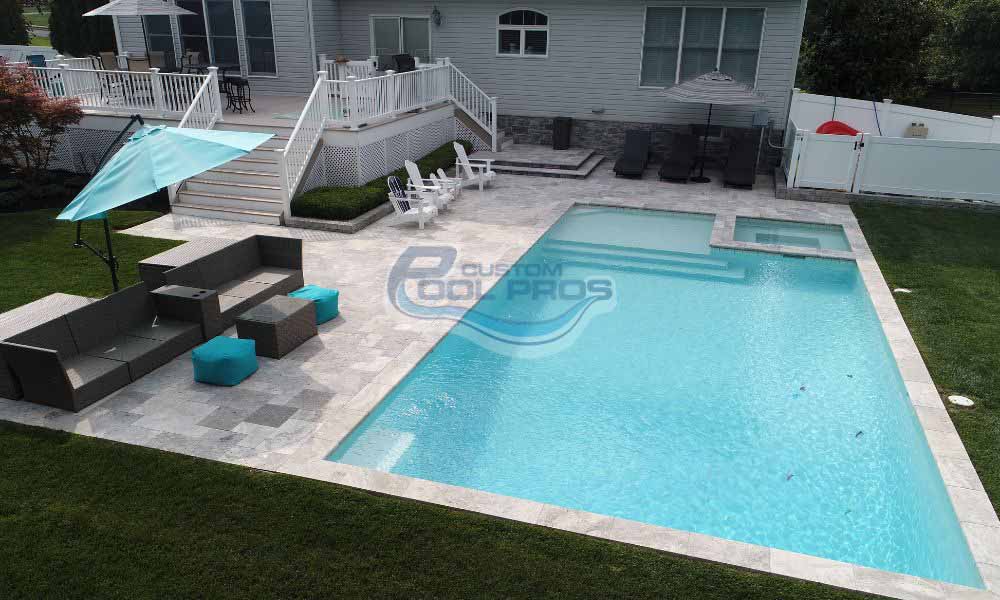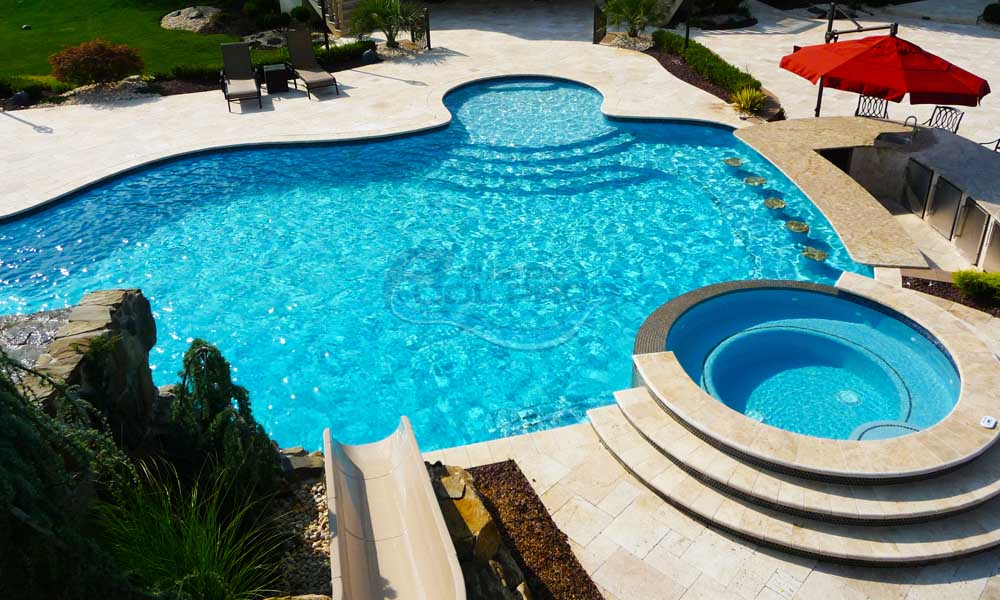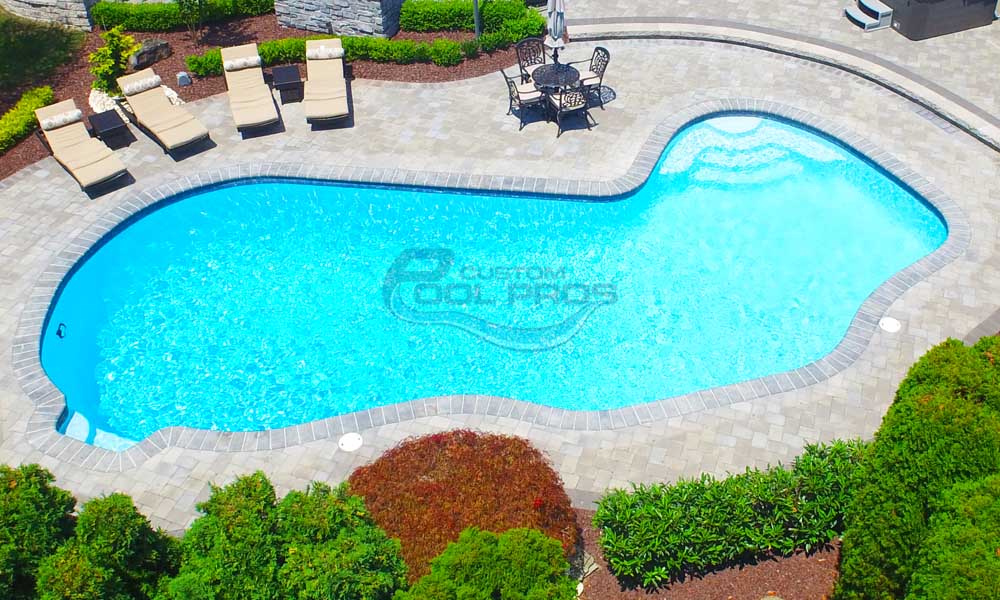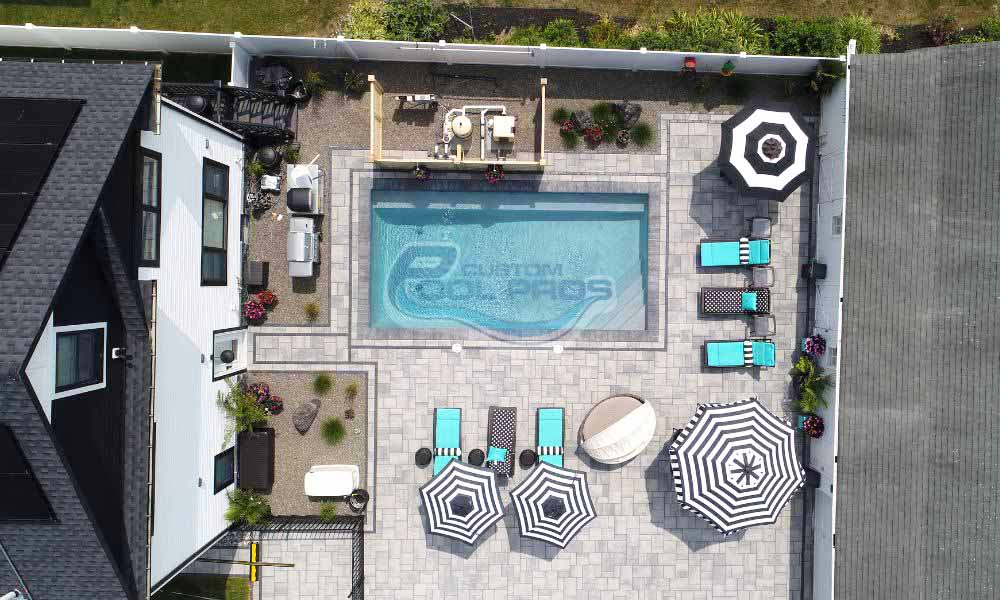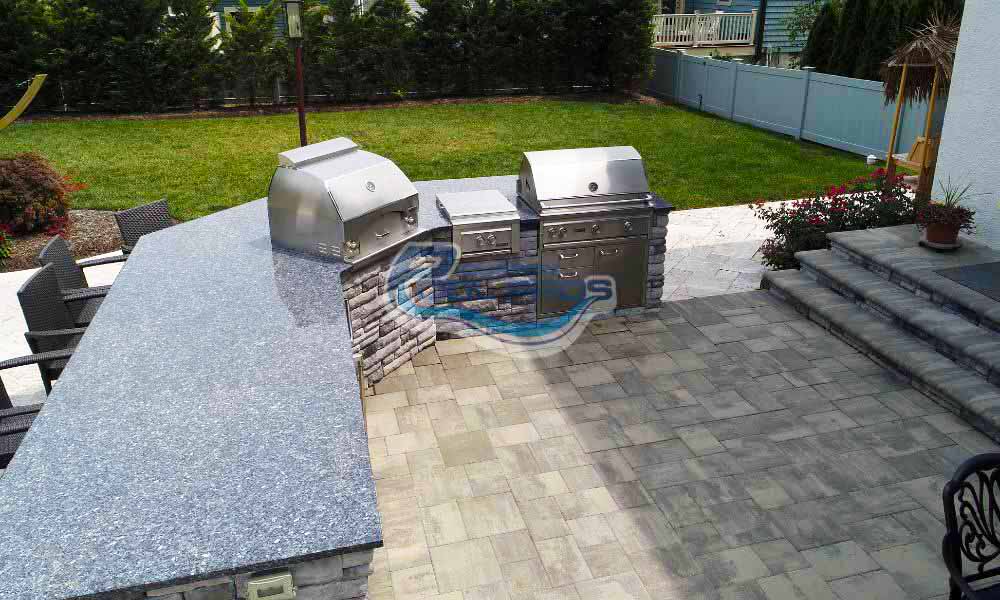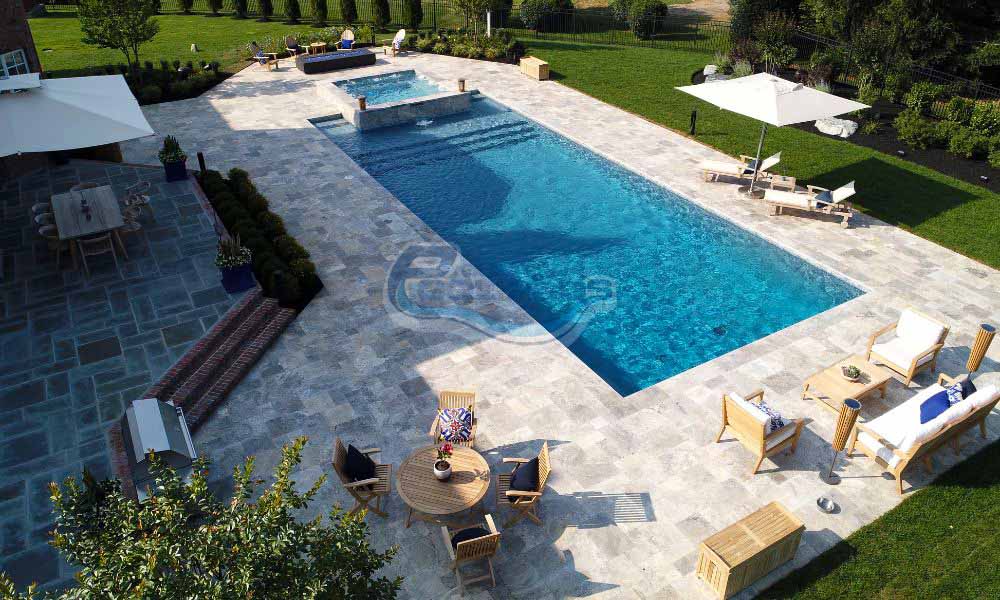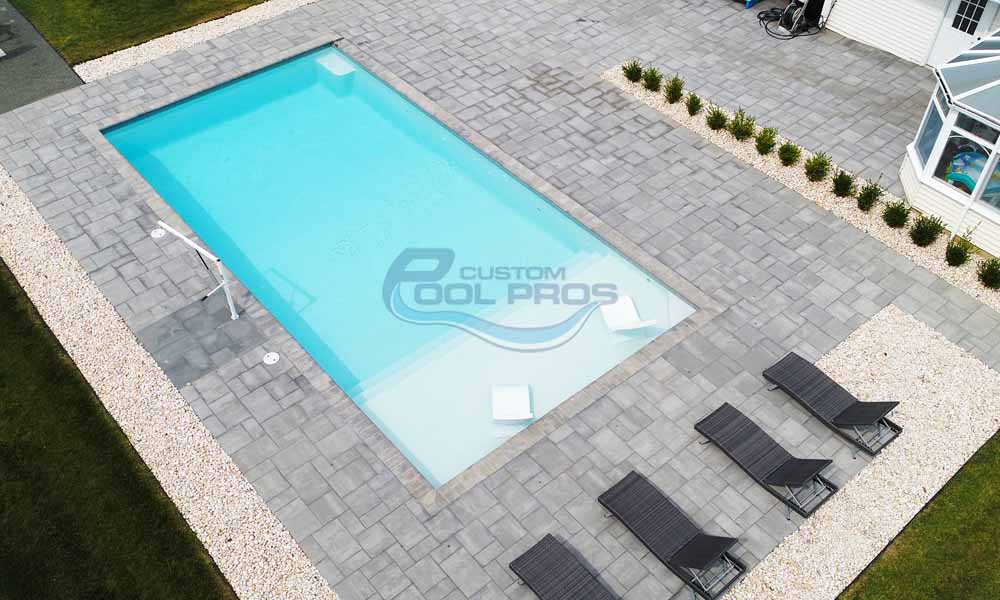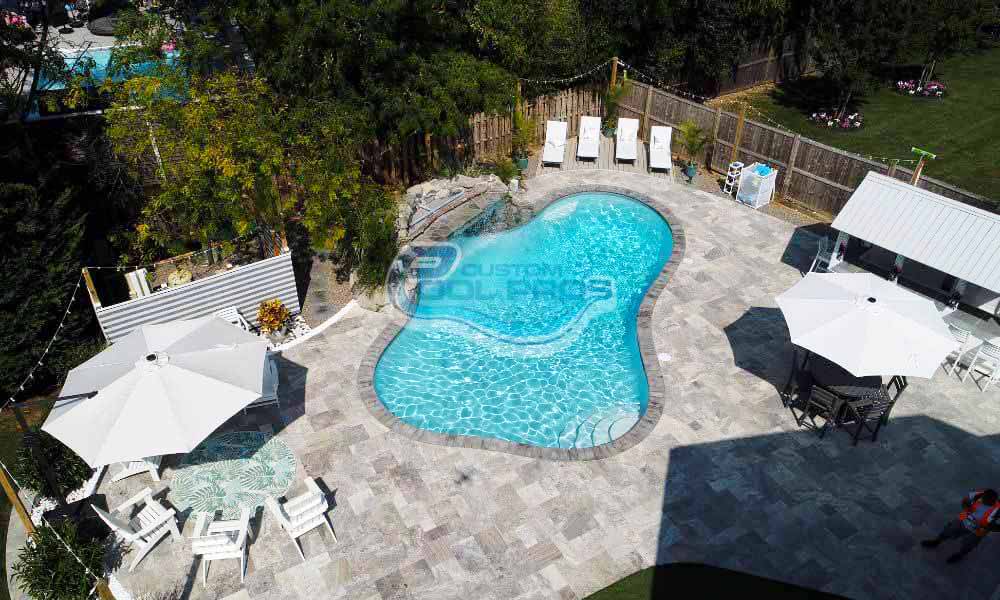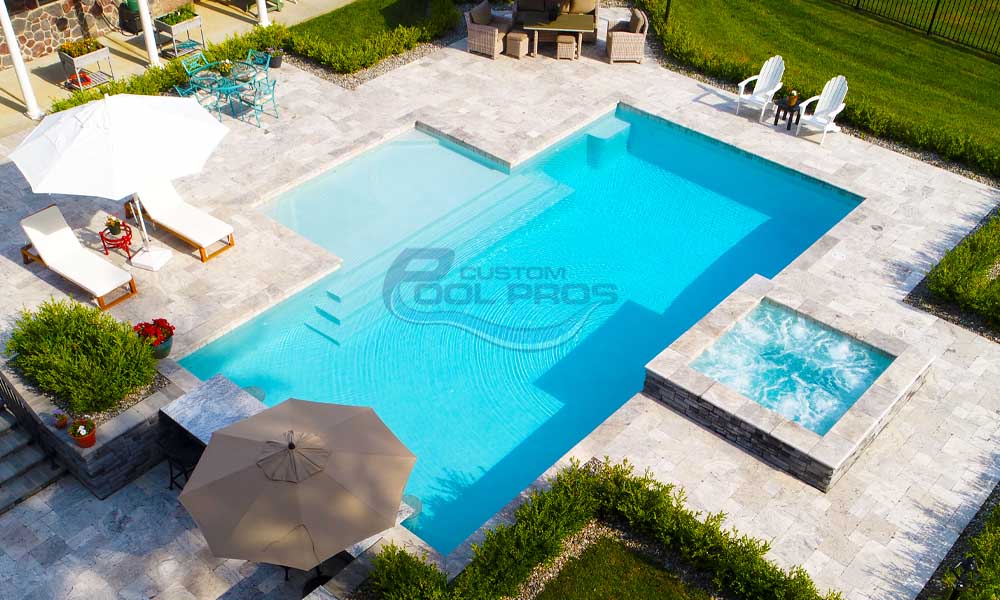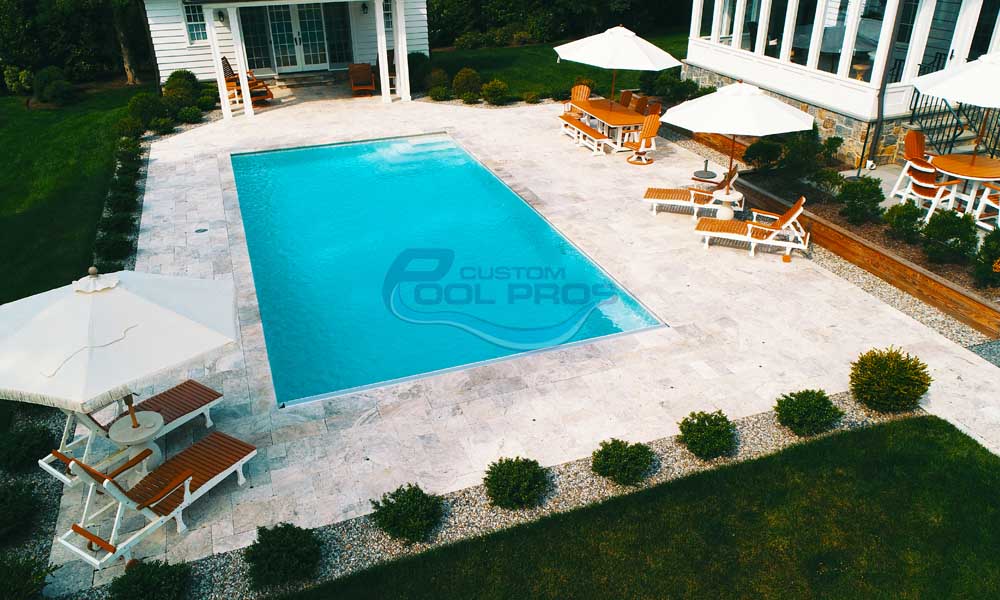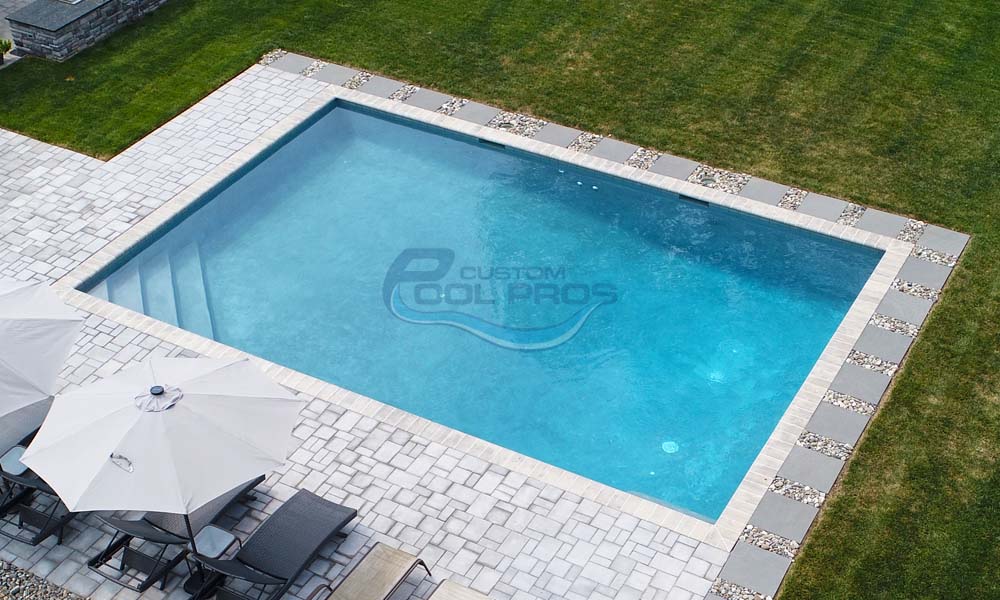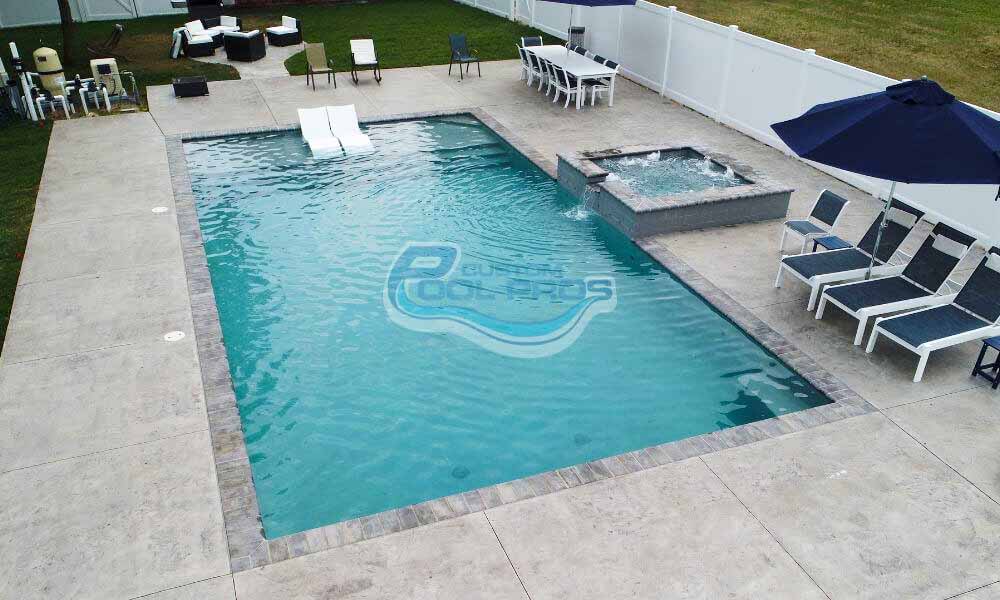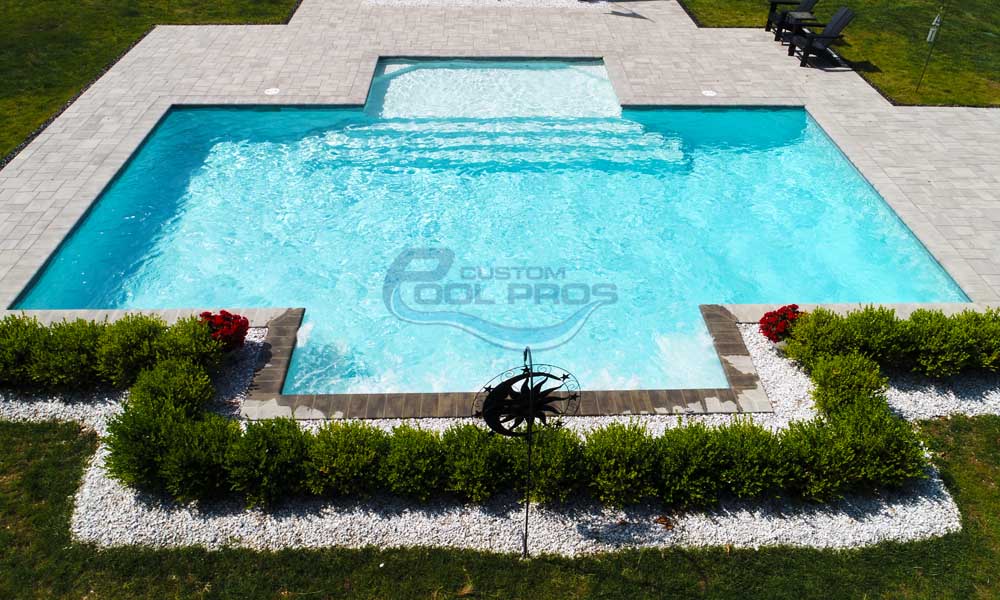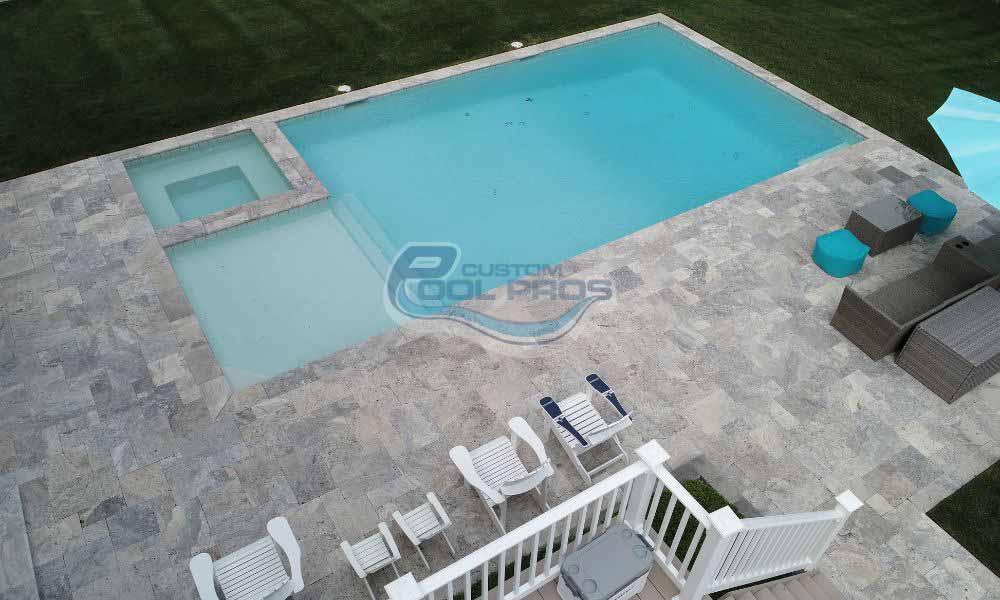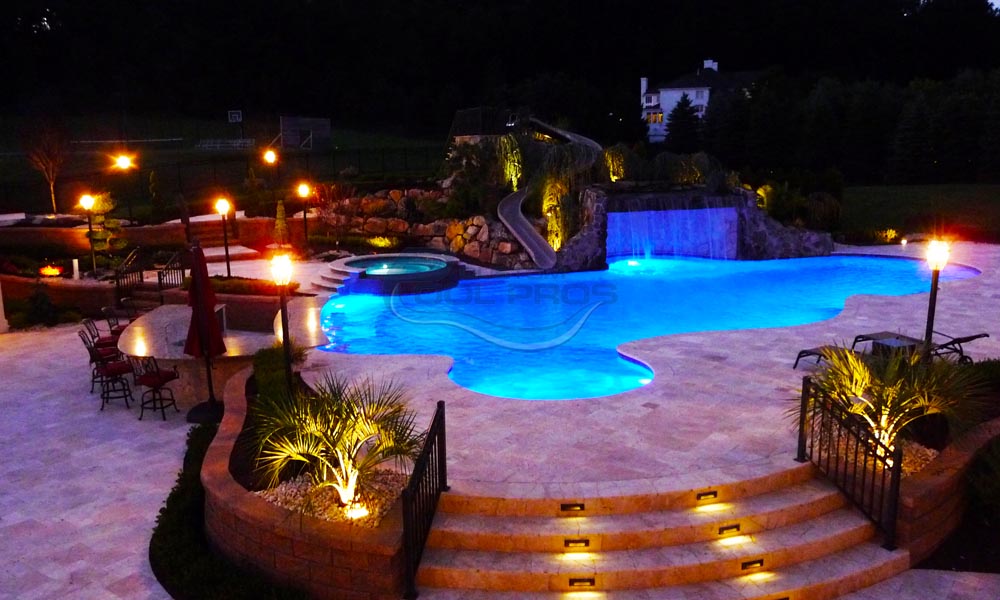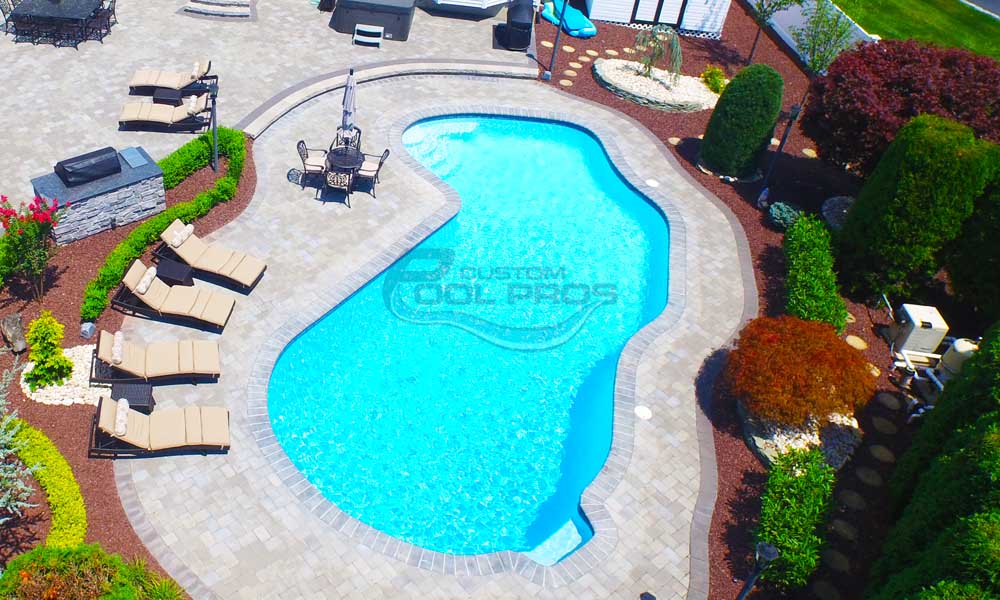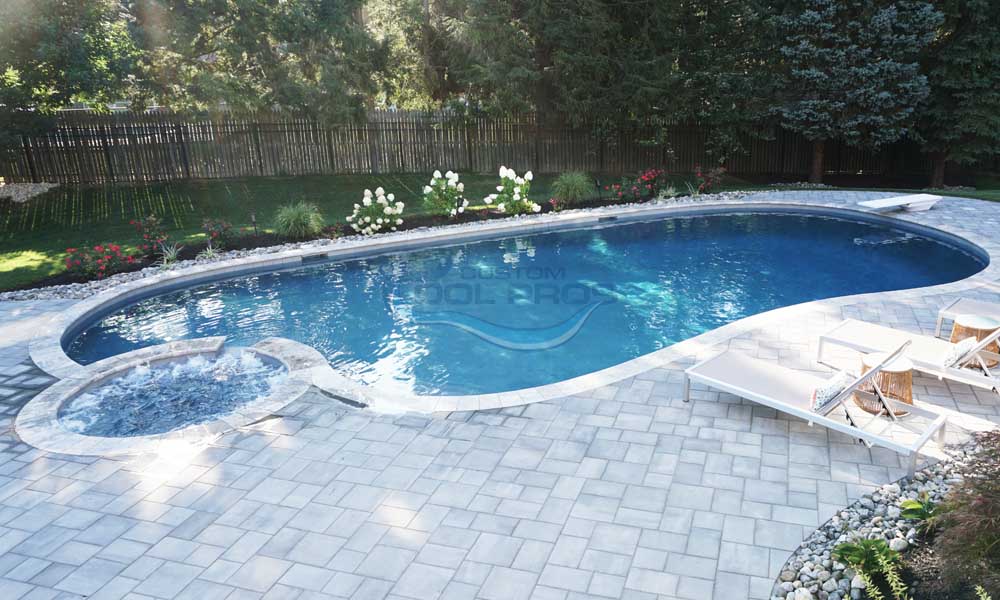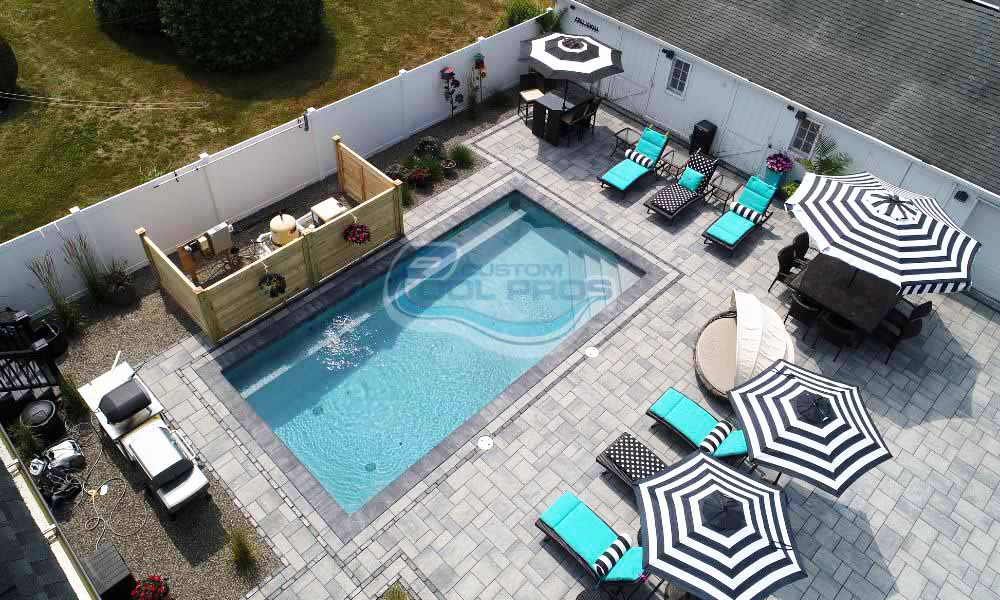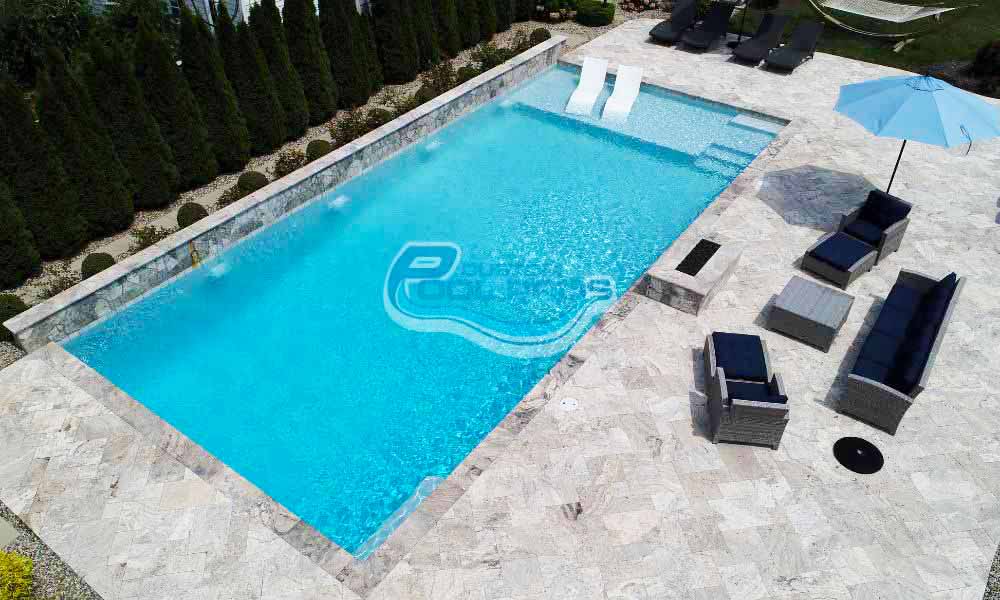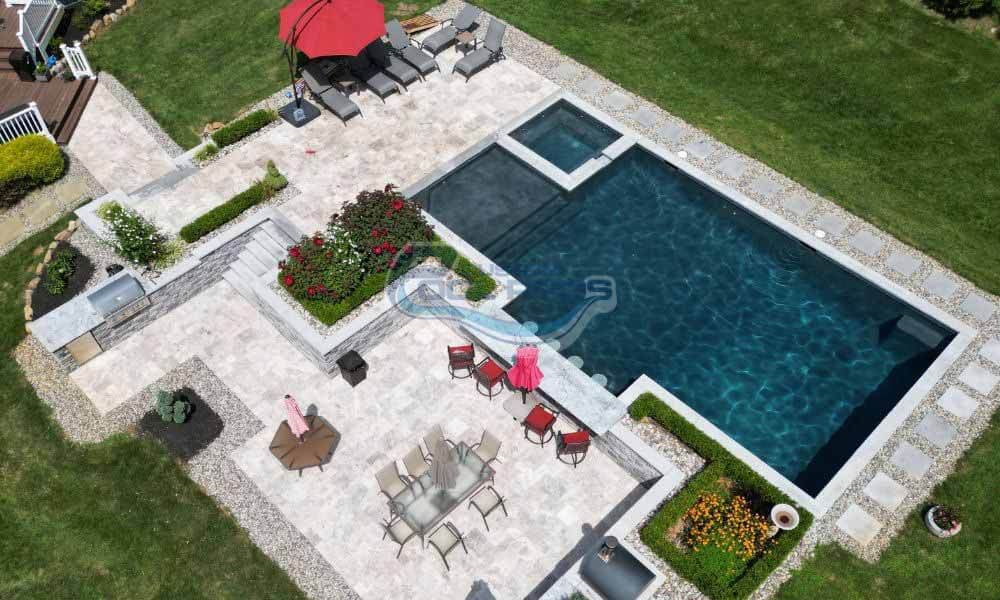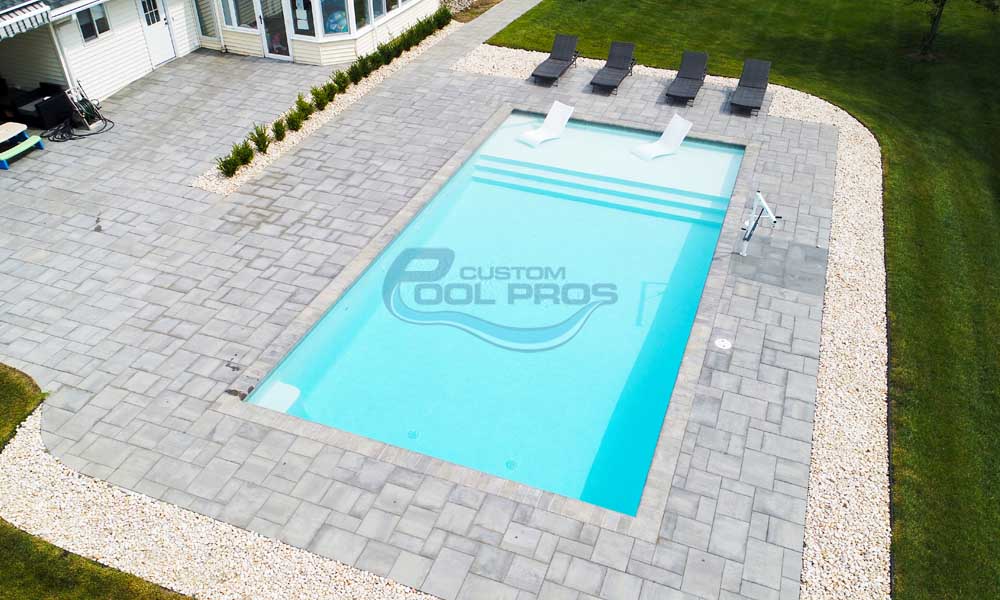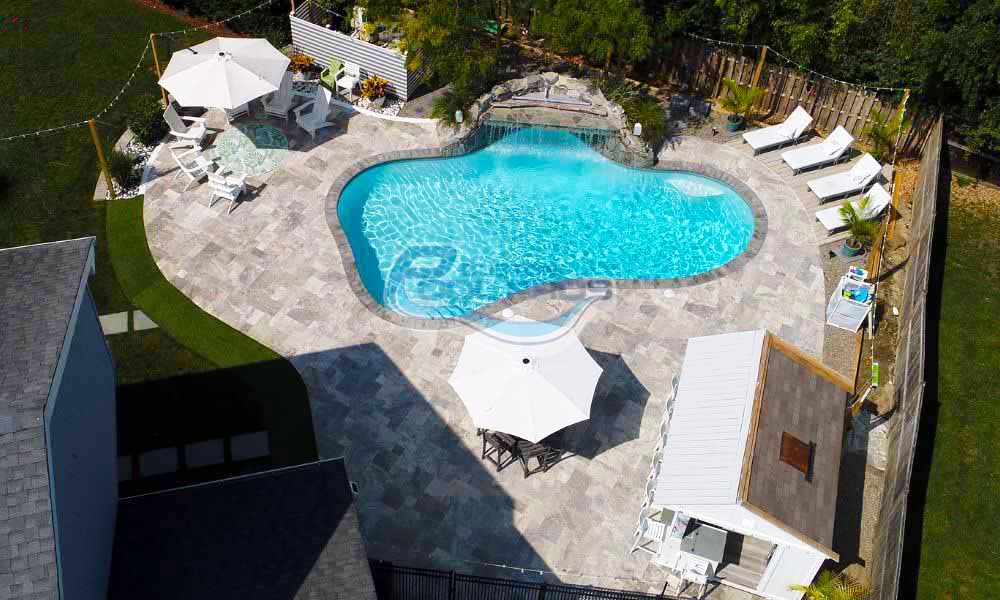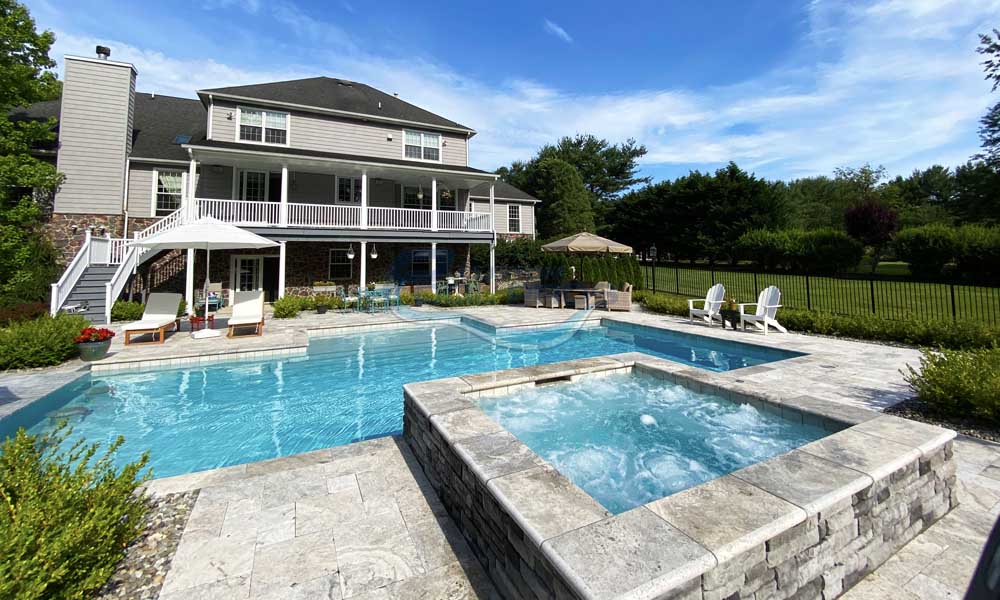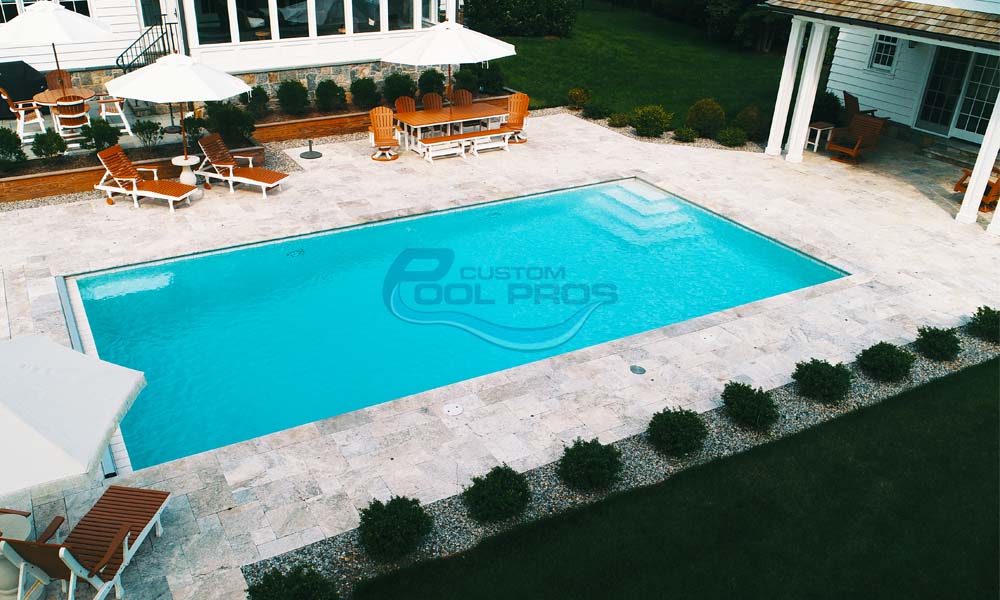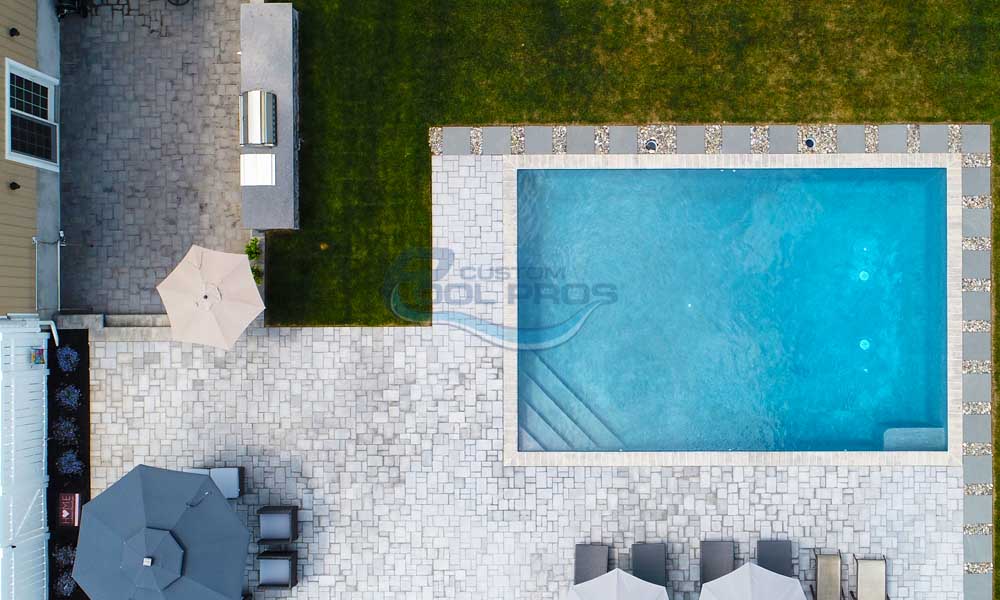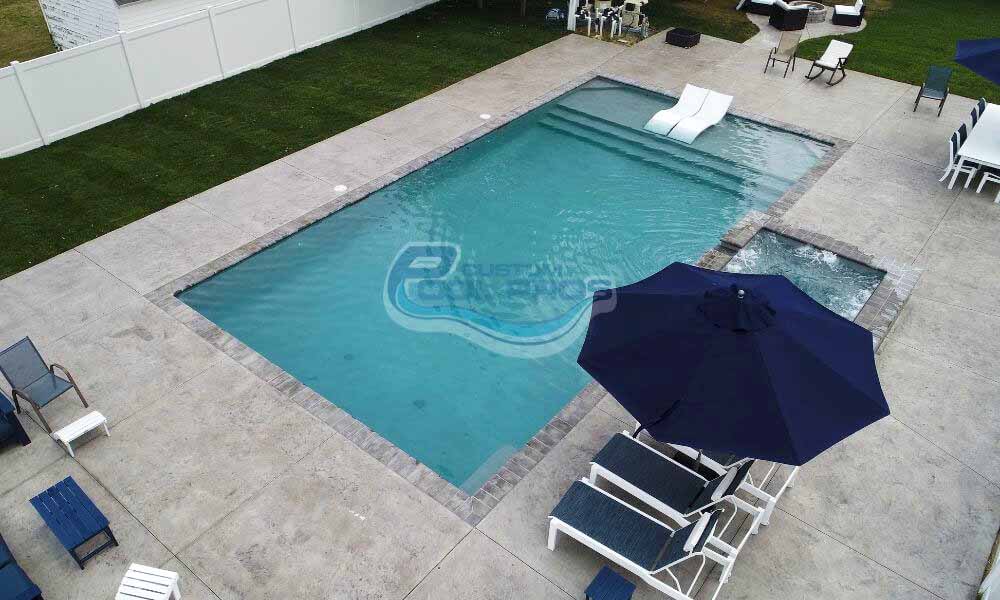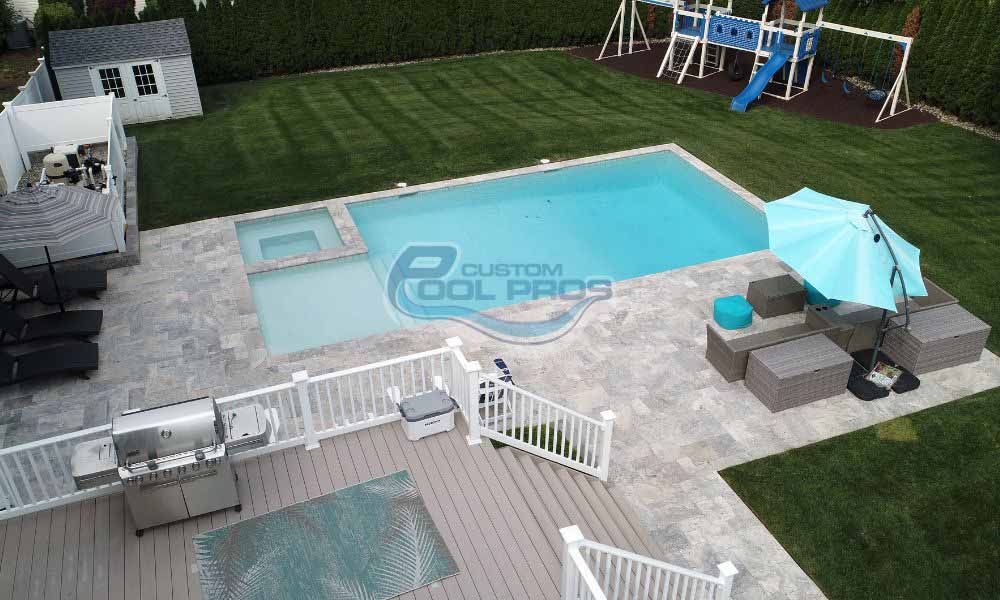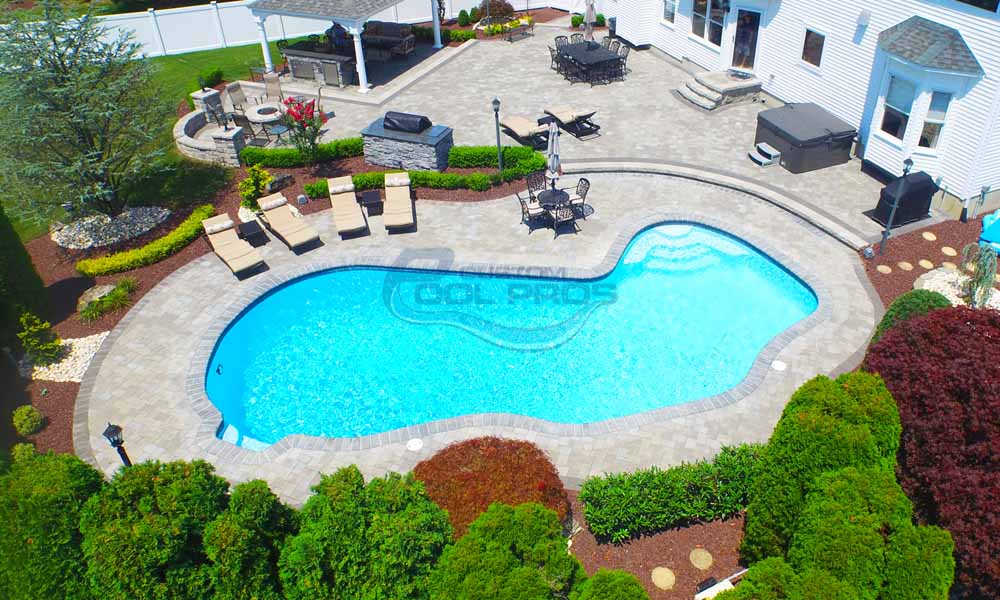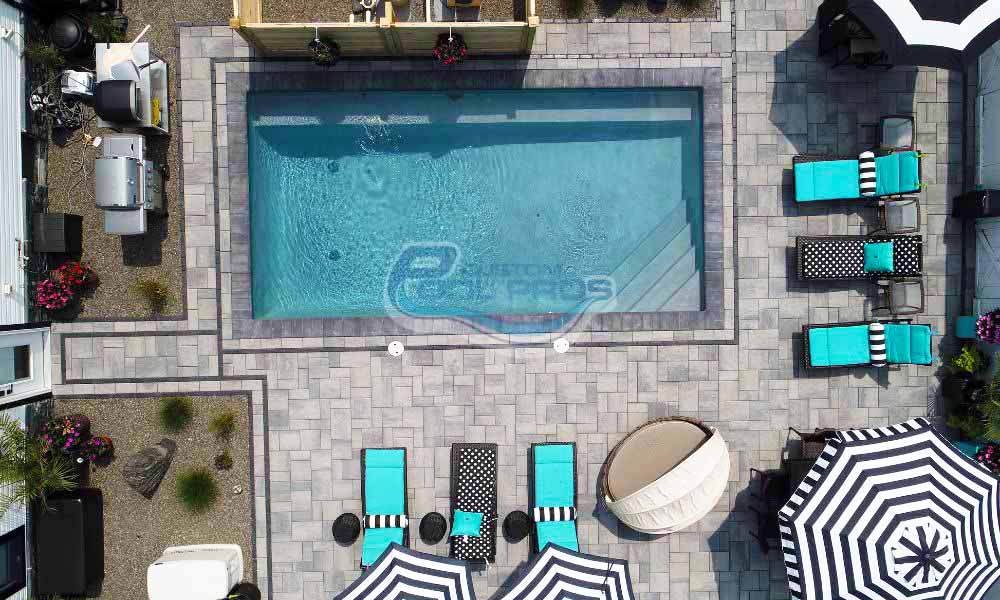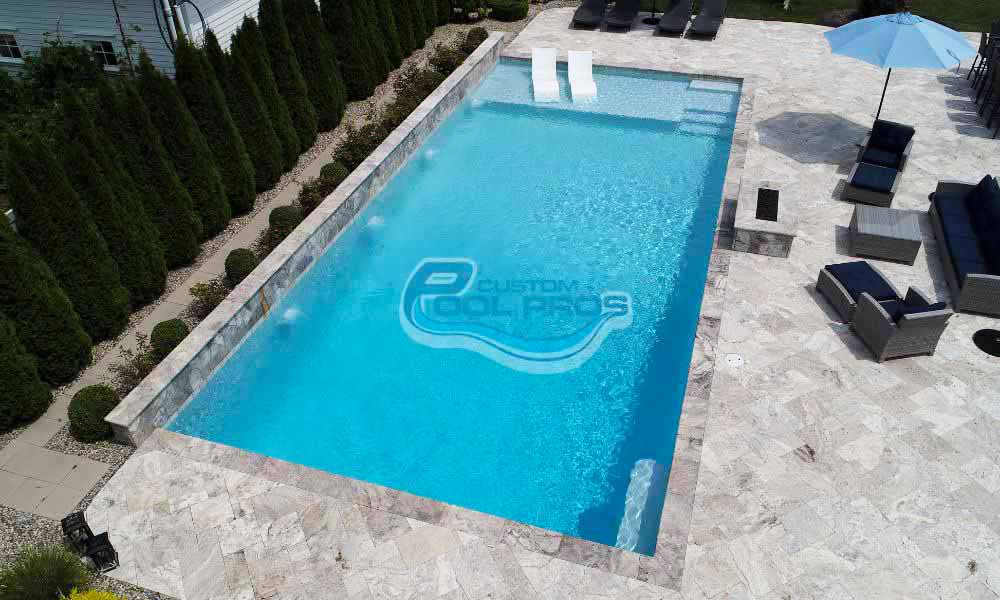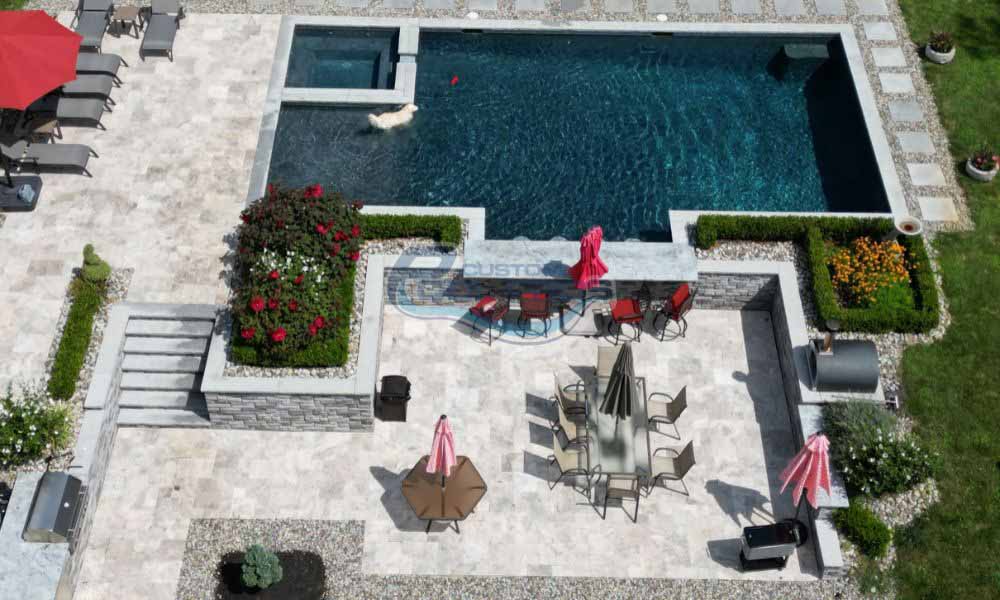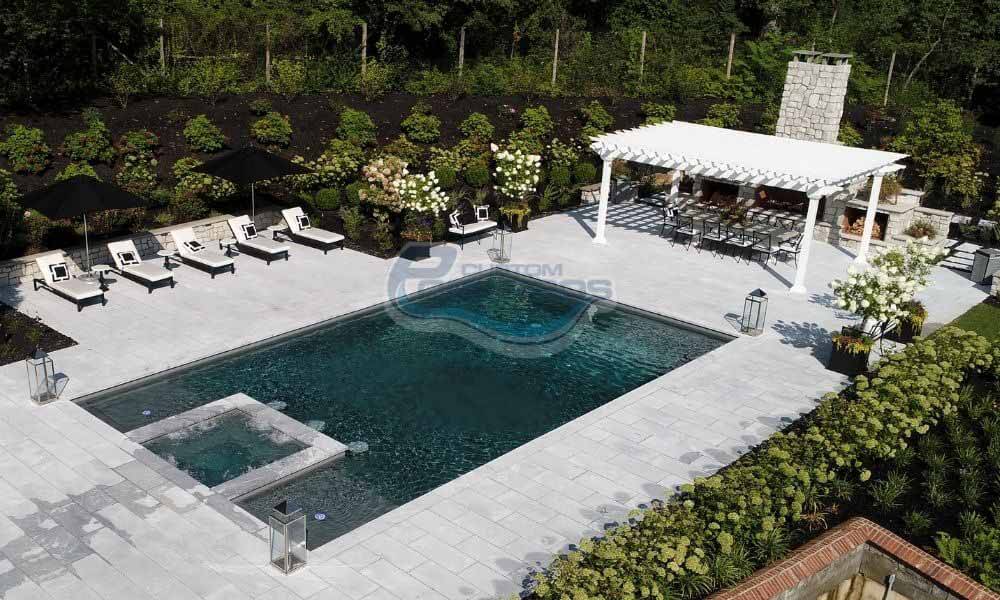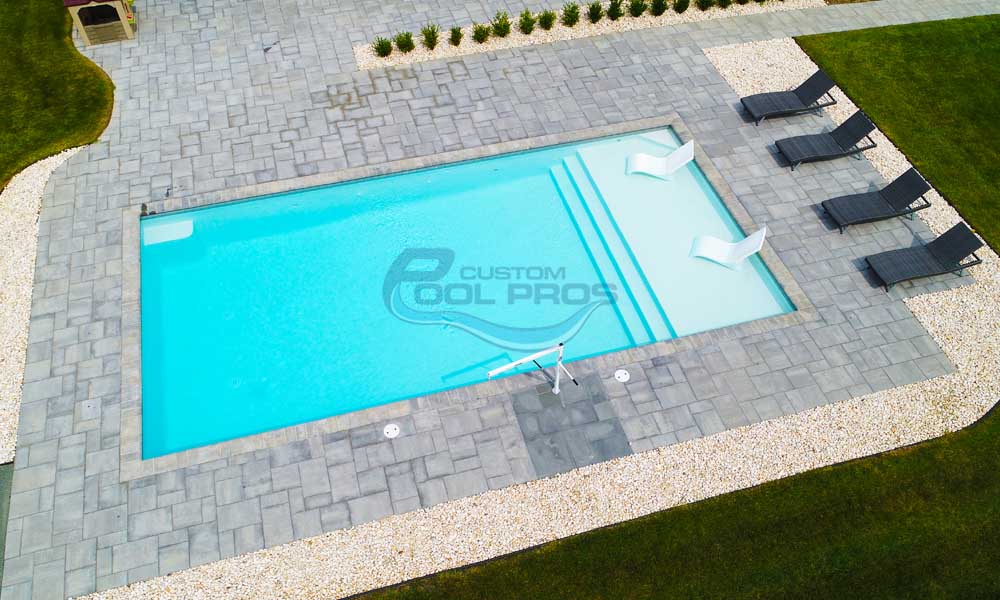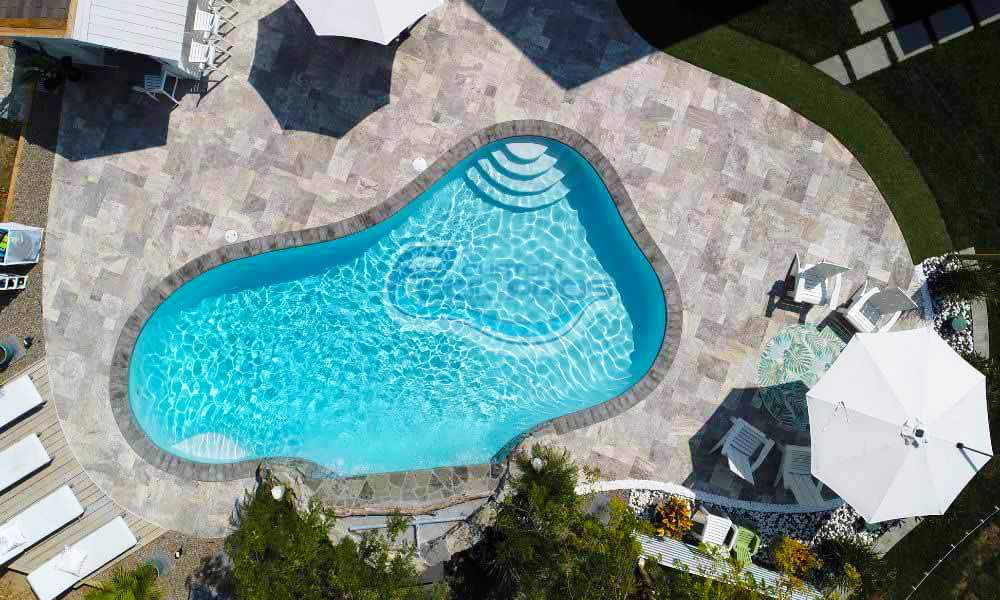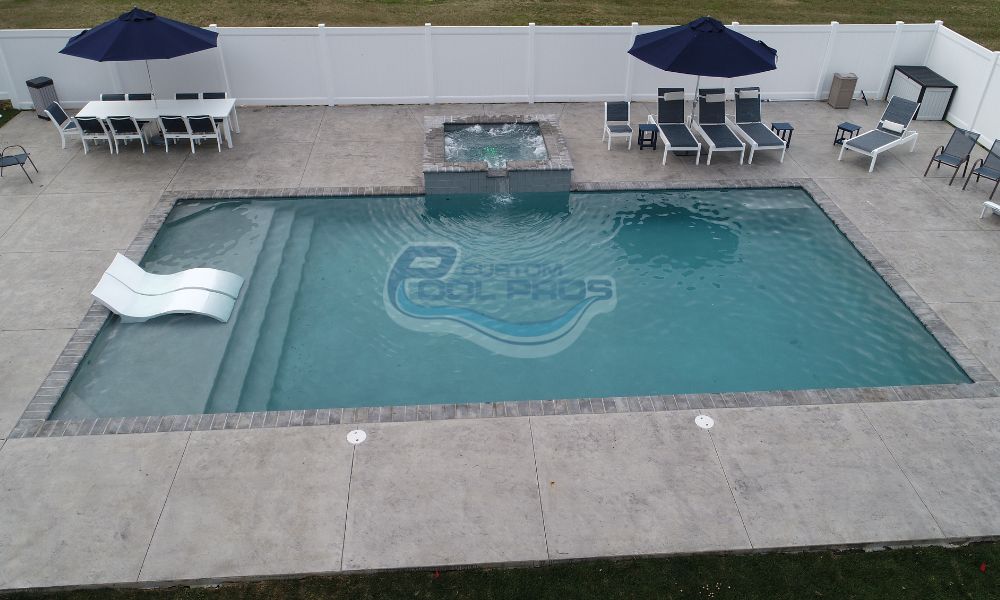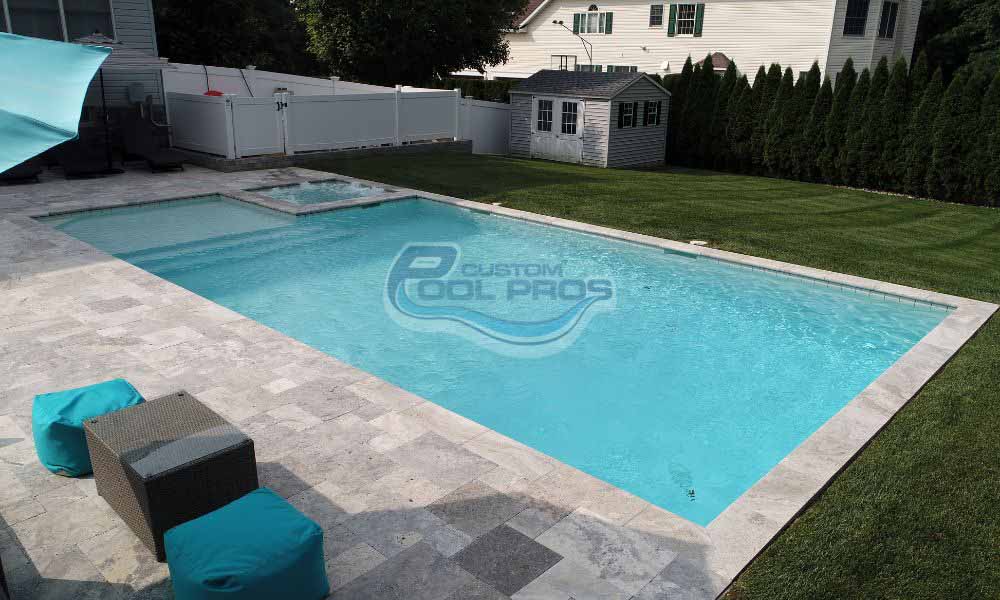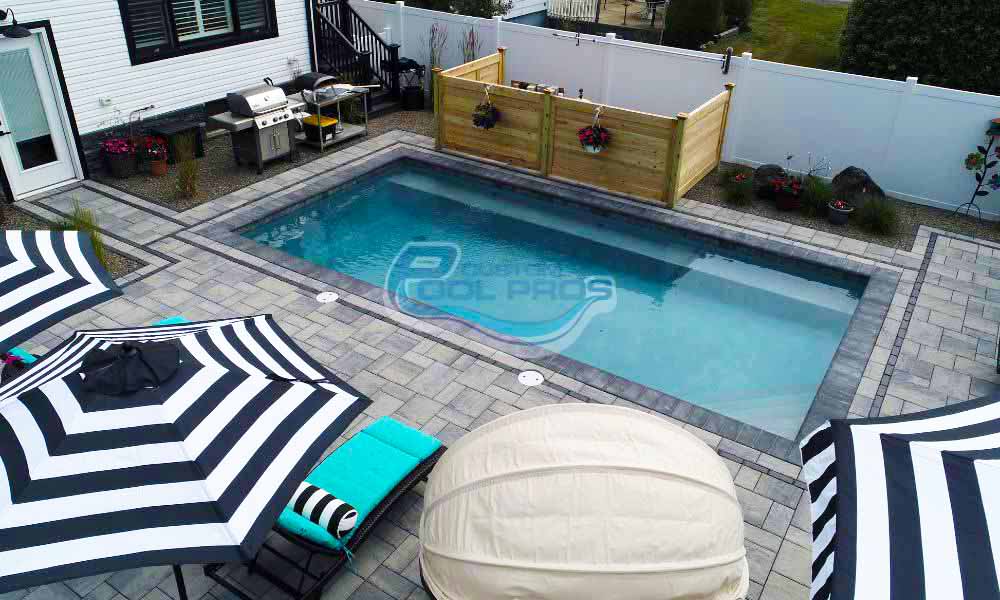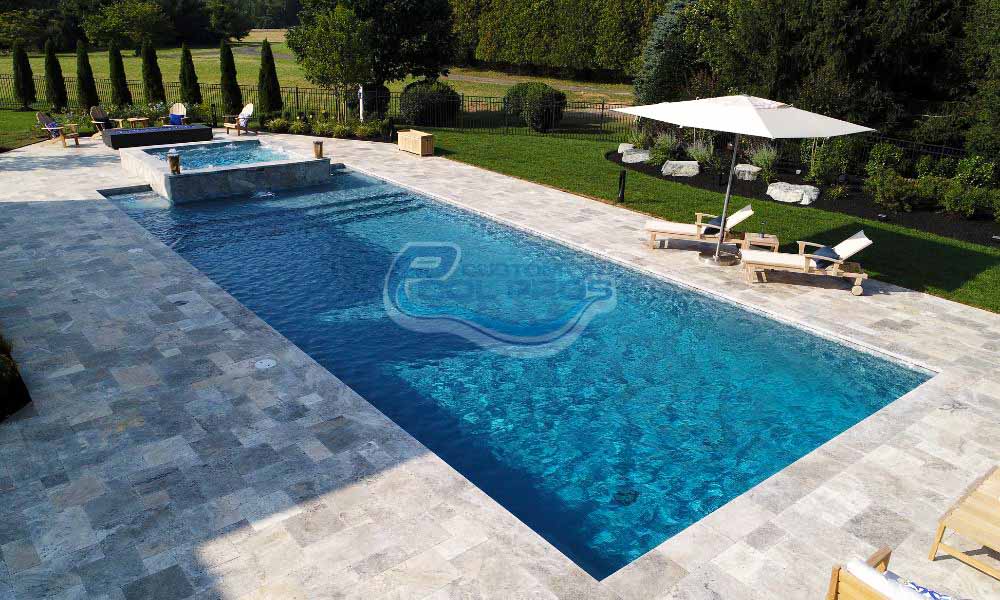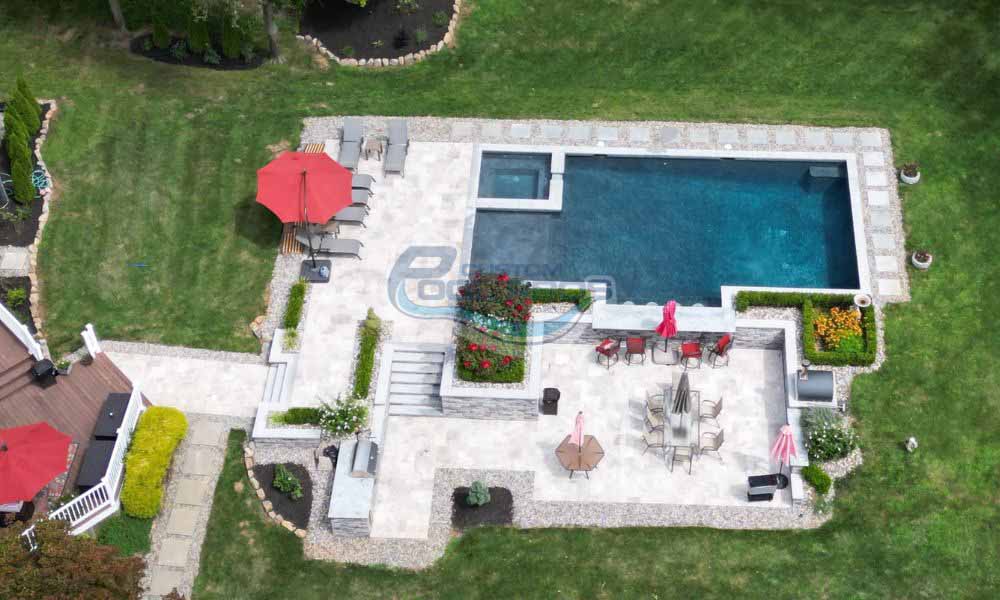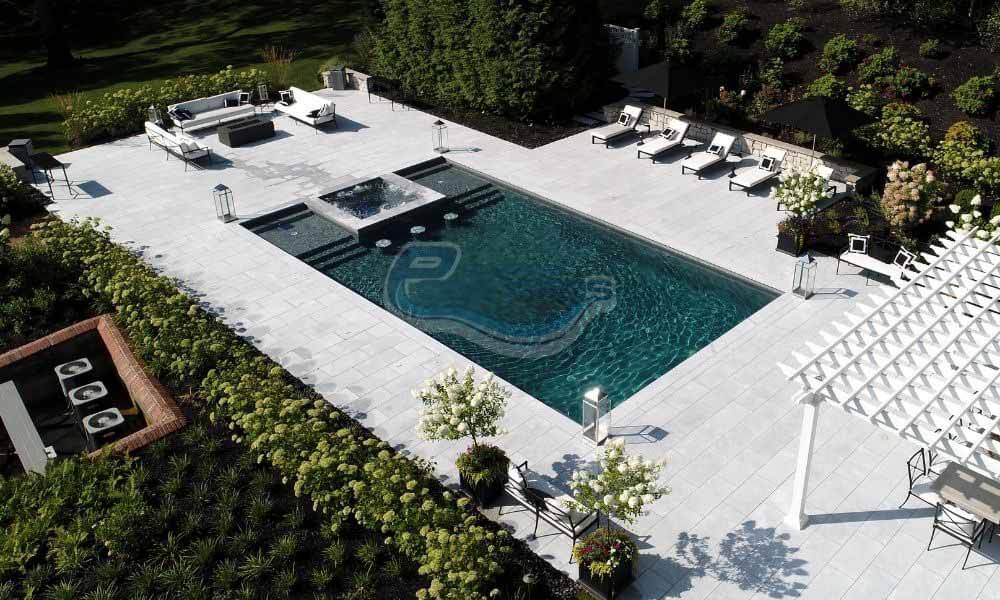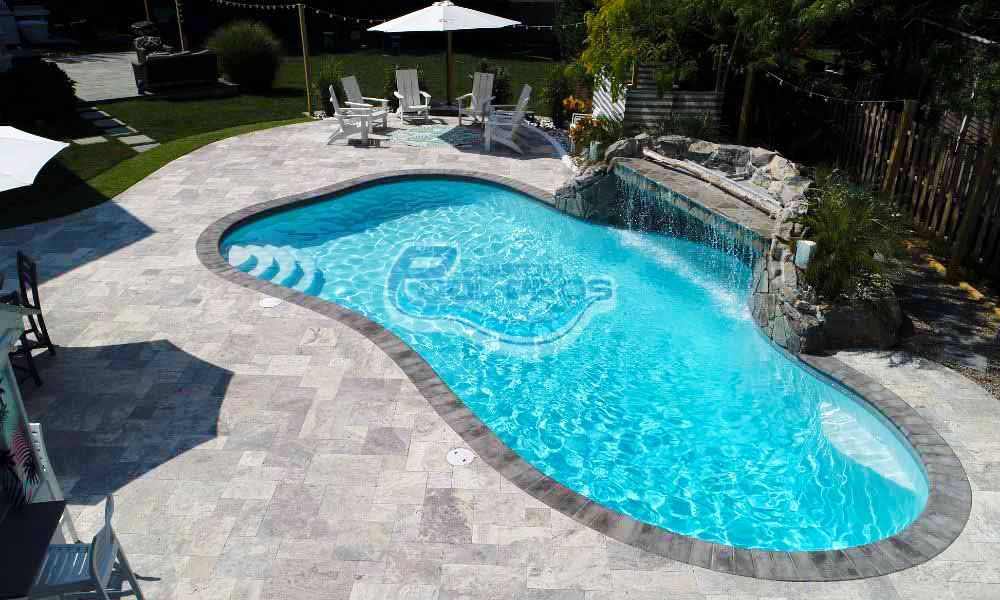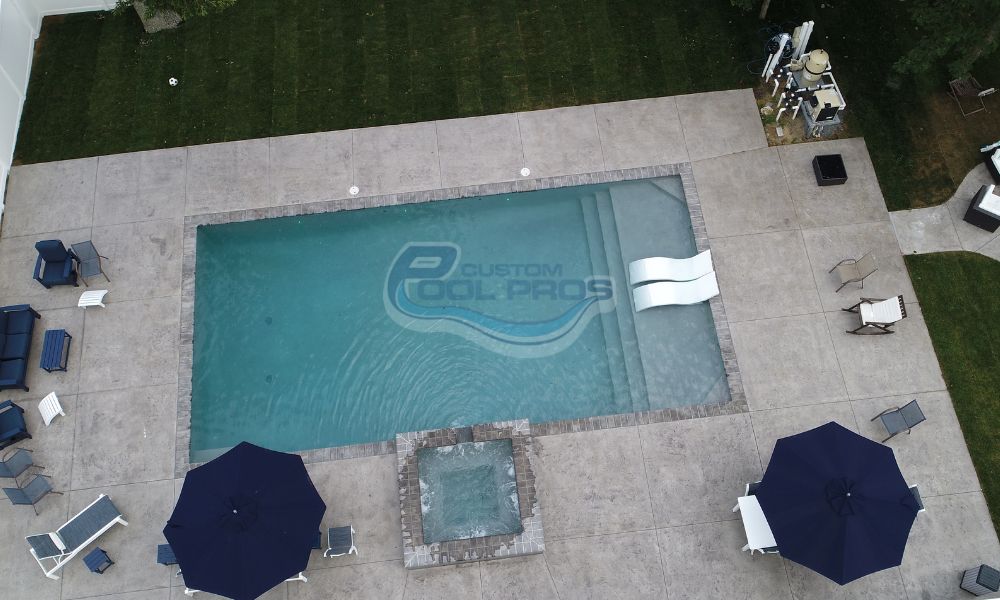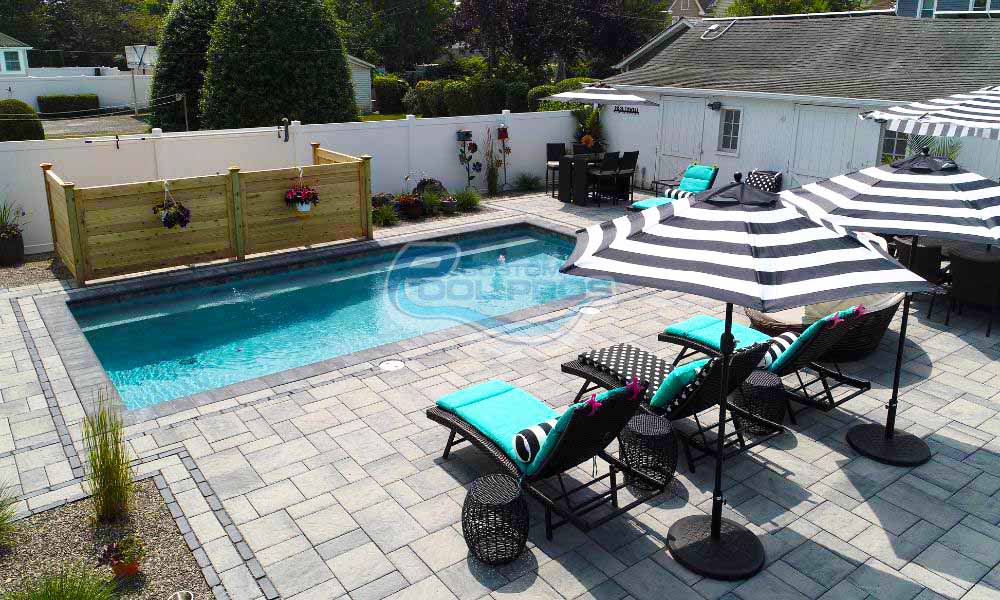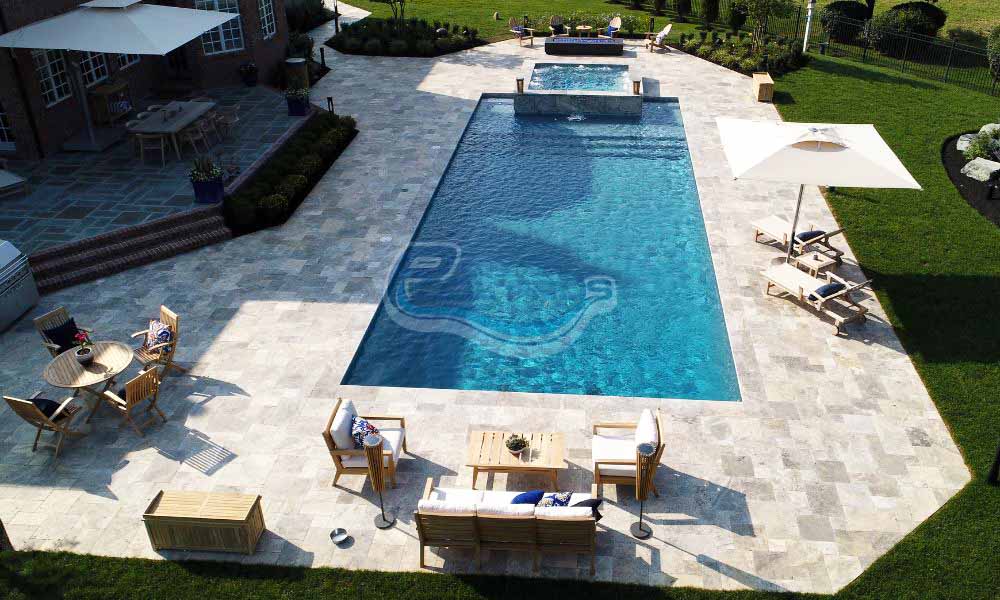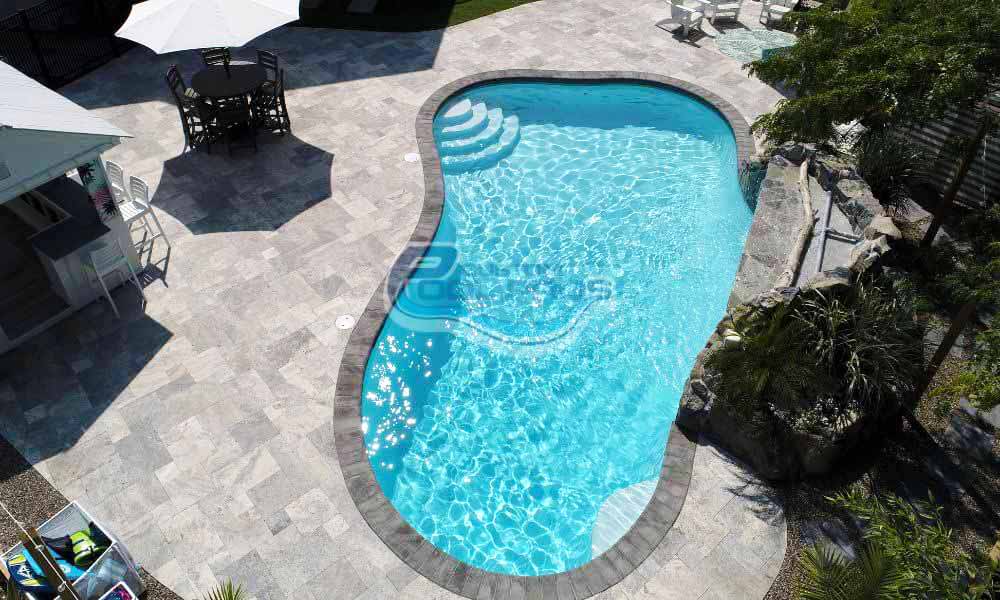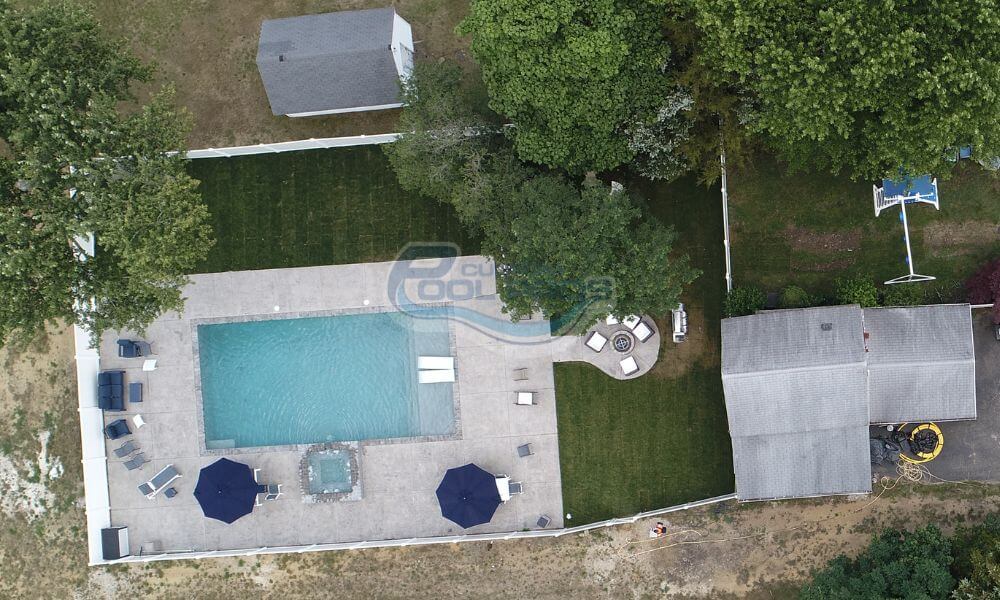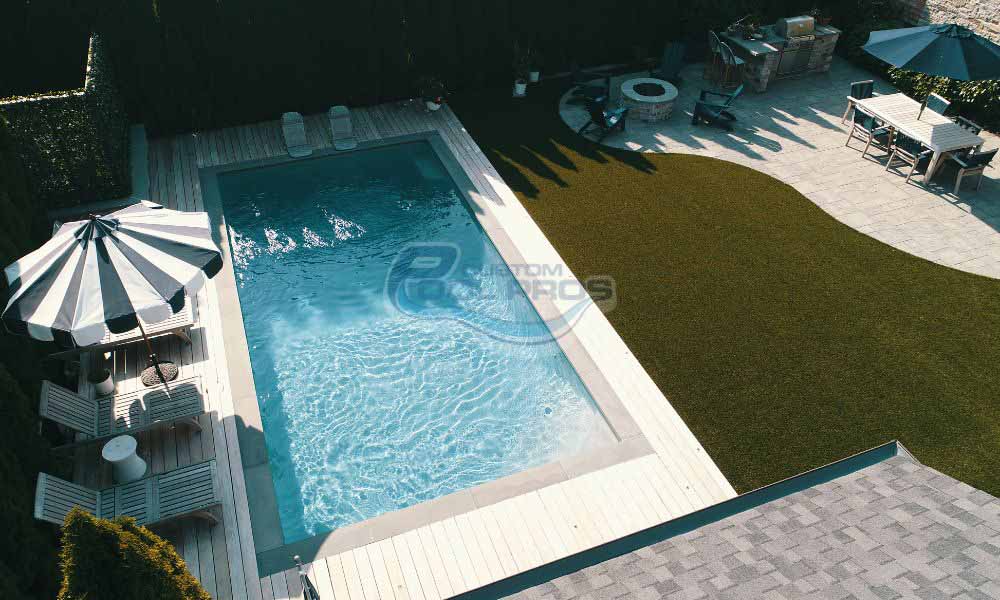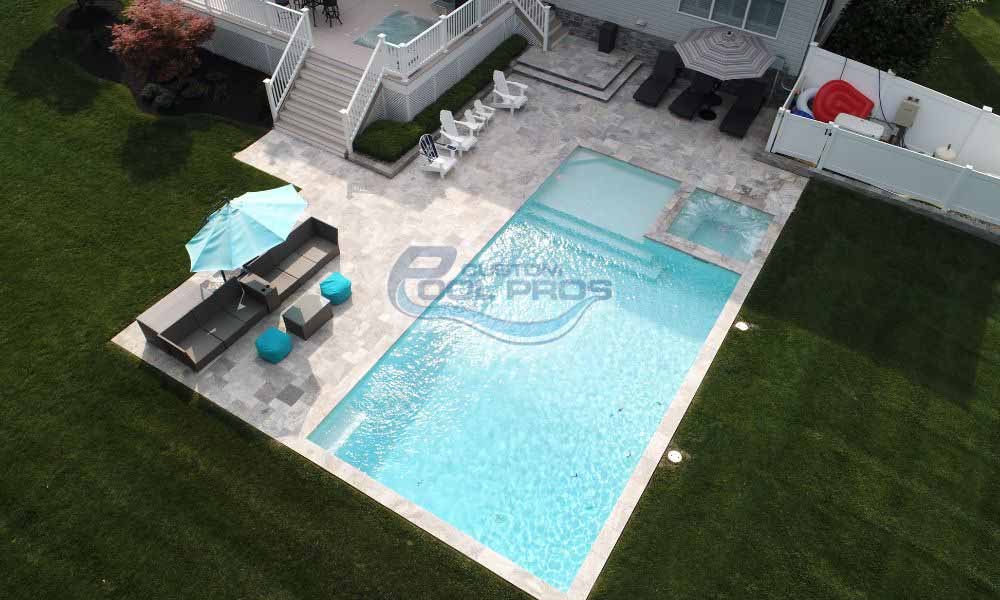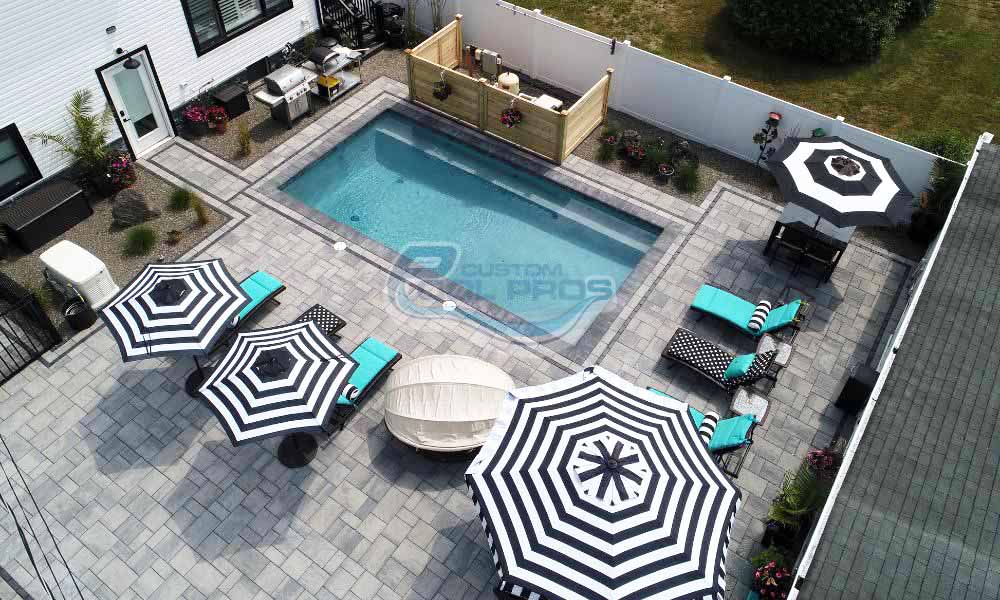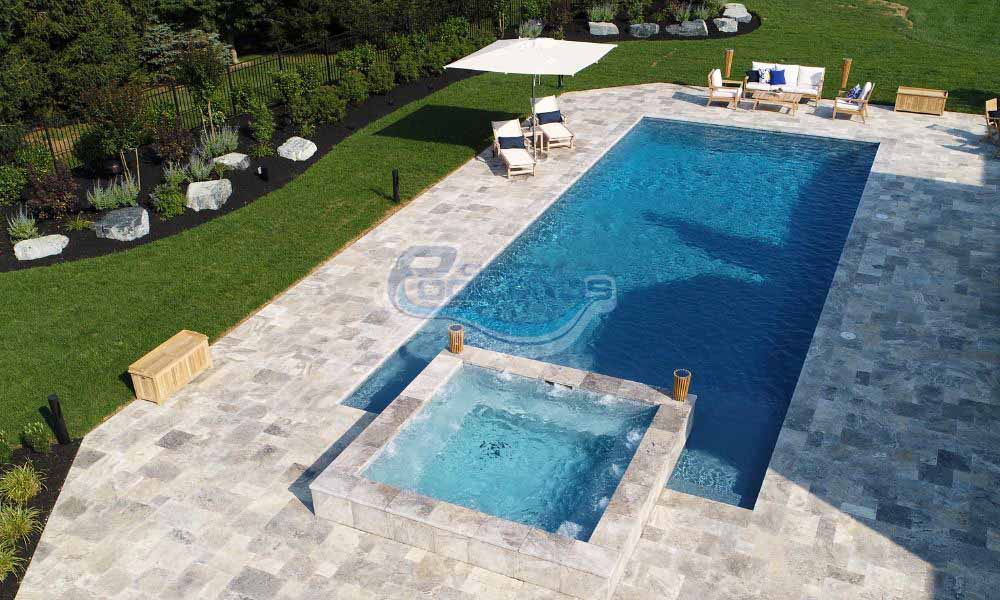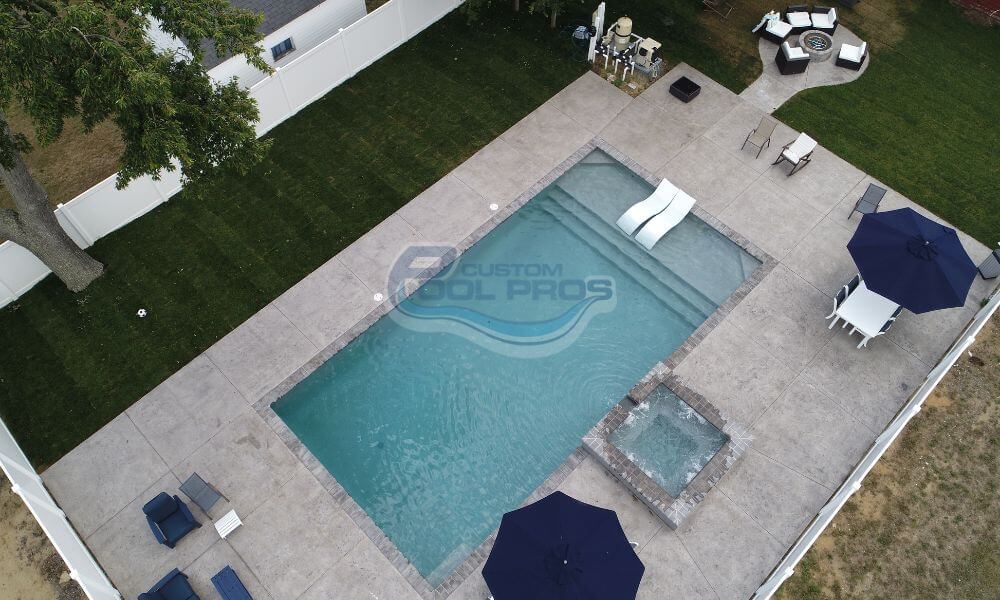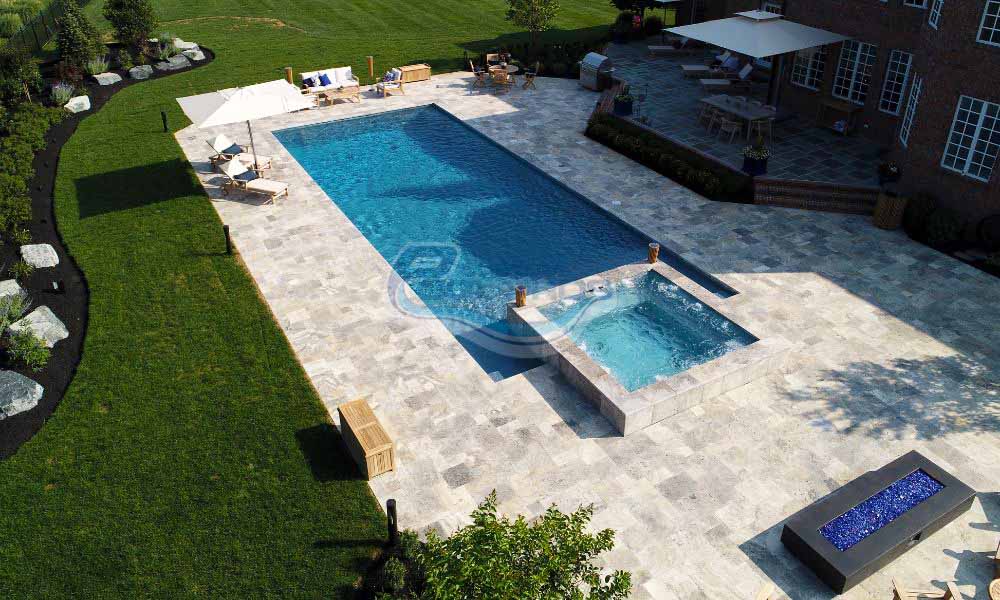Saltwater swimming pools offer a healthier alternative to traditional chlorine-based pools, providing a more enjoyable swimming experience. The water is gentler on the skin and eyes, eliminating the strong chlorine odor commonly found in traditional pools. This comprehensive guide covers everything from the generation of chlorine to the advantages of saltwater systems, offering a thorough understanding of the benefits, maintenance, and cost associated with saltwater swimming pools.
5 Key Benefits of Owning a Salt Water Swimming Pool
Lower maintenance
Saltwater pools are often considered to be lower maintenance compared to traditional chlorine pools. While they still require regular maintenance and monitoring, saltwater pools offer some advantages that can make maintenance tasks more manageable.
Softer, more comfortable water
Saltwater pools often provide a softer and more comfortable water experience compared to traditional chlorine pools. The water in saltwater pools contains dissolved salt at a lower concentration than seawater, usually around 3,000 to 4,000 parts per million (ppm). The absence of harsh chemicals like chloramines, which can cause skin and eye irritation, is another factor contributing to the perceived comfort of saltwater pools.
Lower operating costs
While saltwater pools may require a higher initial investment for the installation of a salt chlorine generator and other necessary equipment, the long-term operating costs can be reduced. The primary reason is that saltwater pools eliminate or reduce the need for regularly purchasing and adding chlorine chemicals. Instead, the salt chlorinator uses salt in the water to generate chlorine, reducing the ongoing expenses associated with chlorine maintenance.
Improved health
Saltwater pools can have potential health benefits for swimmers compared to traditional chlorine pools, including reduced chlorine exposure, improved respiratory comfort, and relaxing and therapeutic effects due to the gentler, more comfortable water. This ultimately contributes to an overall improved health status.
Eco-friendliness
Saltwater pools are often considered more eco-friendly compared to traditional chlorine pools due to reduced chemical usage, lower chemical discharge, water conservation, and overall energy efficiency. It’s worth mentioning that the production and disposal of salt and the materials used in saltwater pool systems may have environmental implications. However, when properly managed and maintained, saltwater pools can be a more sustainable and environmentally conscious choice compared to traditional chlorine pools.
Also Read: https://monmouthpoolsnj.com/what-is-the-best-type-of-inground-pool/
Salt Water Swimming Pool Maintenance and What You Need to Know
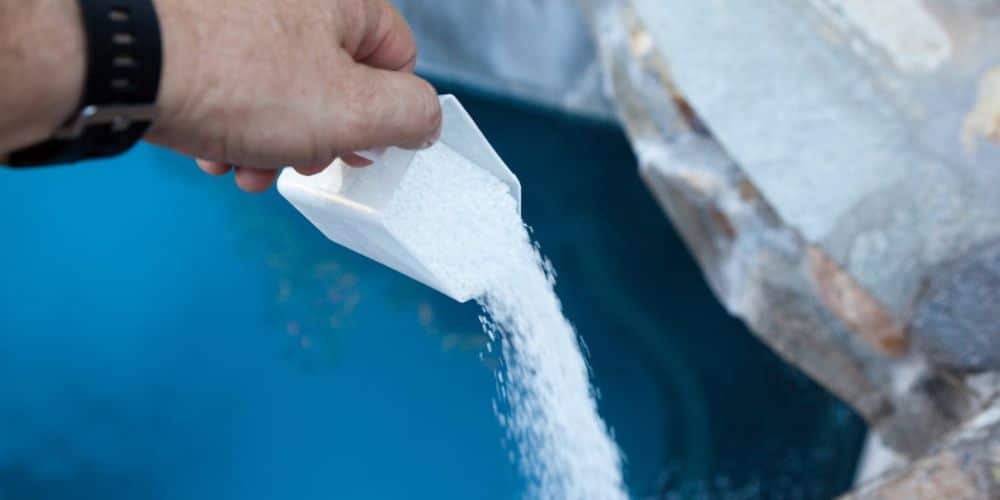
Check water balance
Checking the water balance in a saltwater pool is essential for maintaining optimal water quality. It’s crucial to test the water, adjust pH levels as needed, balance the alkalinity, monitor the calcium hardness, check salt levels, and also just perform regular maintenance duties like you would any other pool.
Monitor salt levels
As aforementioned, it’s important to check on your salt levels as part of your maintenance. Salt levels in saltwater pools should typically be maintained within the recommended range specified by the manufacturer of the salt chlorinator. Follow the guidelines provided with the salt chlorinator to adjust salt levels accordingly.
Clean pool regularly
Cleaning your pool is important regardless if you have a saltwater pool or not. Regularly check the water balance to ensure it remains within the appropriate range. Monitor the water clarity, check for any signs of algae or scaling, and address any issues promptly.
Inspect pool equipment
Inspecting and cleaning your equipment means cleaning the skimmer and emptying the pump basket. Keeping these clean and in good, working shape will make your regular maintenance that much easier.
Schedule regular professional maintenance
Having a professional come in after your salt water pool installation and take a look at your setup every once in a while doesn’t hurt—just to make sure you’re staying on top of everything that needs regular maintenance.
The Cost of a Saltwater Swimming Pool: Is it worth it?
Initial Cost
Converting a chlorine pool to a saltwater can involve significant costs, typically amounting to several thousand dollars. The expense of initial saltwater pool cost encompasses the purchase of a saltwater generator and the necessary installation labor. This conversion eliminates the ongoing expense of purchasing chlorine.
Lower Chemical Costs
While the initial conversion to a saltwater may involve higher upfront costs, the ongoing expenses for chemicals can be reduced. In a saltwater pool, the salt chlorinator converts salt into chlorine, eliminating or reducing the need for regular purchases of chlorine chemicals. This can result in long-term savings as you won’t have to buy chlorine tablets, liquid chlorine, or chlorine shock treatments on a regular basis.
Lower Maintenance
Saltwater pools can provide the advantage of lower maintenance costs compared to traditional chlorine pools. With a salt chlorinator generating chlorine from salt, you can save on regular purchases of chlorine chemicals. The more stable chlorine levels in saltwater pools also reduce the need for frequent adjustments and monitoring.
Comfort
The lower salt concentration contributes to a softer feel on the skin and reduces the likelihood of skin and eye irritation often caused by chloramines found in chlorine pools. The absence of these harsh chemicals enhances the overall comfort and enjoyment of swimming in saltwater pools.
Environmental Impact
Saltwater pools are eco-friendly with reduced chemical usage, lower discharge, water conservation, and energy efficiency. Proper management and maintenance are crucial to mitigate environmental implications from salt production and materials used. Saltwater pools offer a sustainable and environmentally conscious alternative to traditional chlorine pools.
Conclusion
Salt water pools provide a convenient and effective solution for maintaining clean and sanitized water. With advantages such as softer water, lower maintenance costs, and potential health benefits, they have become a popular choice among individuals seeking an alternative to traditional chlorine pools. Understanding the operation and benefits of saltwater pools can offer valuable insights into their appeal and why they are gaining popularity in the pool industry. Custom Pool Pros is one of the best salt water pool contractors in the NJ region. We can install a pool of your choice and liking: just share with us your expectations. Contact us today for an unbiased consultation.



